In recent years, the term "BIPOC" has circulated on social media and news sources. Many are familiar with the term POC, which stands for "people of color", but BIPOC is an update that focuses on nuanced human experience. Rather than grouping all colored folks as one figurative blob, it aims to highlight Black and Indigenous communities.
What does BIPOC stand for?
Previously, POC was a general term referring to anyone who was not white. But considering the tumultuous racial history the Black, African and Indigenous populations have faced in the U.S. (and across the globe), this term has lost some of its potency. It glosses over each ethnicities' varying struggles.
BIPOC stands for "Black, Indigenous and people of color" and is pronounced like "buy pock" rather than each letter being said individually. Its purpose is to bring attention to Black and Indigenous struggle, rather than grouping all people of color into umbrella terms such as "marginalized" or "minority," which can undermine the significance of individual racial identity.
The term “minority” can be problematic beyond its generalization of multiple communities into one blanket term, as non-white people actually compose a majority of the world’s population. Soon, non-white people will be the majority in the United States, as well. Deeming non-white communities the “minority” can be used as an oppressive tool that creates a comparative mentality in which non-white people are disempowered in contrast to the “majority.” It presents whiteness as the default and otherizes non-white people in the process. For this reason and many others, terms like “minority” and “marginalized” are increasingly being replaced with the term “BIPOC,” which can describe many groups without undermining their individual identities or adding to their struggles.
Let's break down who Black, Indigenous and people of color refer to.
Black
There is a significant difference between Black and African experiences in American and in many other countries. Black Americans refer to people of African or Caribbean descent whose ancestry typically began through way of slavery. After multiple generations, many Black individuals do not identify as African, or may have Caribbean roots.
Beyond that, African-American is a nation-specific term. There are many Black individuals in America who are not American citizens or whose families recently moved to America from other countries. For example, referring to a Black Canadian person as African-American simply because they’re currently living in the United States would be inaccurate.
Further, some African Americans may identify specifically with their mother country, such as "Nigerian American" or "Egyptian American." Regardless, "African" and "Black" are not always interchangeable terms, and it is best practice to refer to each individual's identity preference.
Indigenous
Across the globe, the term "Indigenous" refers to the populations that are native to the land. In the U.S., the term "natives" is frequently used to describe the inhabiting peoples pre-colonization. Other countries may have different terms such as First Nations, Native Americans or Aboriginals — all of these are "autochthonous" populations, or descendants of natives rather than migrants or colonists.
The U.S. alone recognizes over 550 native nations, so when interacting or mentioning an individual or specific group, resort to their specific tribe name. Again, it is good practice to use human-first language.
People of Color
Generally, people of color refers to any race that is not white. This includes people who identify as having heritage or are directly from the following geographic areas:
- India
- East Asia
- Mexico
- Hawaii and Pacific Islands
- The Philippines
These communities have faced their struggles against white supremacy throughout history, notably Japanese Americans during World War II and currently, racially-motivated violence against Asian Americans during the COVID pandemic.
When did BIPOC Begin and Why is BIPOC Important?
After multiple instances of police brutality and the wrongful killings of Black men, such as Eric Garner in 2014 and Philando Castile in 2016, the term BIPOC was used to highlight the ongoing racial inequity issues such as police brutality events towards Black people. In 2020, it garnered more popularity on social media.
The term BIPOC is important to the Black and Indigenous communities because their struggles are rooted heavily in genocide and slavery, and continue to have repercussions to present day. These racial issues are systemic and vastly differ from other POC experiences. Indigenous folks face identity erasure while Black and African Americans undergo systemic violence.
Transgender BIPOC and Their Struggles
The BIPOC struggles intersect with the LGBTQ+ community heavily. Among oppressed groups, transgender BIPOC face a multitude of violence, both racially and transphobically motivated. For trans folks who transition from male to female (or MTF), their female gender is yet another discrimination factor.
These compounding transgressions directly put trans BIPOC in danger — these cause mental, physical and emotional suffering at disproportionate rates compared to others in their BIPOC and gay communities. According to studies, Black transgender people have a 26% unemployment rate, which is twice as high compared to trans folks of other races and backgrounds. Even worse, compared to the general population, it was four times as high!
In regards to other inequity issues, 41% of trans Black folks have experienced homelessness, which is five times more than the general population, and have a less than $10,000 household incomes, which is eight times higher. Reportedly, almost half of the black trans community has attempted suicide, while black trans women are more frequently targeted for transphobic-motivated murder.
Intersectionality refers to the interconnected nature of these and other social categories like class overlapping within an individual or a group. It was created in the late 1980s by professor Kimberlé Crenshaw to explore inequality's structural and systemic realities as a part of critical race theory. Kimberlé first used the term to describe the intersection of race and gender in Black women, explaining that single-issue analysis of discrimination was flawed and advocating for Black women to be considered a separate protected legal class.
While intersectional designations still have not been added as protected classes under federal law, the term “intersectionality” skyrocketed in popularity in 2015 after being added to the Oxford English Dictionary, then continued its ascent during the 2017 Women’s March. Its goal is to remove existing power structures to create an equal playing field for all people, regardless of race, class, gender, sexuality, or disability.
Overall, Black trans lives matter and are crucial to the BIPOC conversation. Spreading awareness to the struggles they face daily is pivotal in advancing racial justice, a goal multiple organizations aim to do. You can display your pride as a trans individual by hanging a flag in your own home.
Let's amplify these wonderful organizations committed to fighting for racial equity and justice across the country.
Equity in the Center
Founded in 1993 in Minnesota, this organization offers training, networking and cultural resources to offer platforms for BIPOC cultures to share their experiences and stories. Their equity consultants work with organizational leaders to regard and support their employees as individuals with varied racial backgrounds and struggles. Equity in the center helps nonprofit and philanthropic organizations proactively combat social inequities.
Voices for Racial Justice
Launched in 2016, Voices for Racial Justice's goal is to build a "race equity culture" in organizations. Their approach includes organizing trainings, community events, culture-focused publications and diversity resources.
The BIPOC Project
Founded by Merle McGee and Fiona Kanagasingam, the BIPOC Project focuses on amplifying BIPOC voices by promoting solidarity among all communities. They offer workshops and a platform for these communities to share their stories, moving the focus away from "dominant" white supremacist and colonization perspectives.
The Equal Justice Initiative
The Equal Justice Initiative was founded by Bryan Stevenson, an acclaimed public interest lawyer who has won reversals, relief, or release for over 135 wrongly condemned death row prisoners. EJI works towards ending excessive punishment and mass incarceration in America, protecting human rights, and pursuing economic and racial justice for communities that have been discouraged by unequal treatment. EJI assists policymakers and advocates in their criminal justice reform work, publishes educational materials, and tours the country to educate the public about racial injustice.
Rainbow/PUSH Coalition
The National Rainbow/PUSH Coalition (RPC) was founded in 1996 by Rev. Jesse L. Jackson, Sr. as a multiracial, multi-issue international social organization. RPC has saved over 4000 families from losing their homes, provided over 1,500 coding, robotics, and aviation scholarships to at-risk youths, created 500 jobs for BIPOC workers in the gas and automotive industries, and has paid over 6.3 million dollars in college scholarships. Its mission is to level the economic and educational playing fields to defend and gain civil rights in America and worldwide.
Key Takeaways
"POC" has become an outdated term that fails to distinguish the individual racial struggles Black, Indigenous and people of color have faced throughout history. The fight for racial equity is an intersectional one and coincides with the LGBTQ+ community. Black trans folx face further systemic discrimination and violence.
You can show your intersectional support and pride for the BIPOC queer community by proudly waving the Intersectional Pride Flag from your window or on your wall. Continue to learn and read about Black history and Indigenous stories and support organizations that tirelessly fight for racial equity.
Sources
https://www.healthline.com/health/bipoc-meaning

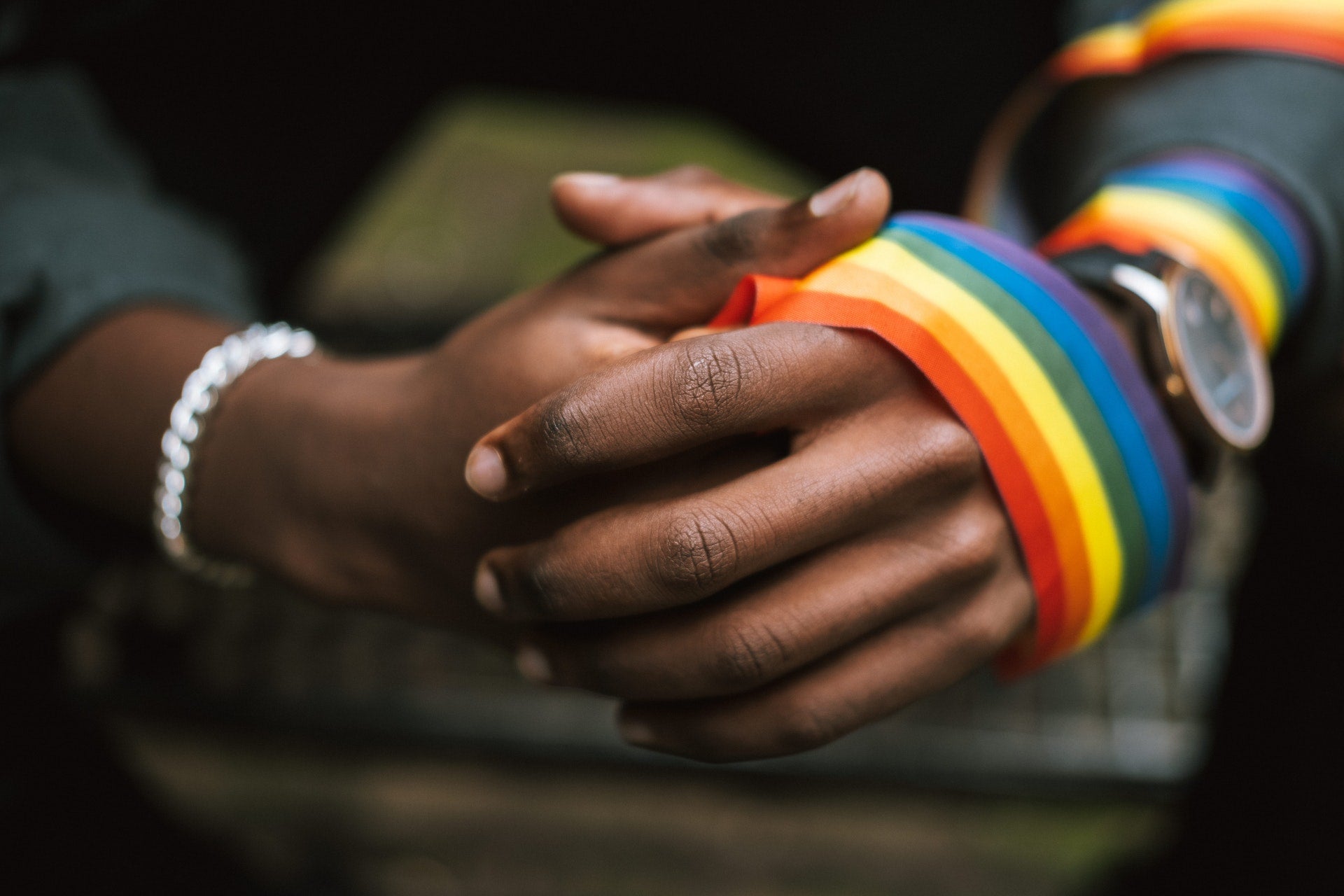
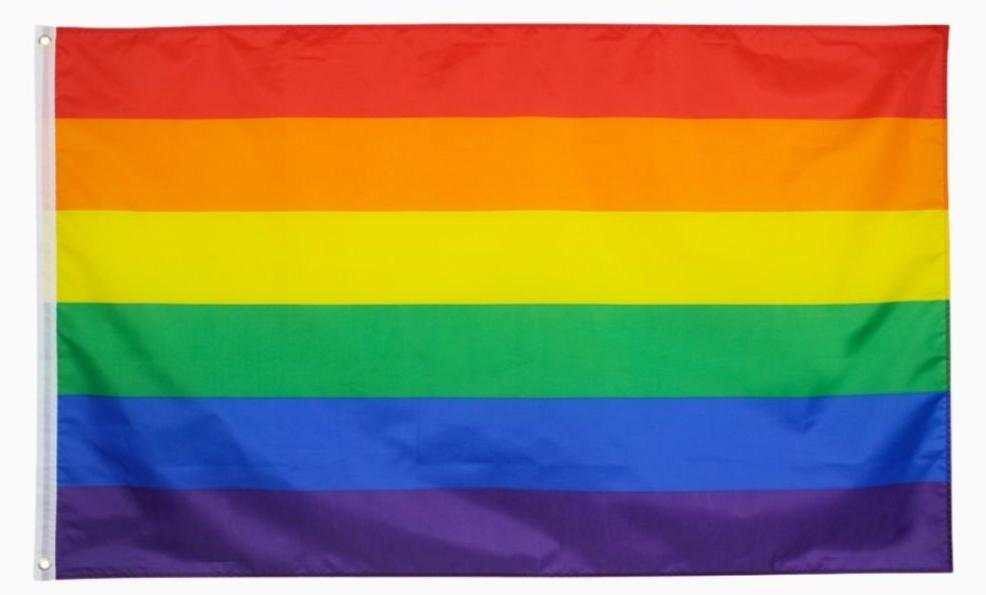
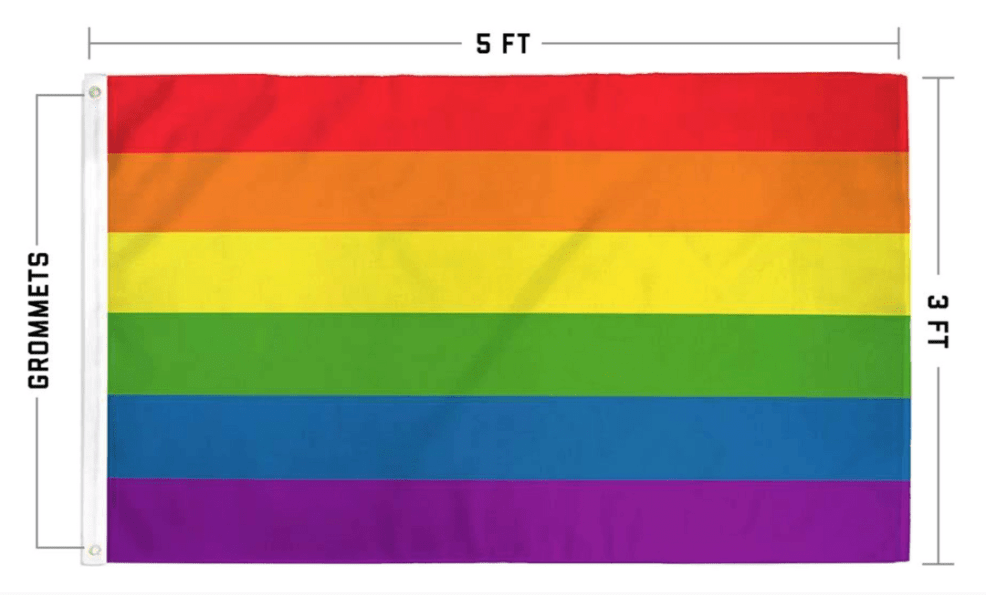
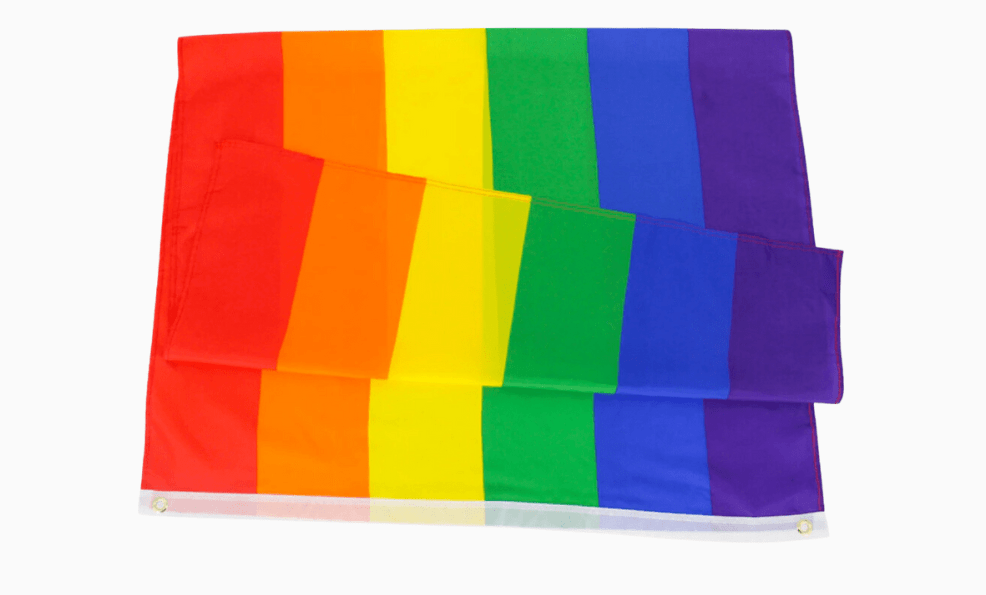
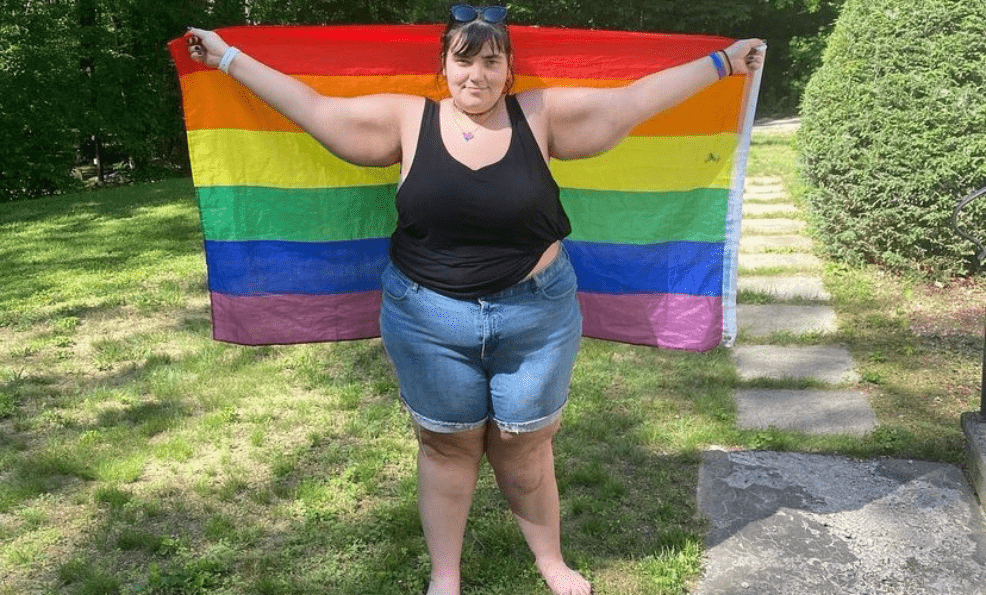
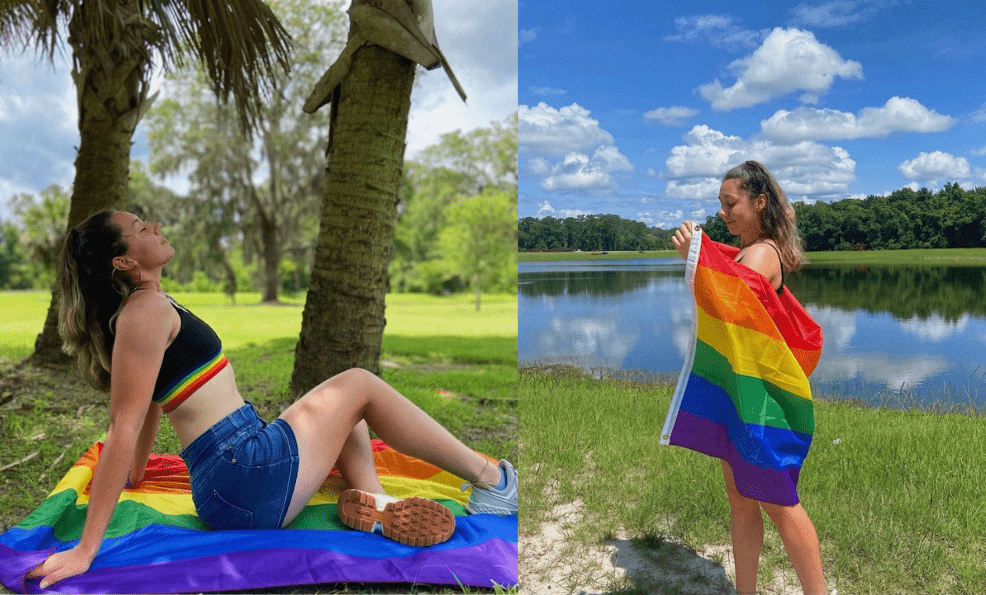
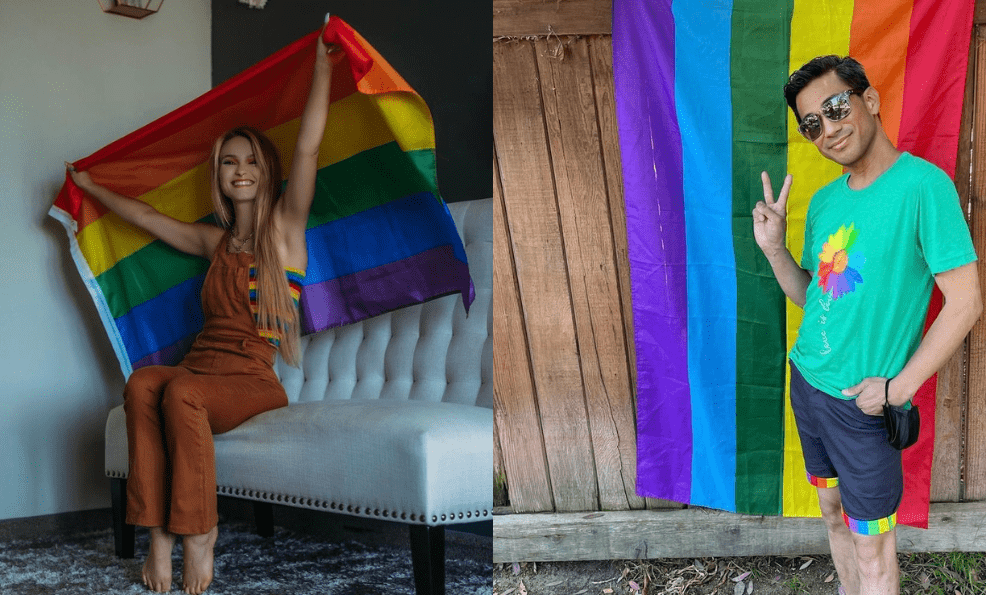
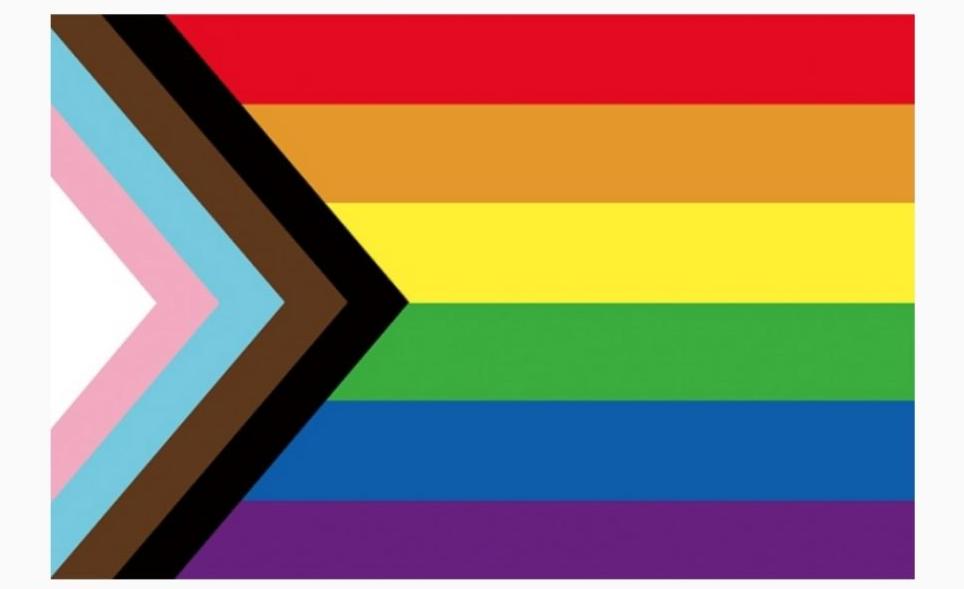
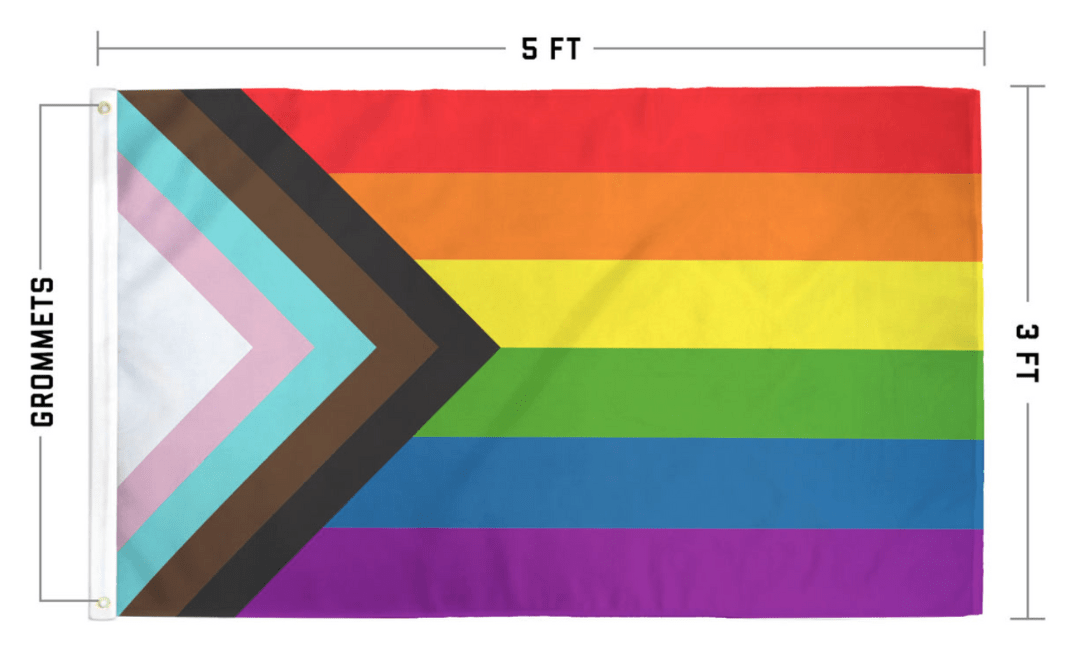
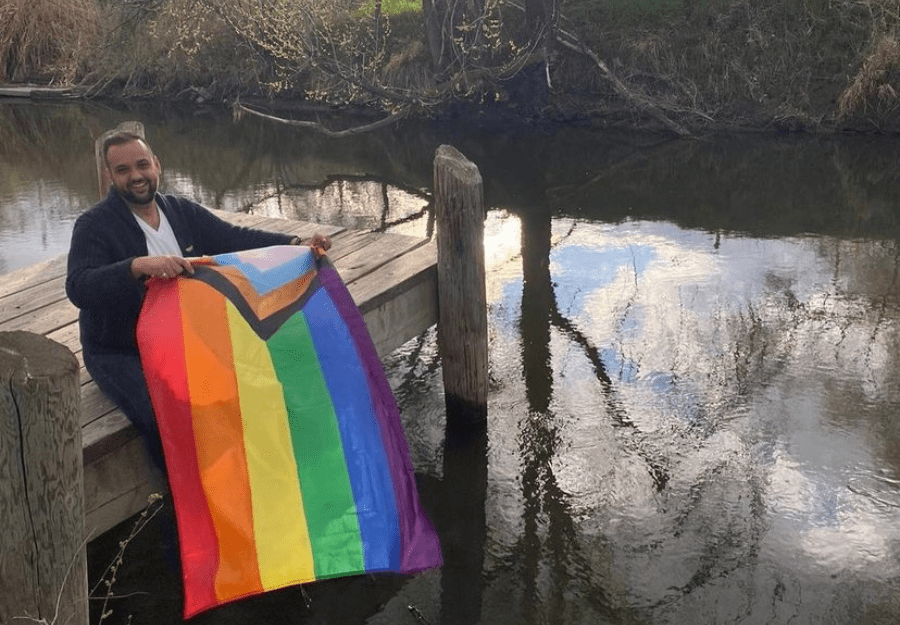
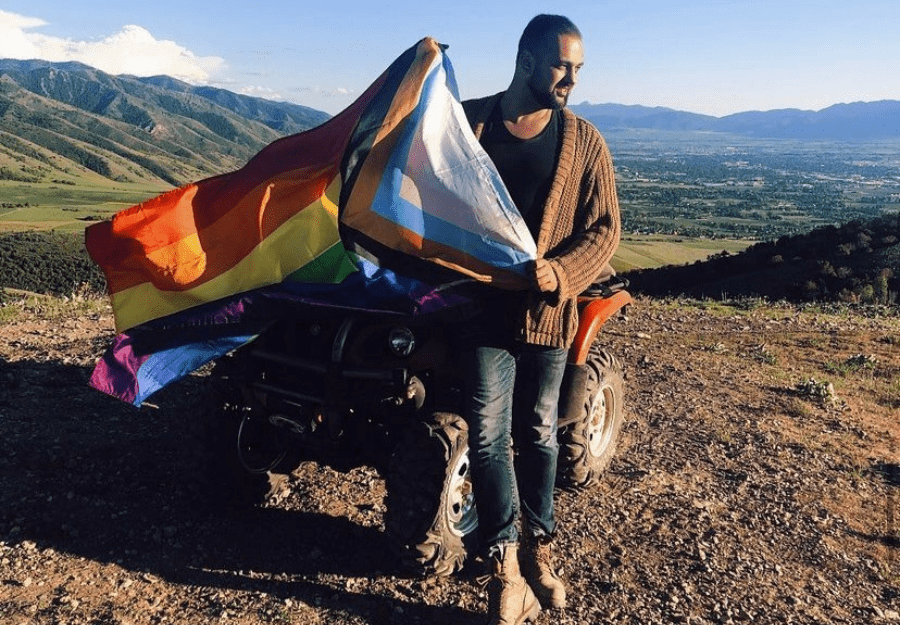
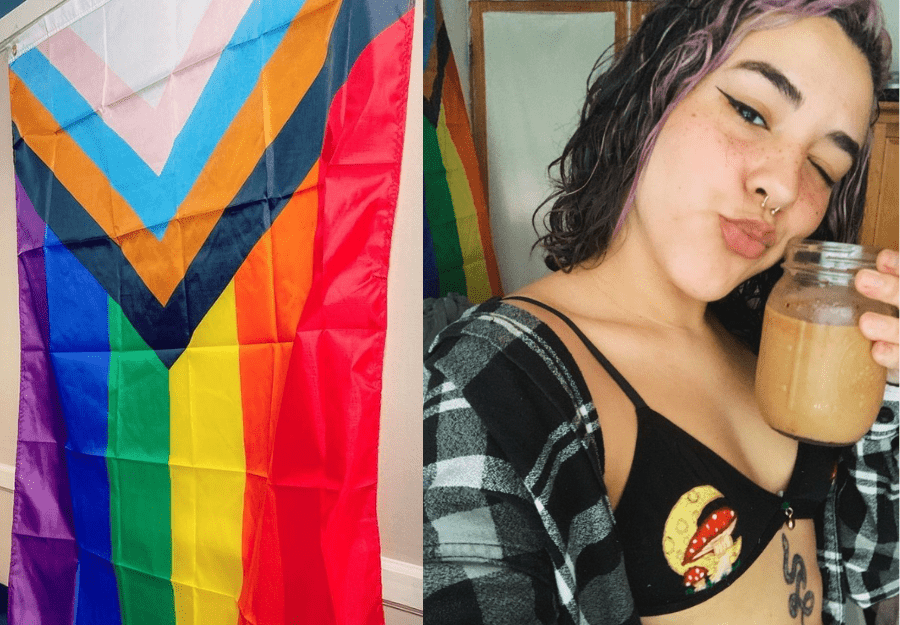
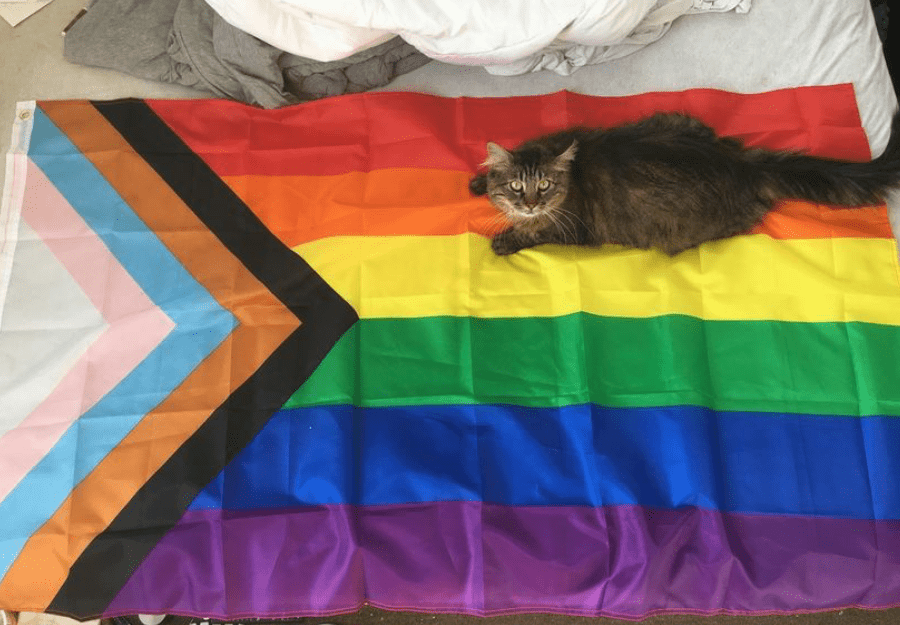
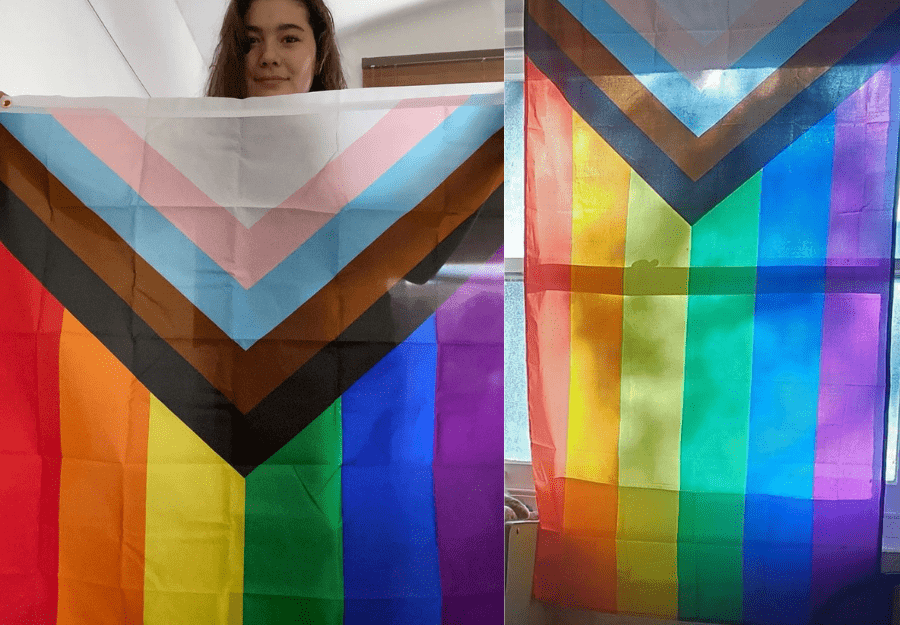
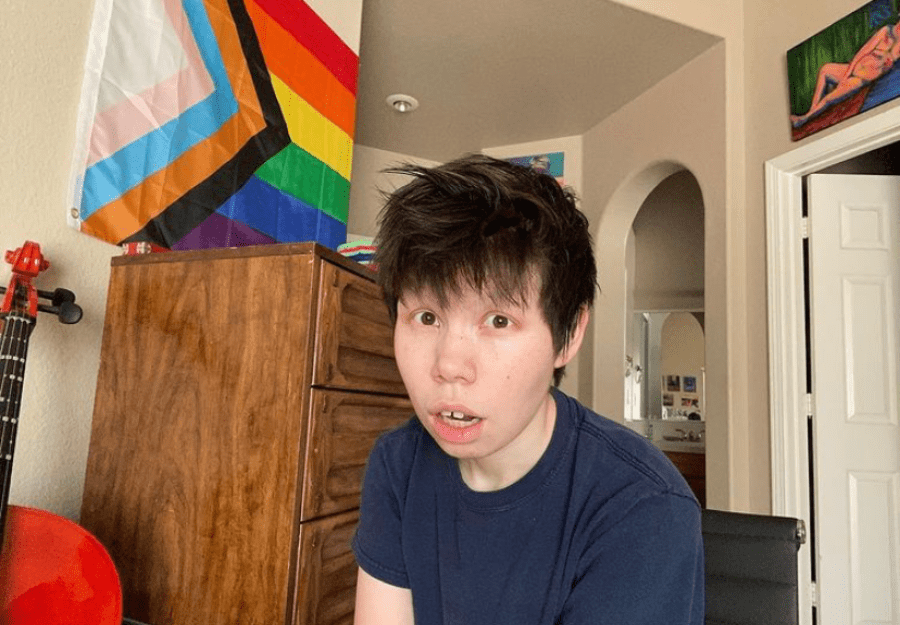
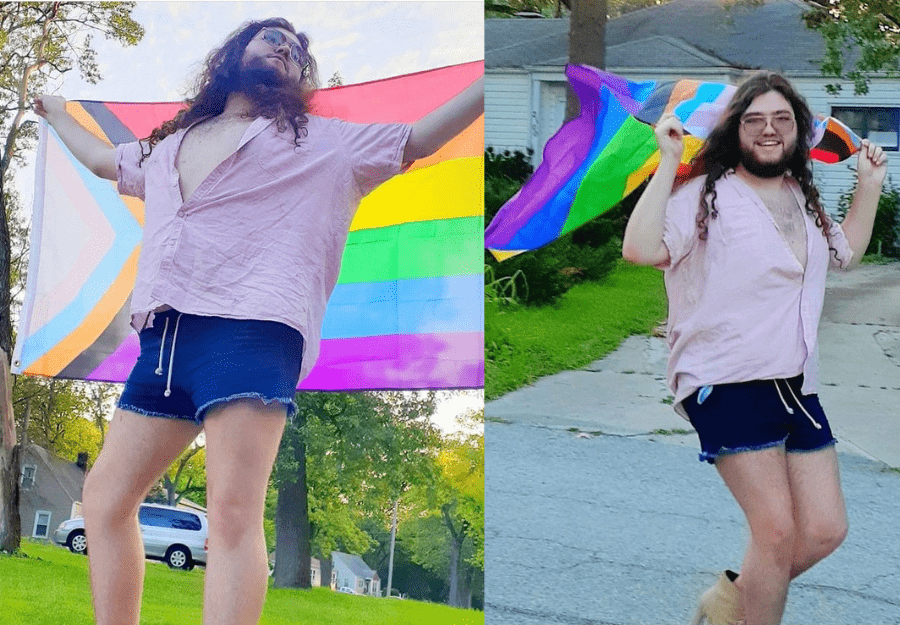
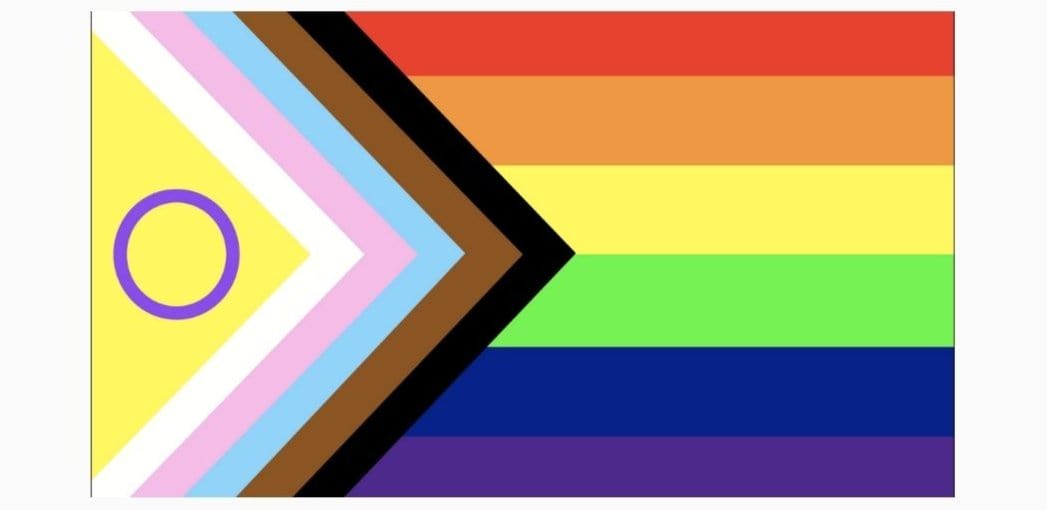
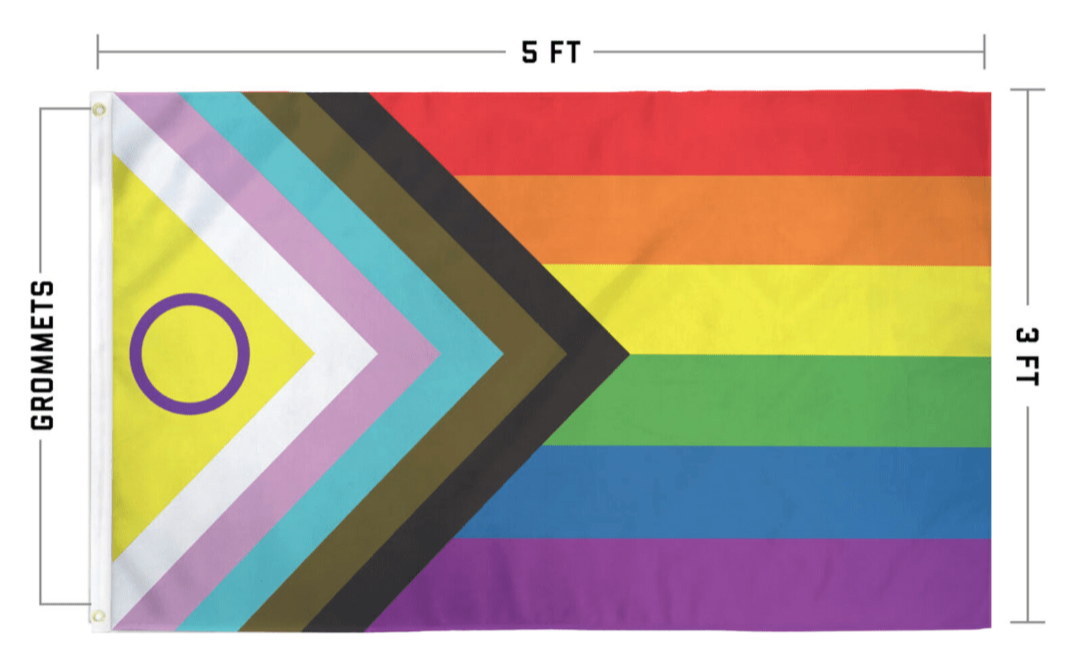
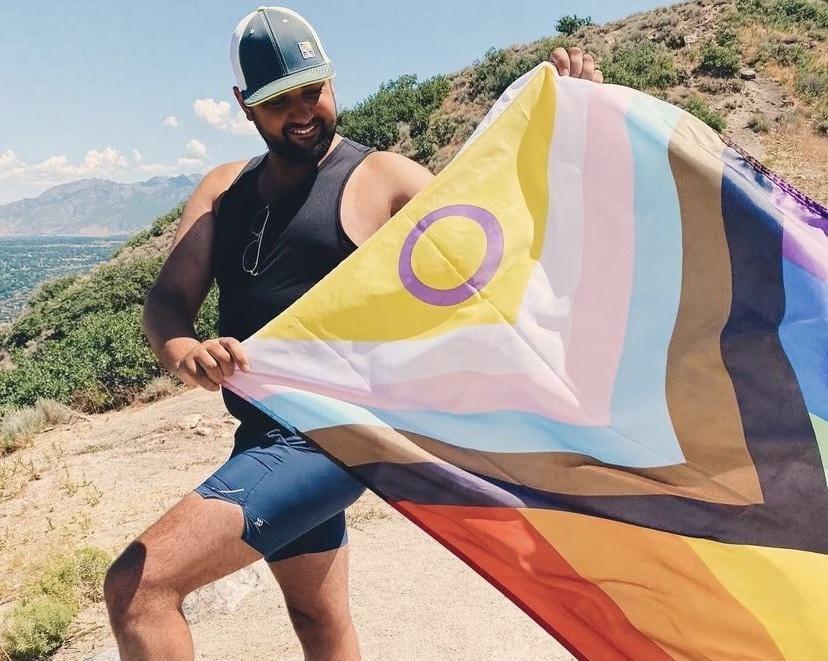
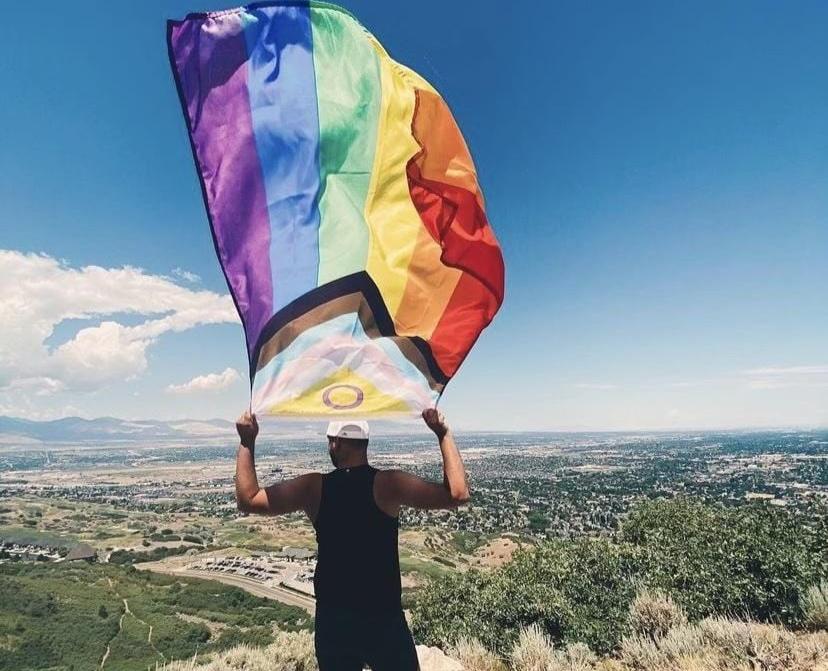
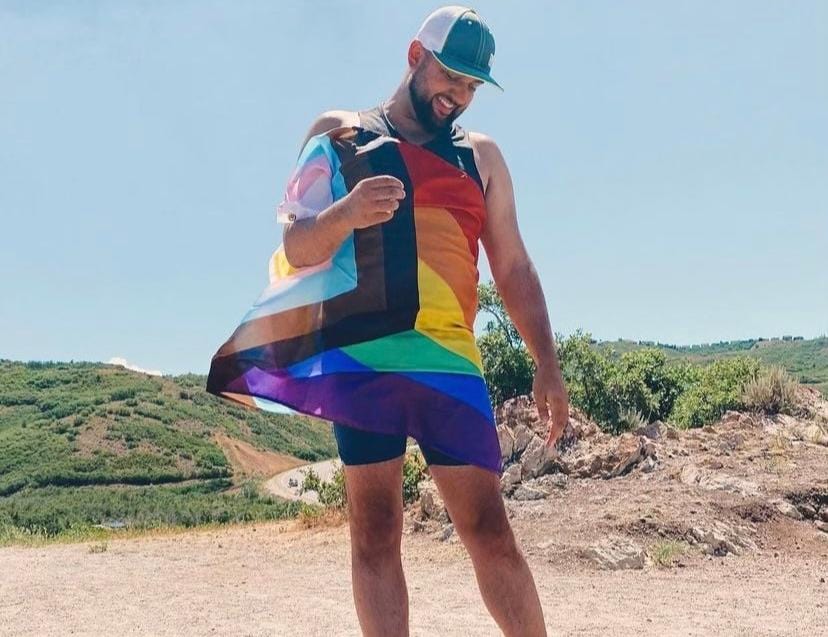
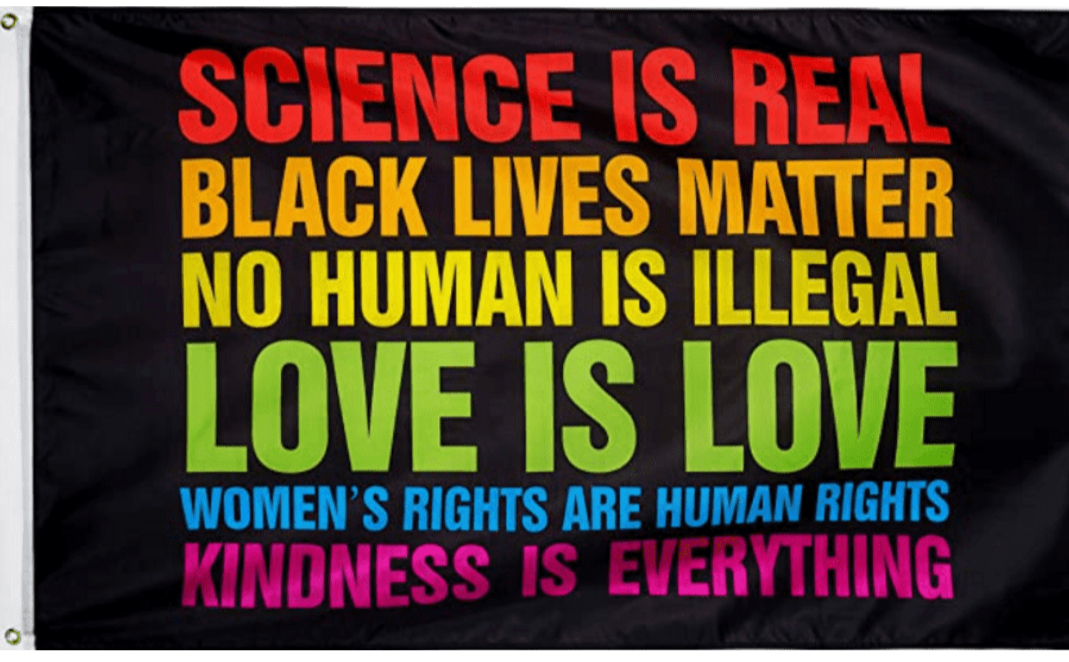
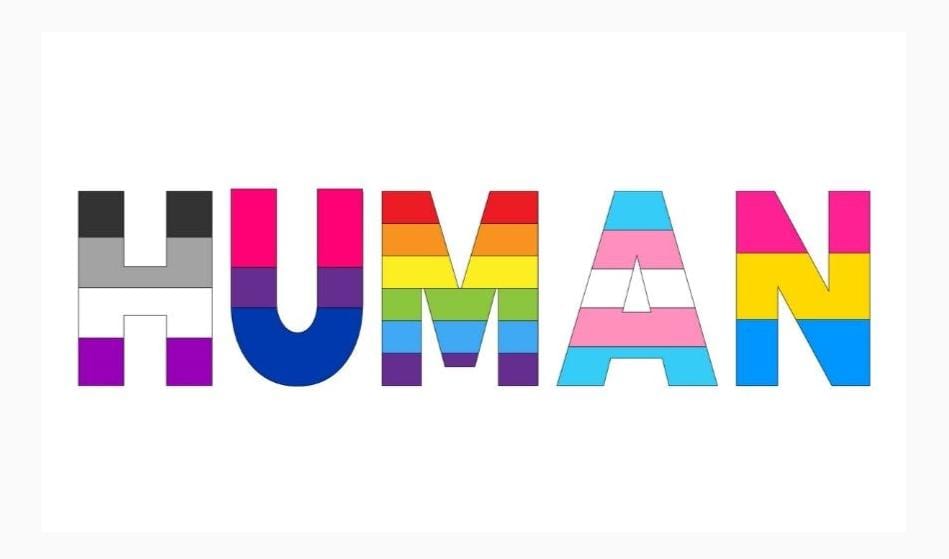
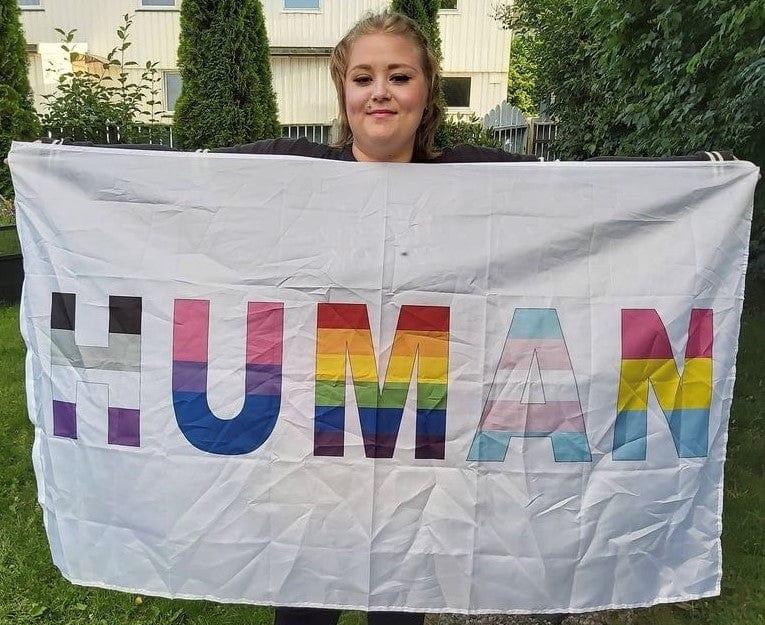
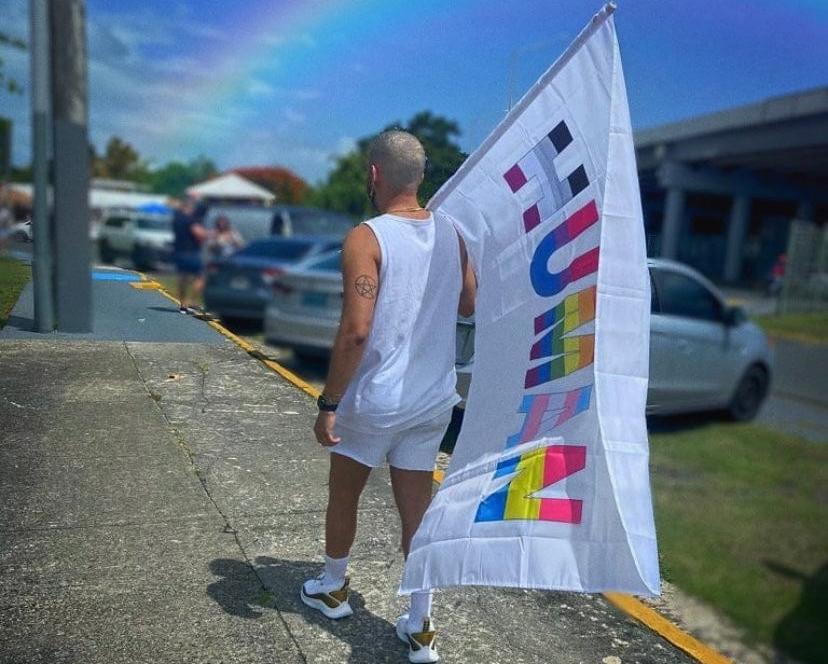
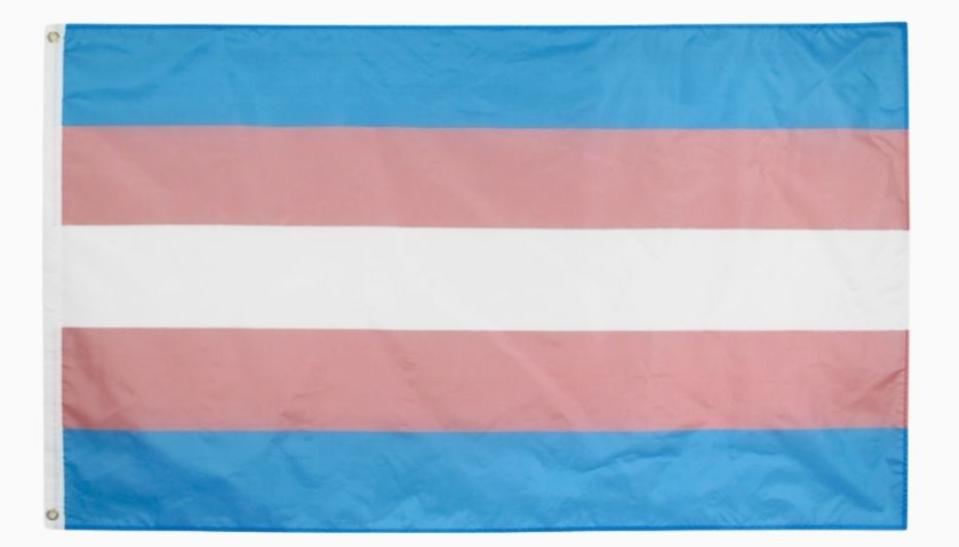
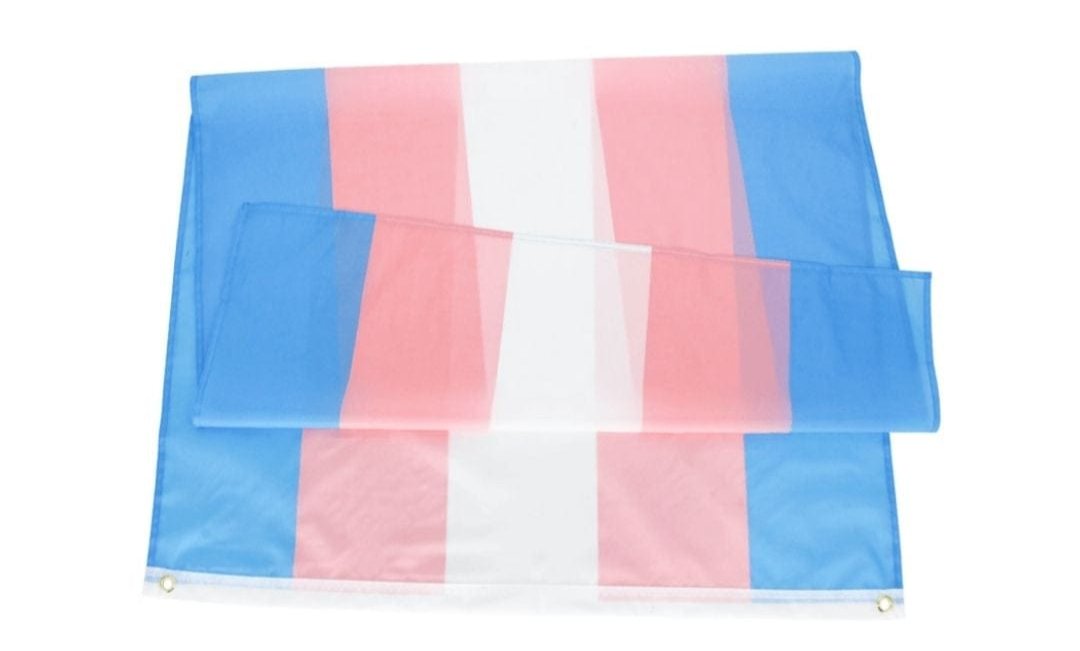
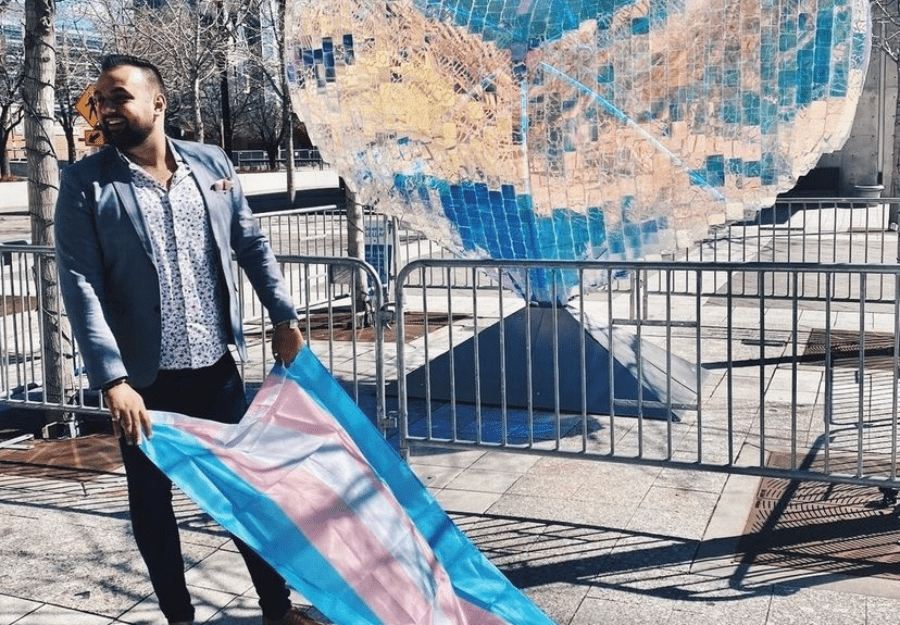
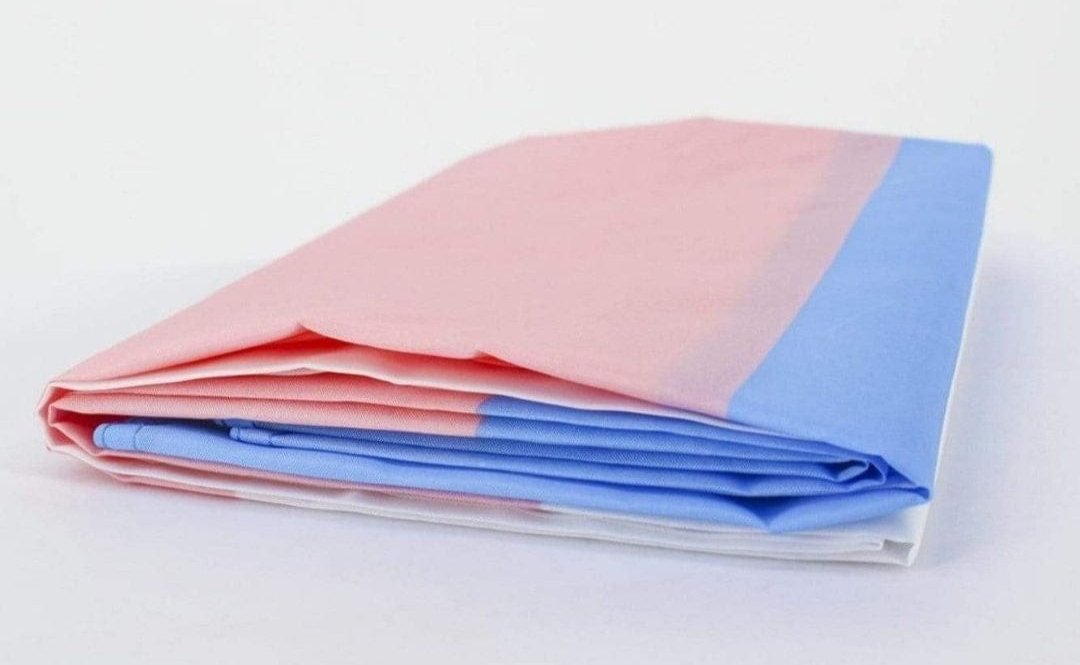
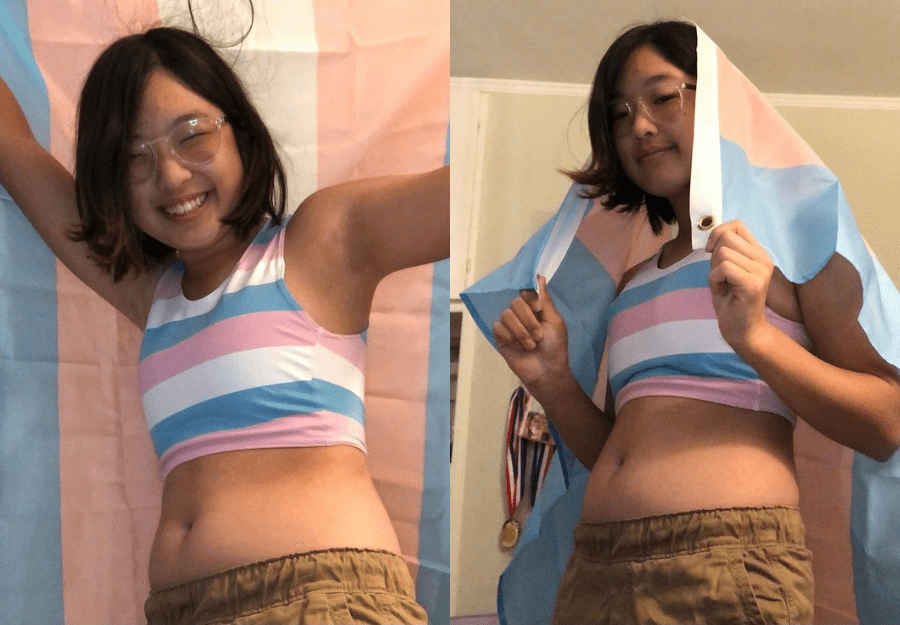
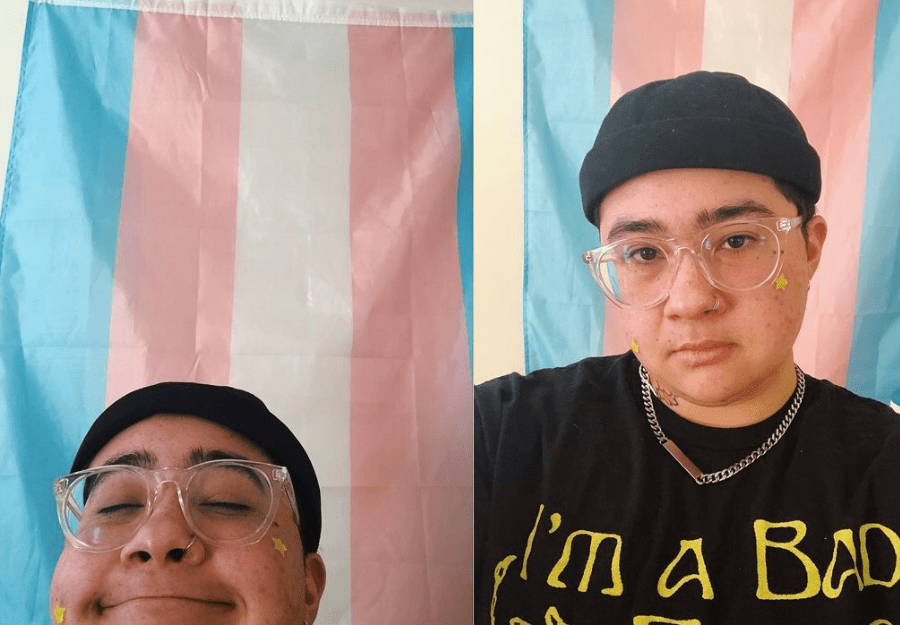
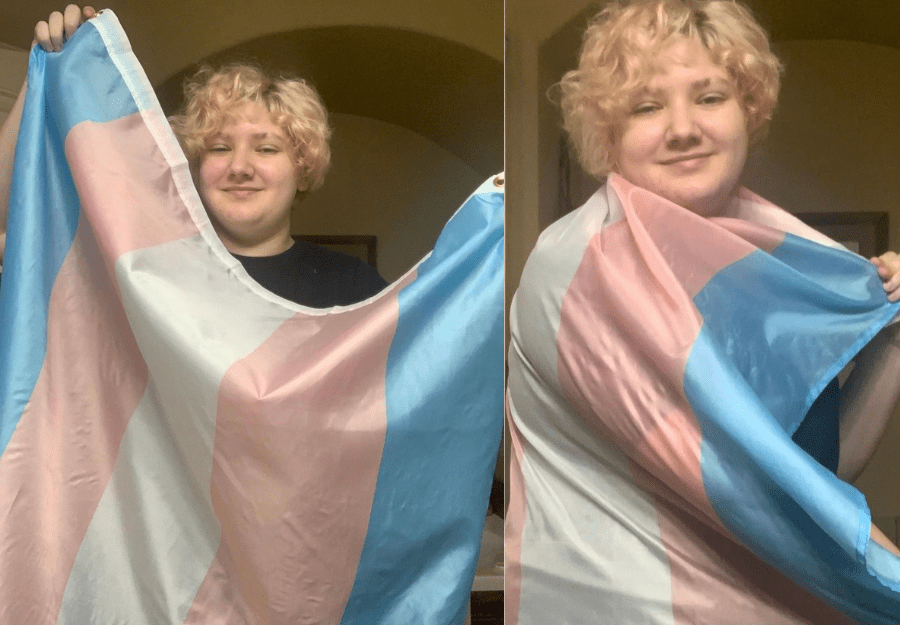
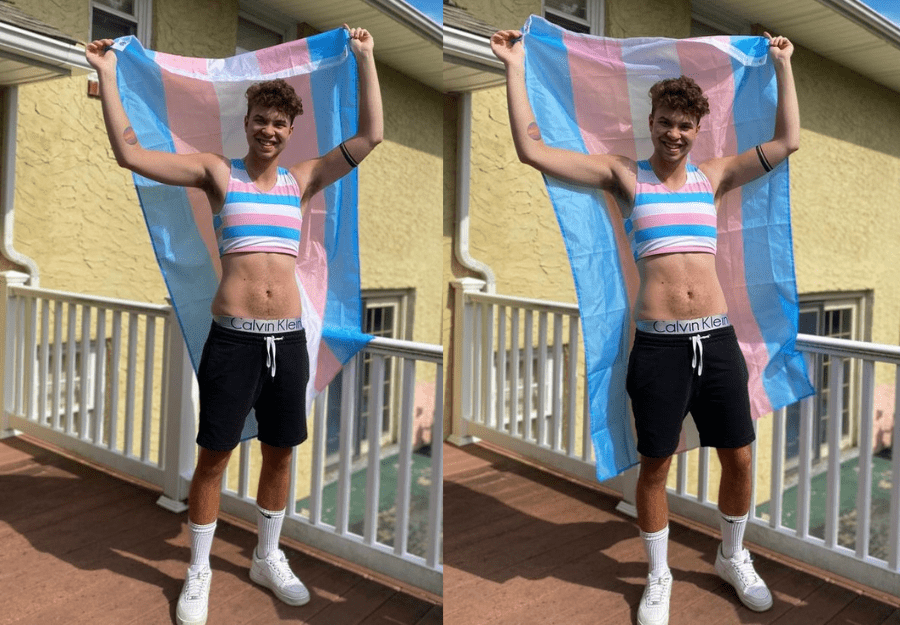
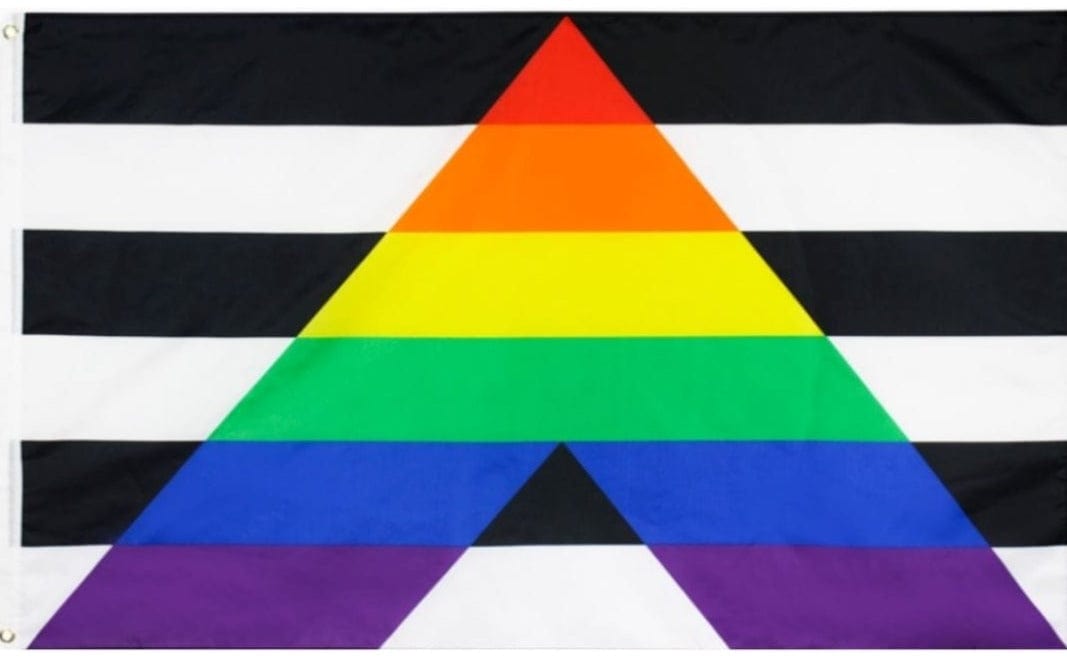
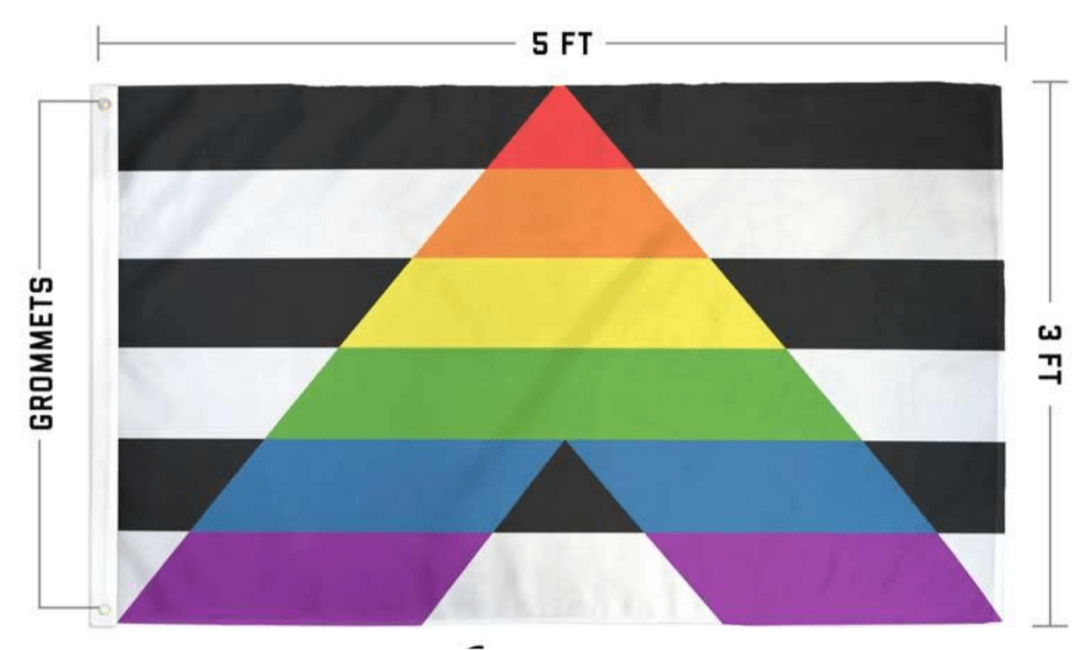
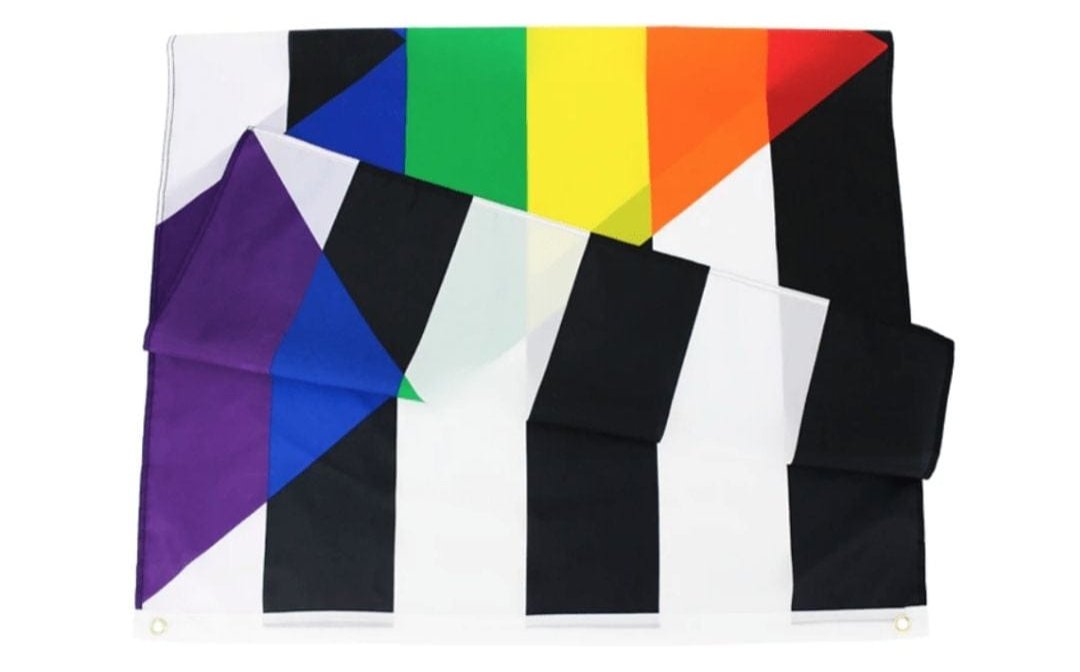
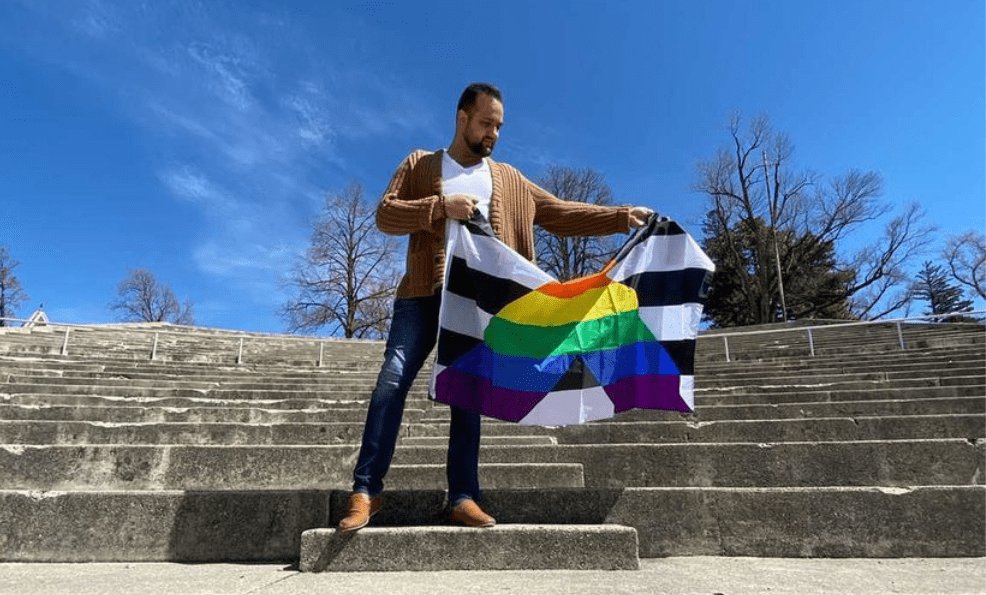
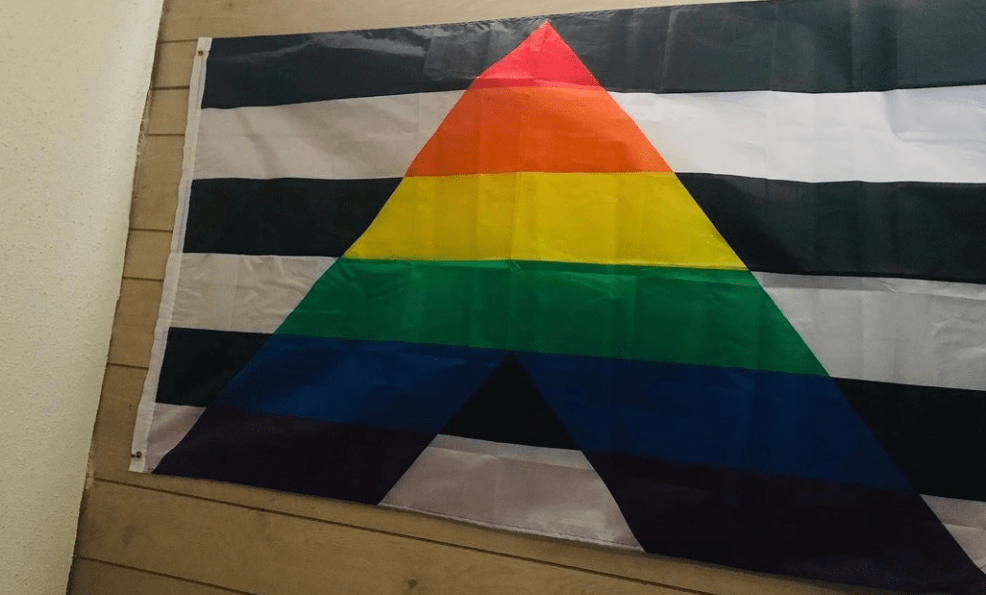
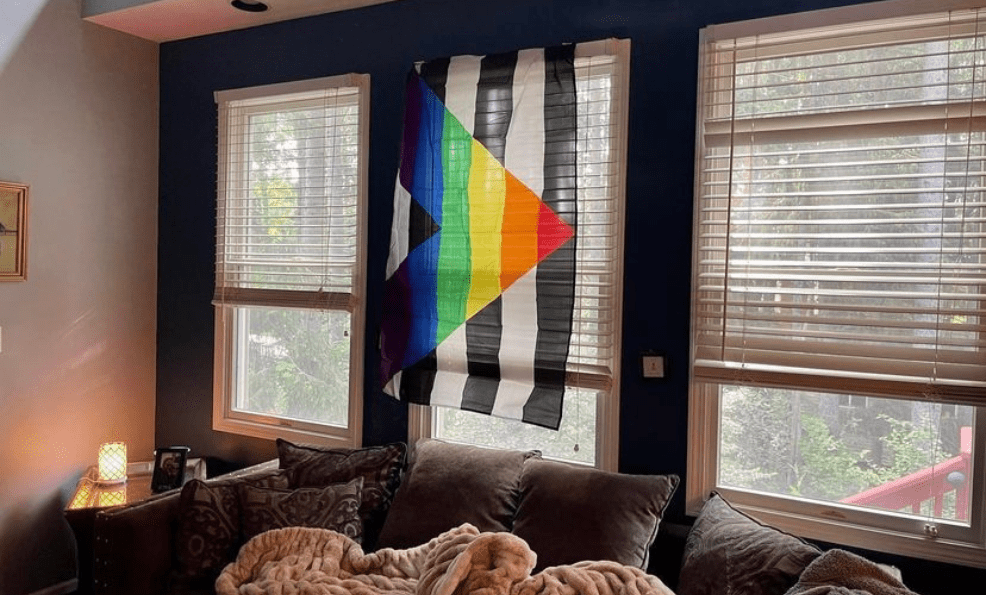
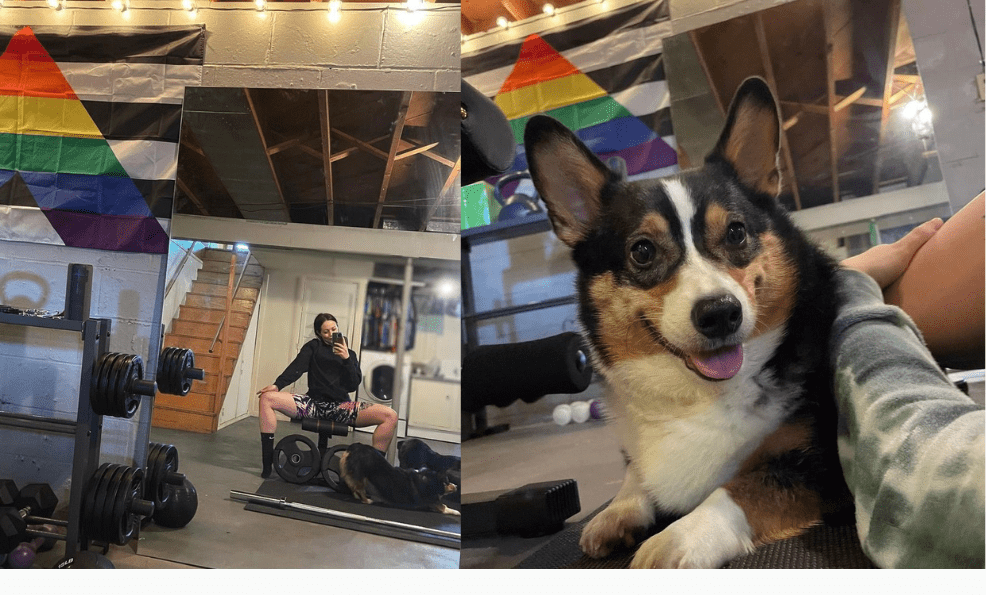
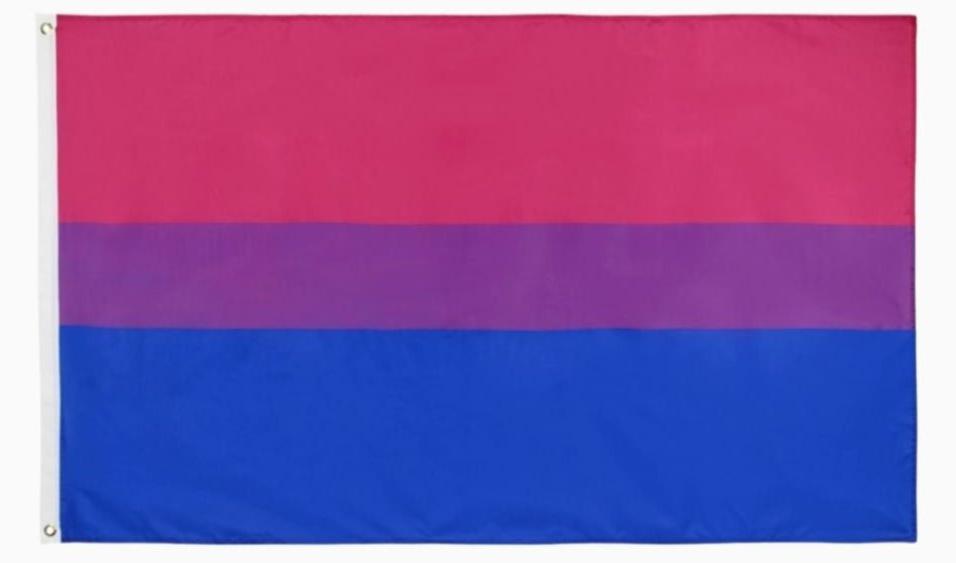
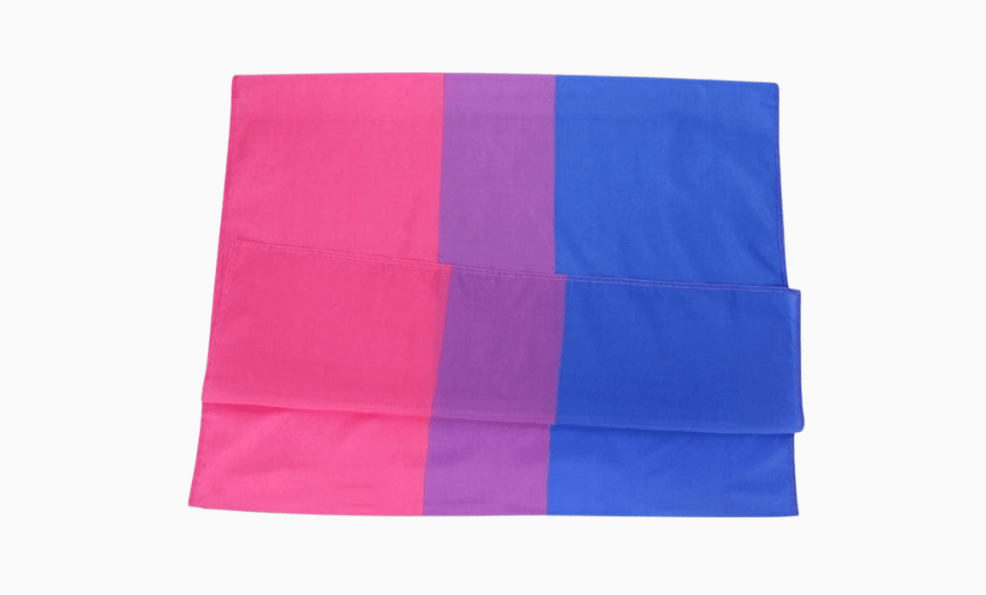
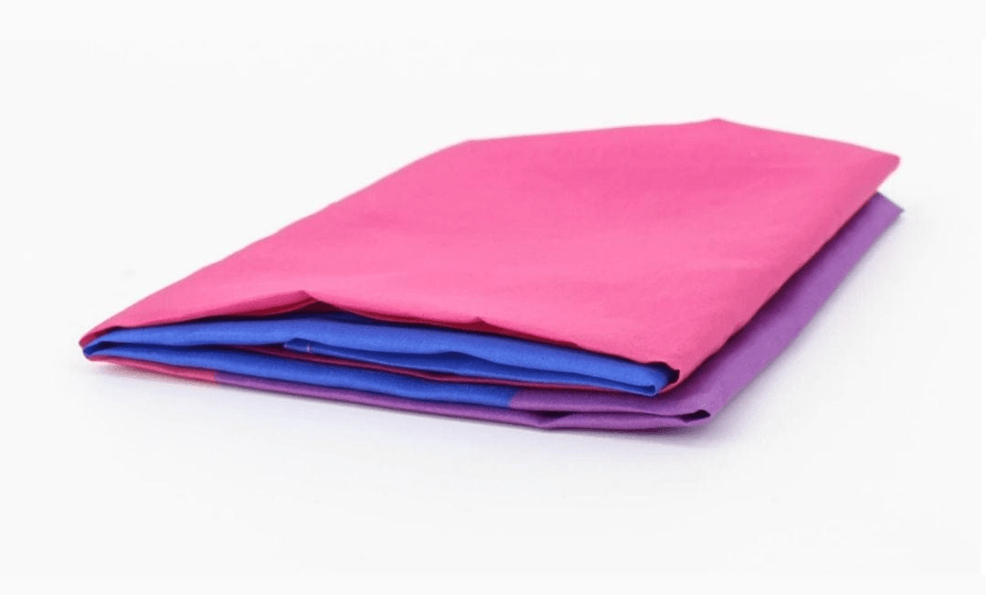
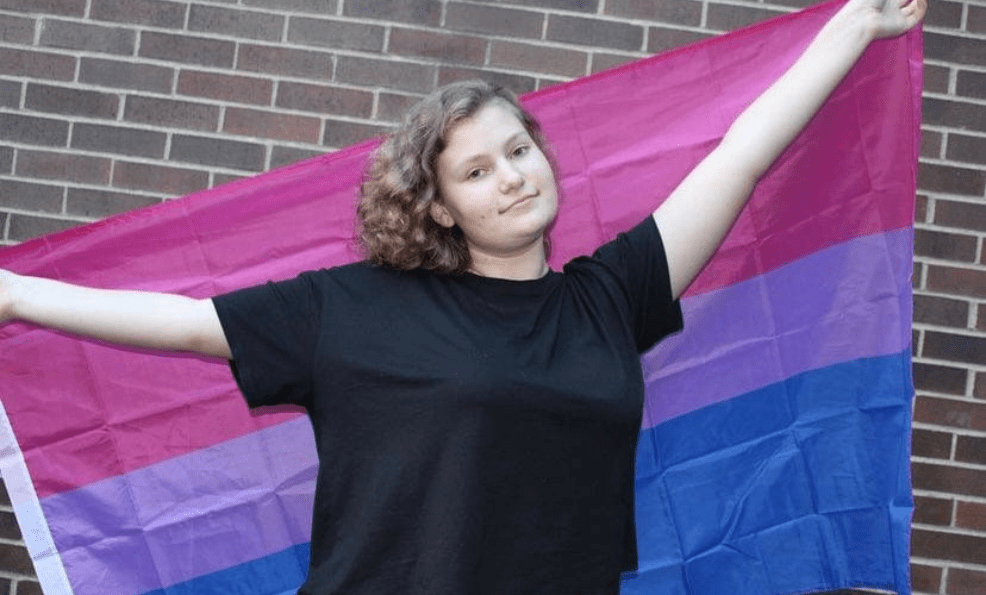
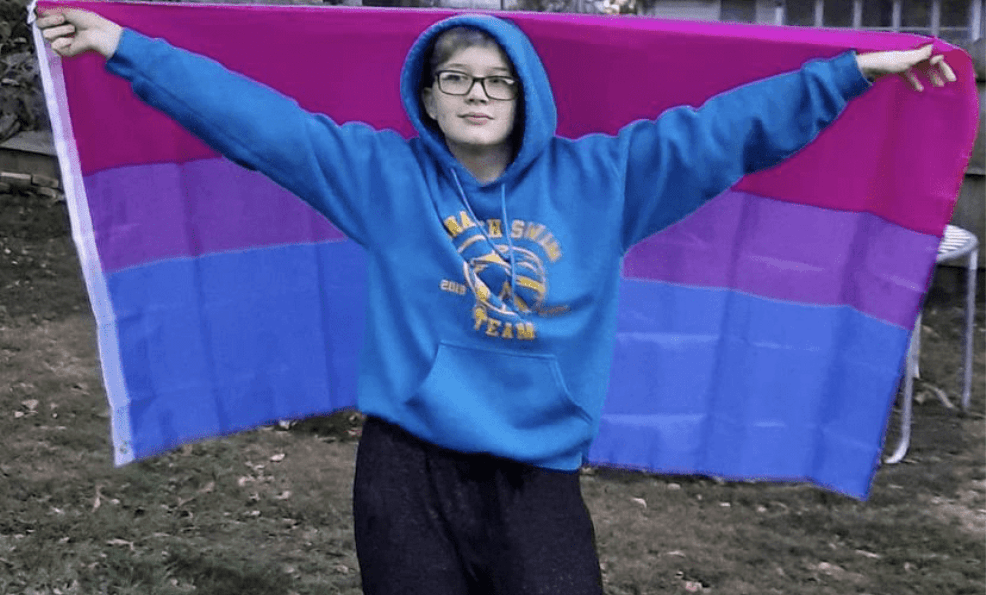
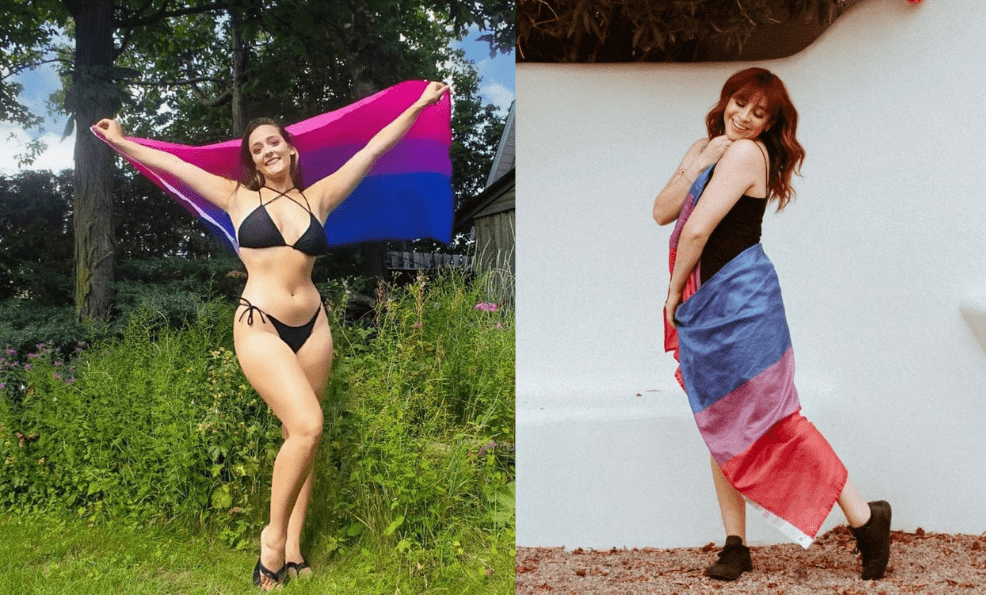
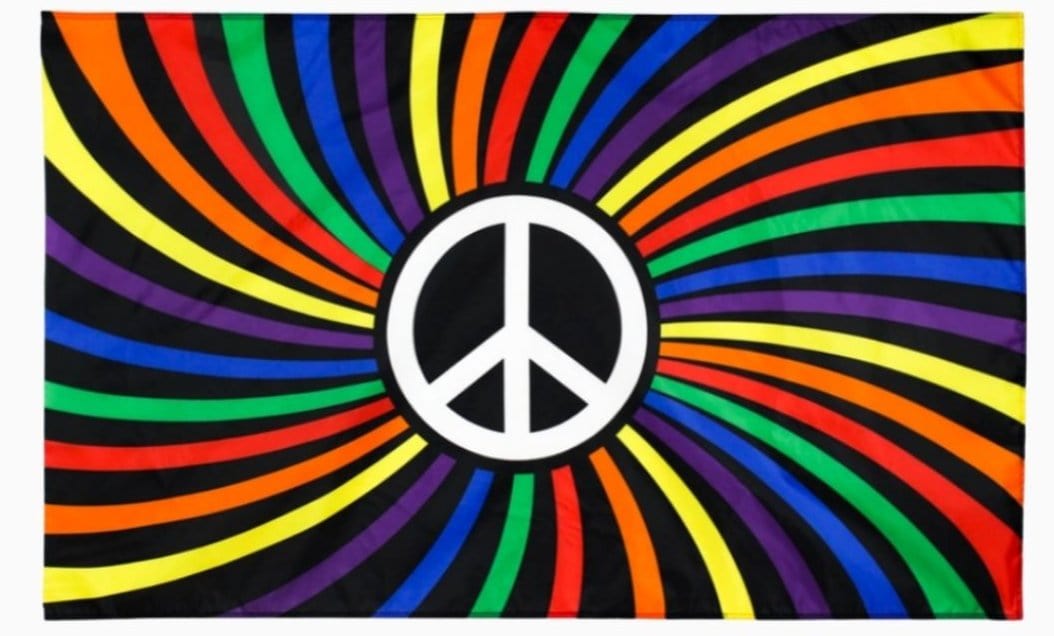
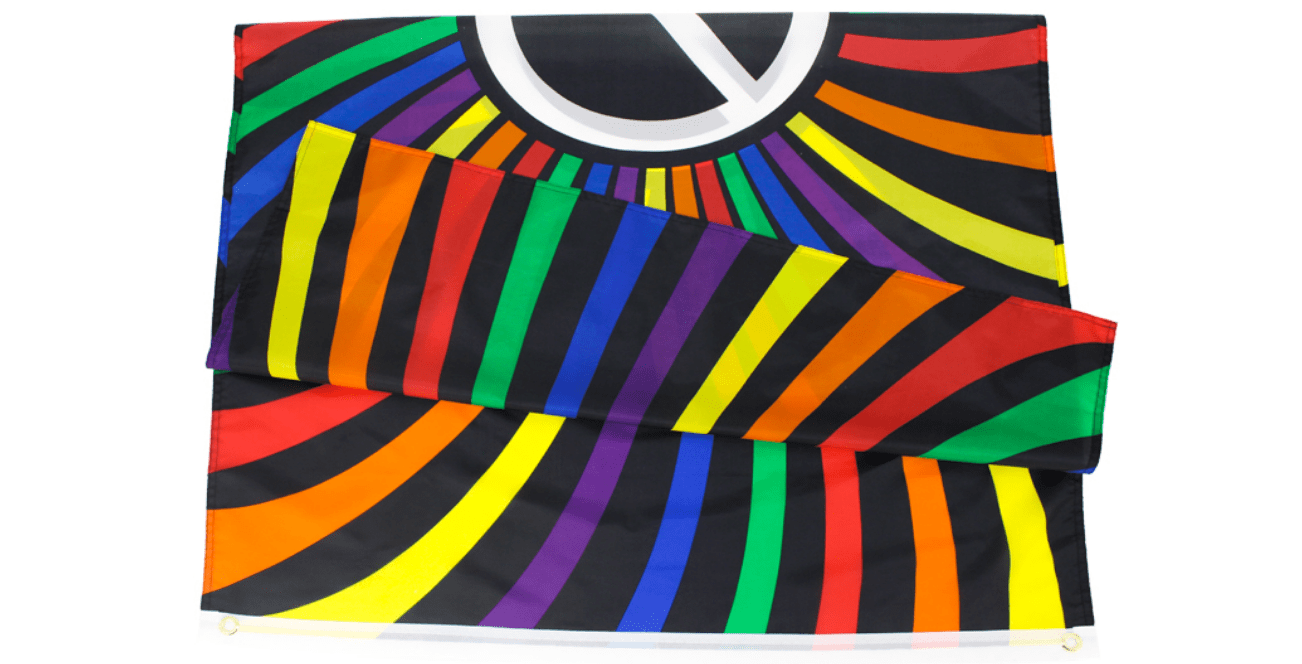
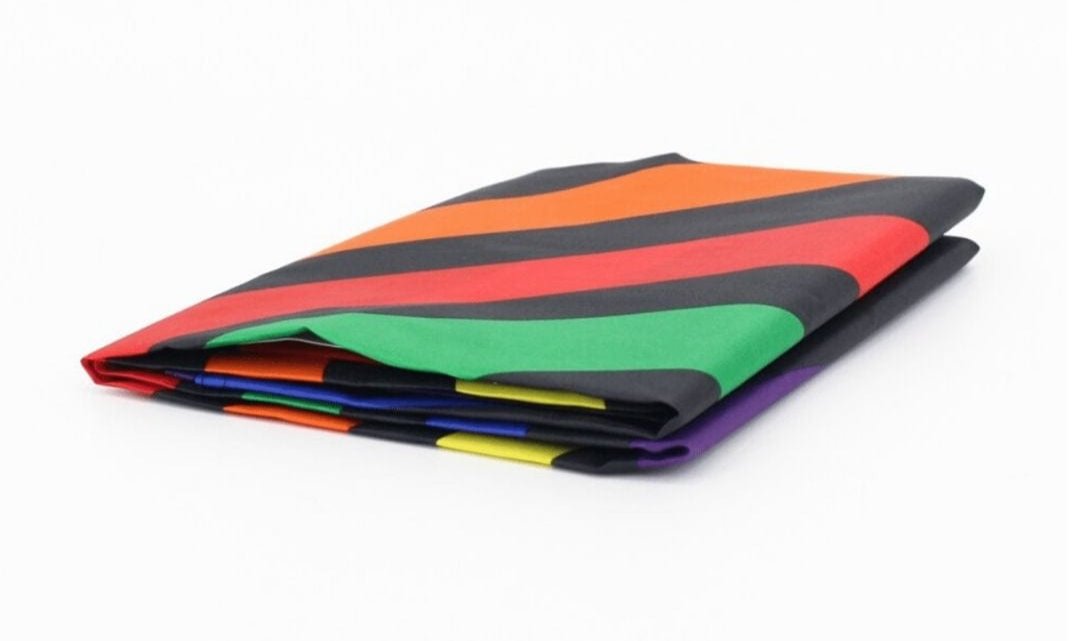
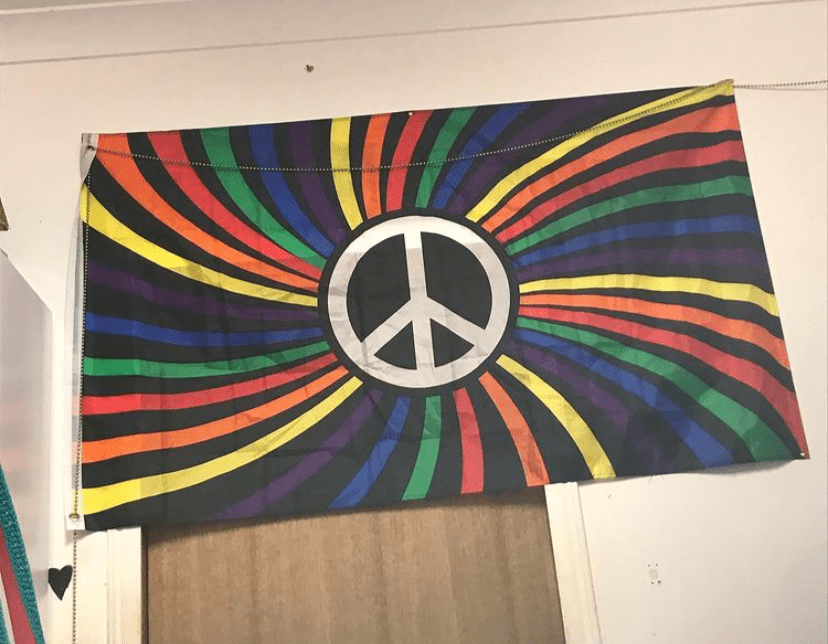
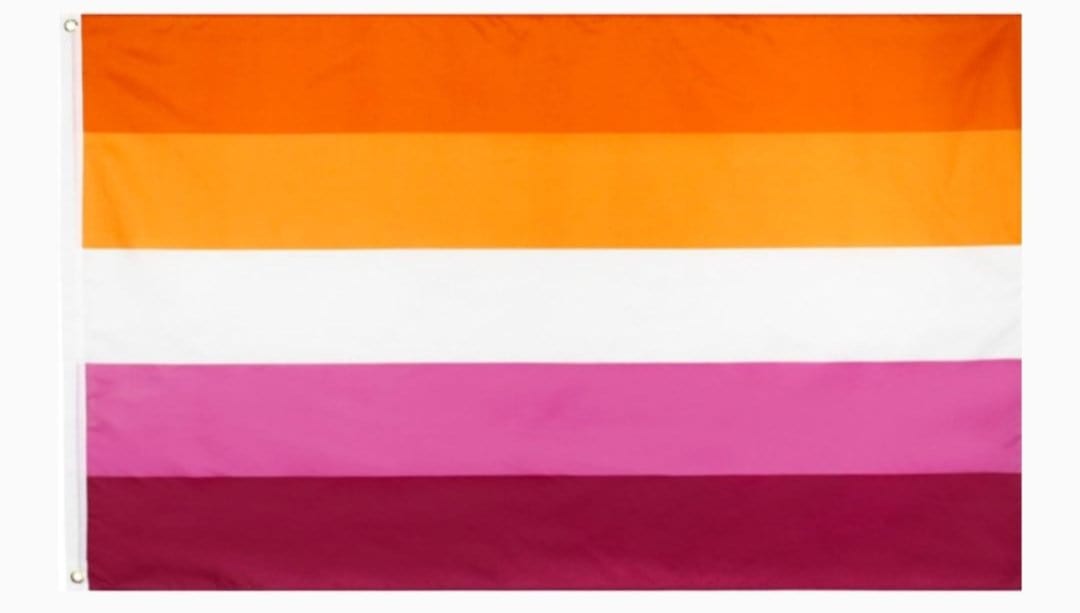
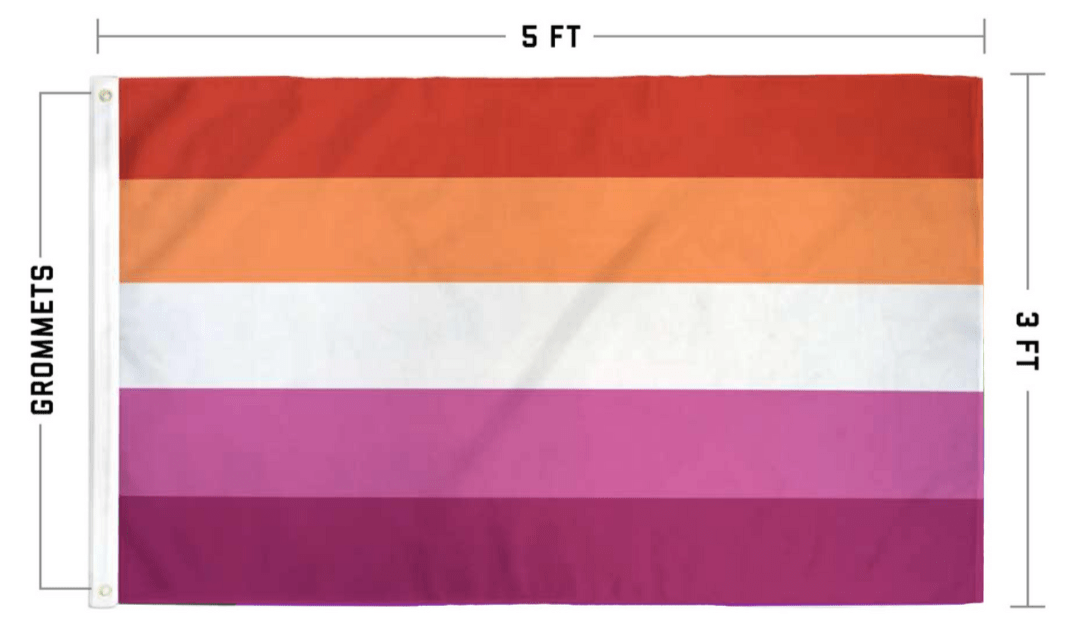
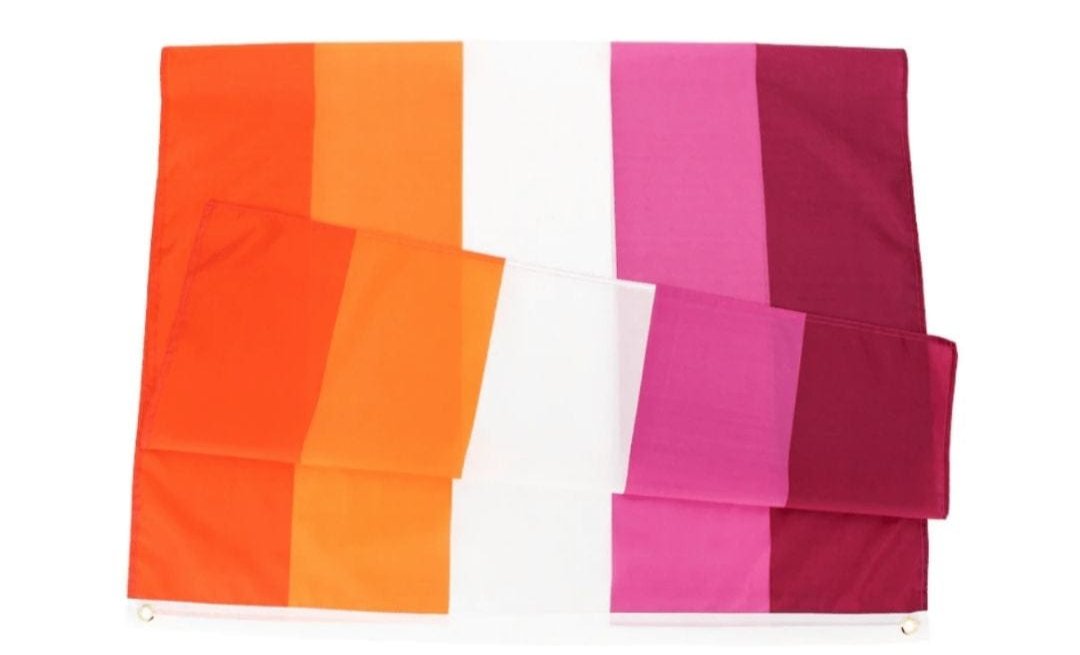
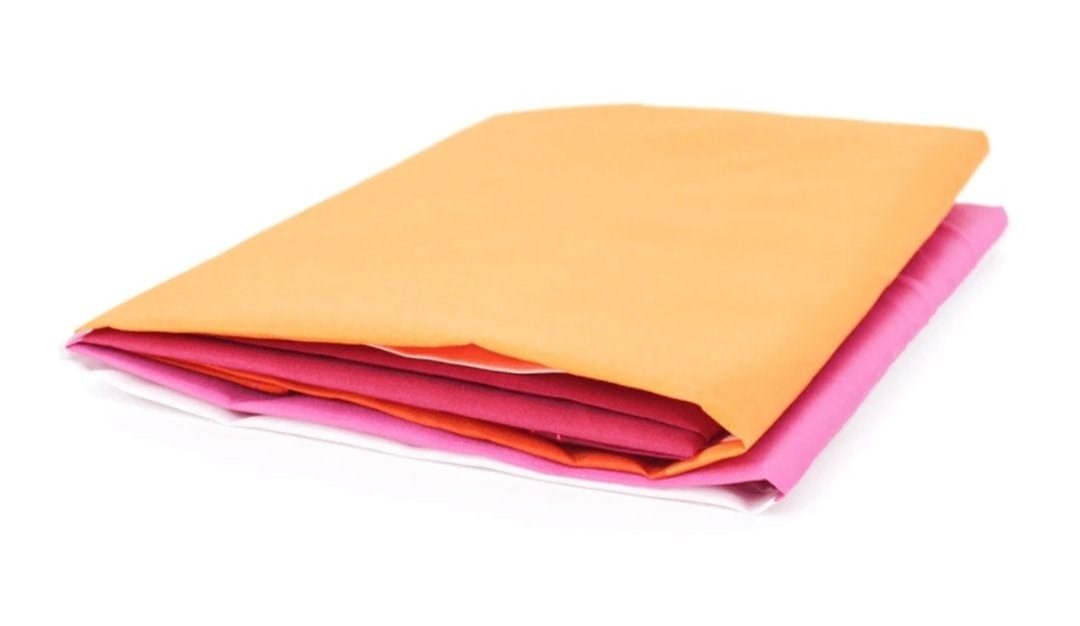
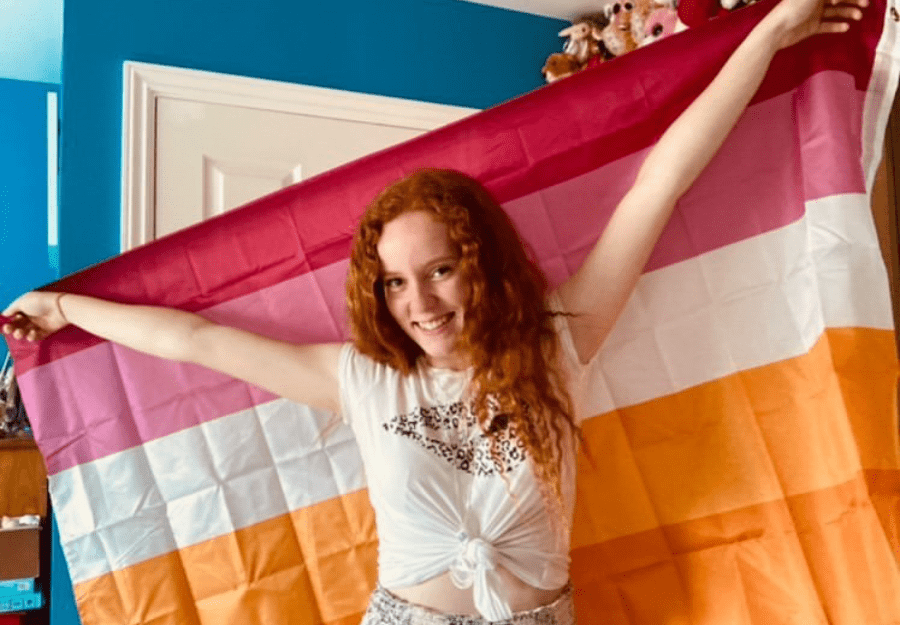
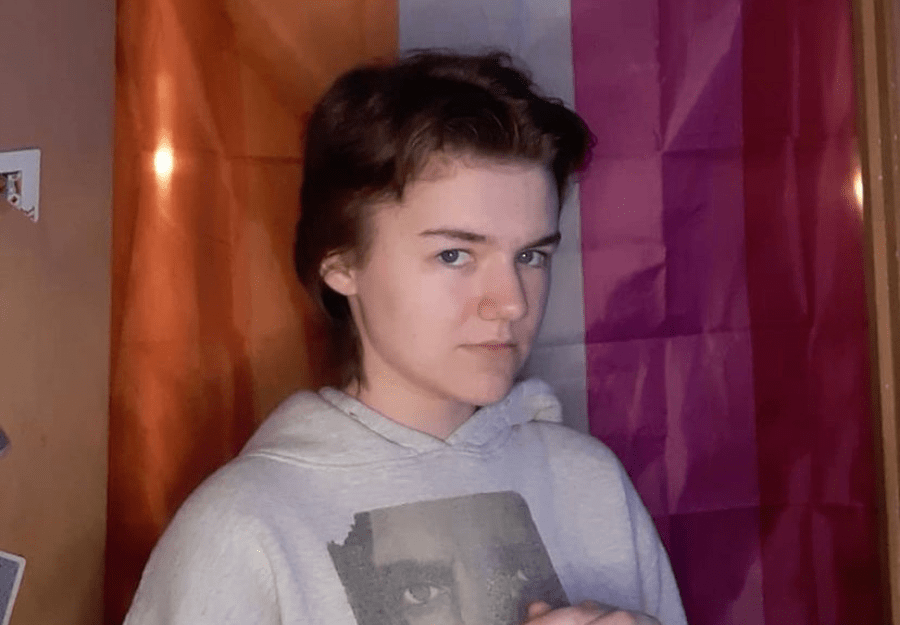
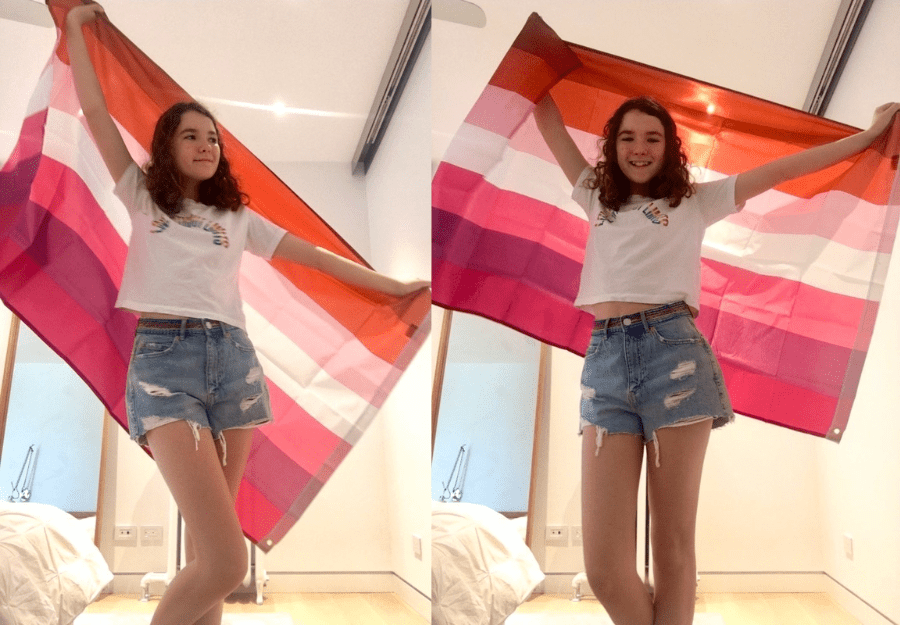
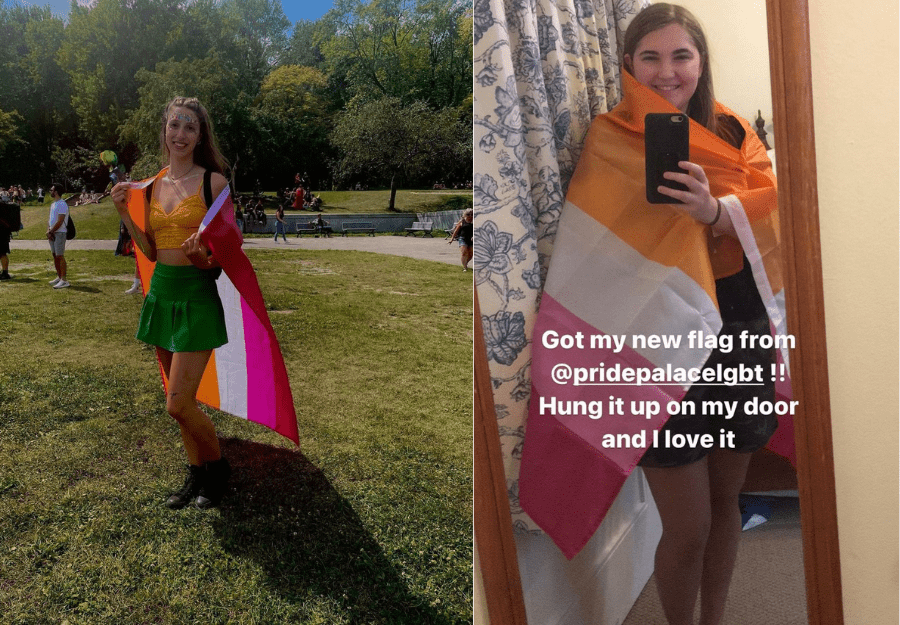
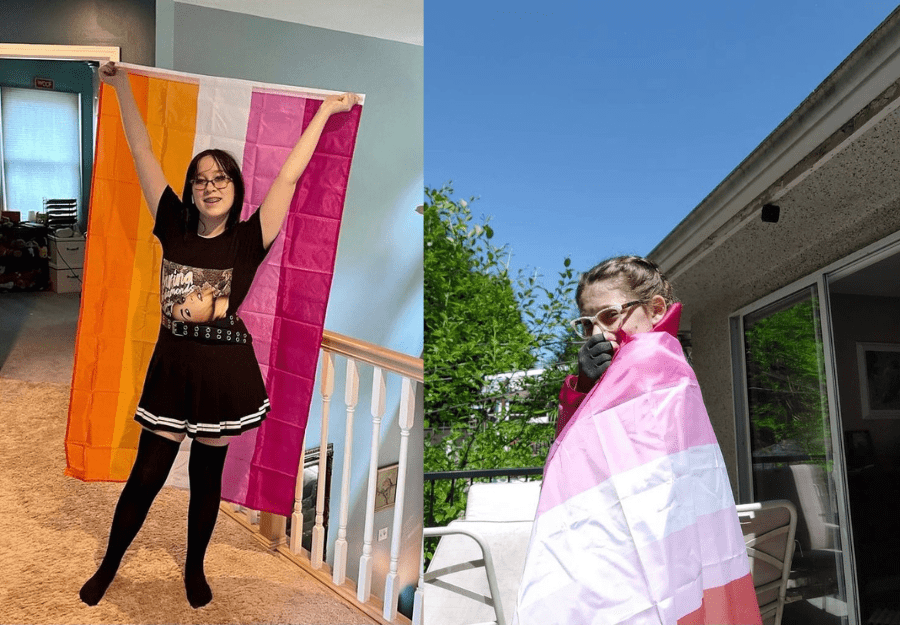
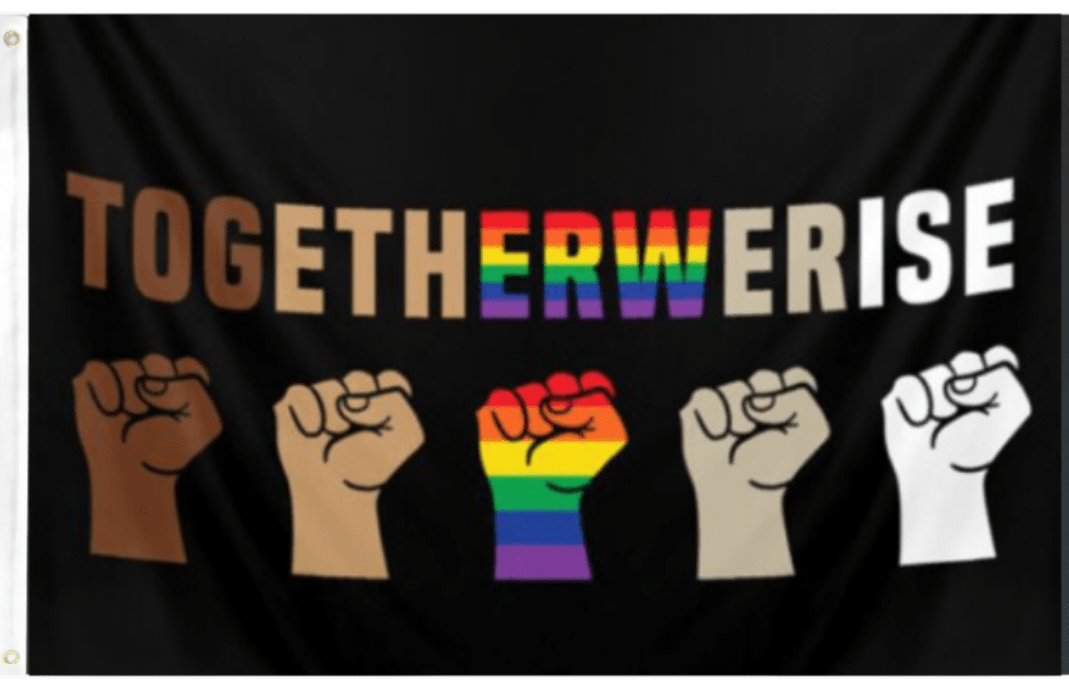
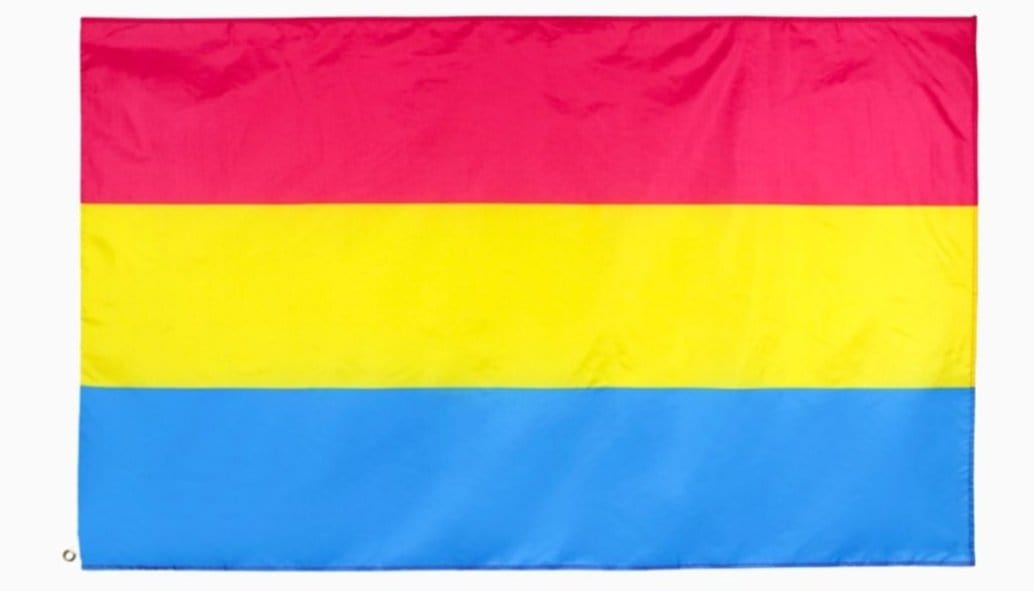
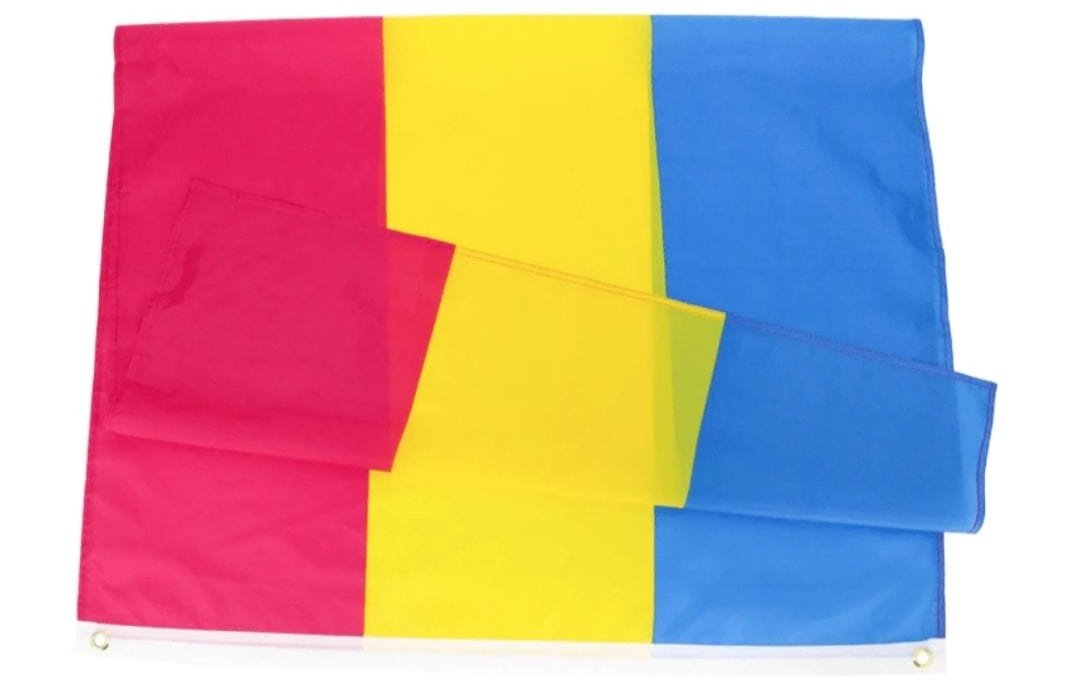
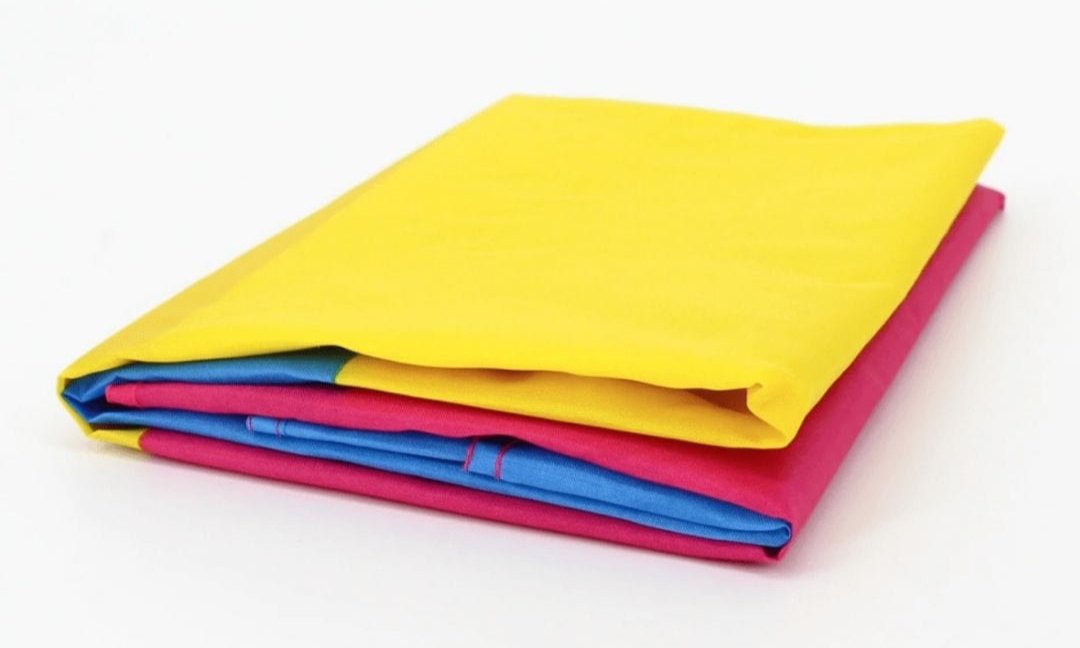
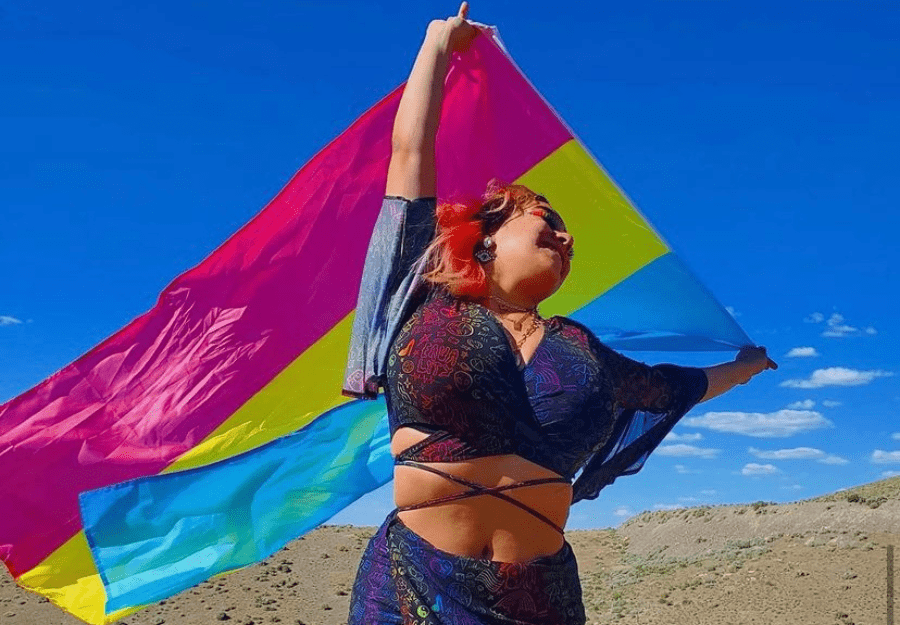
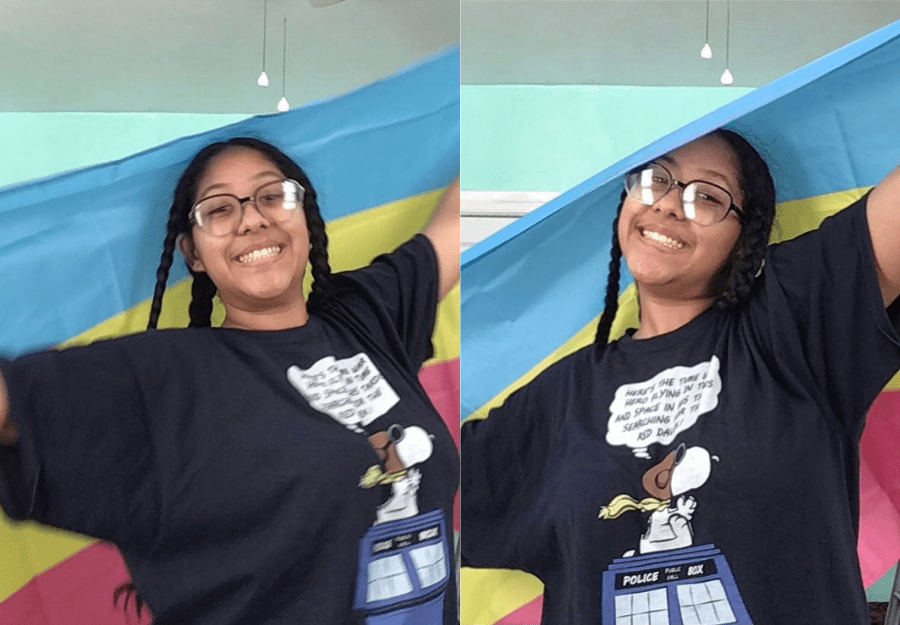
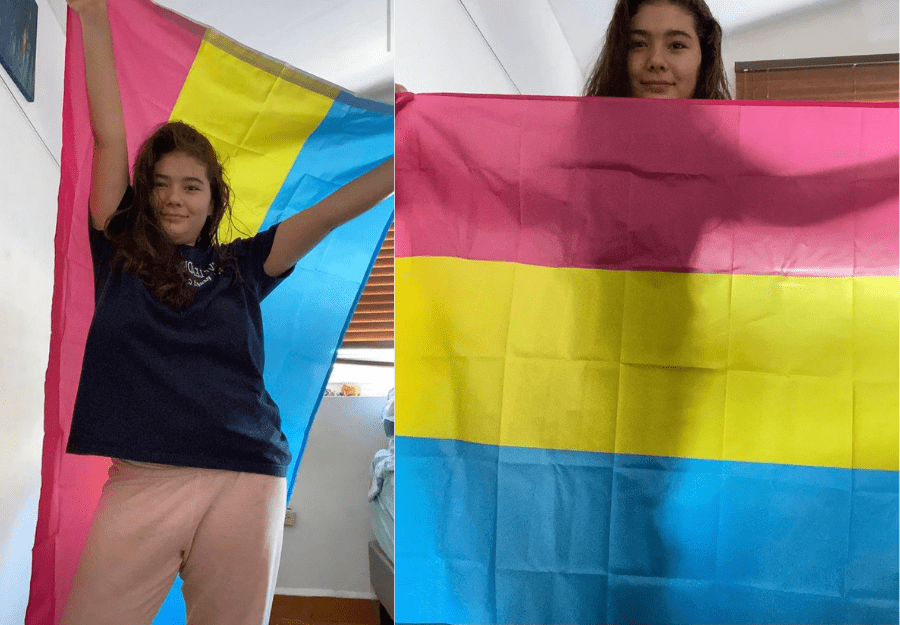
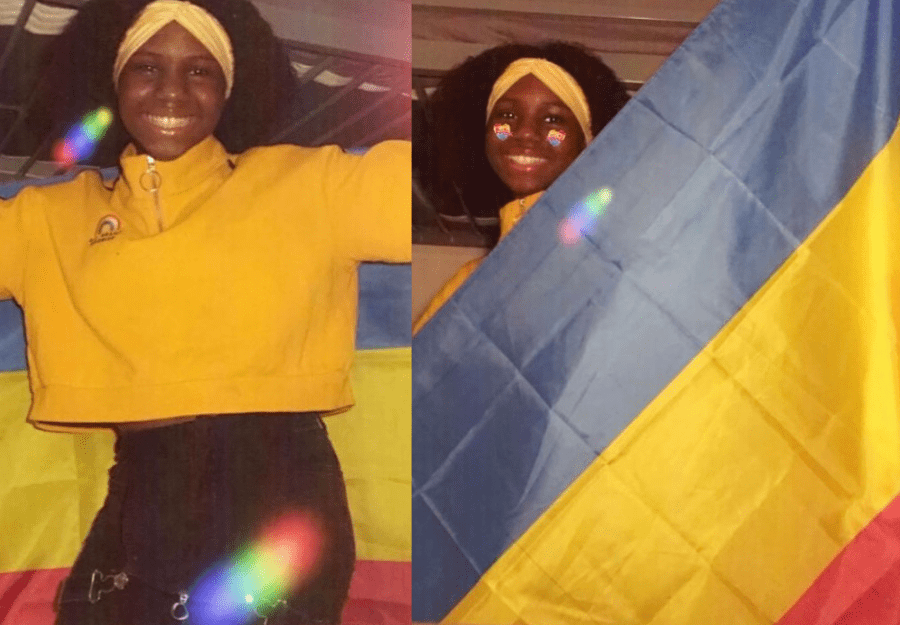
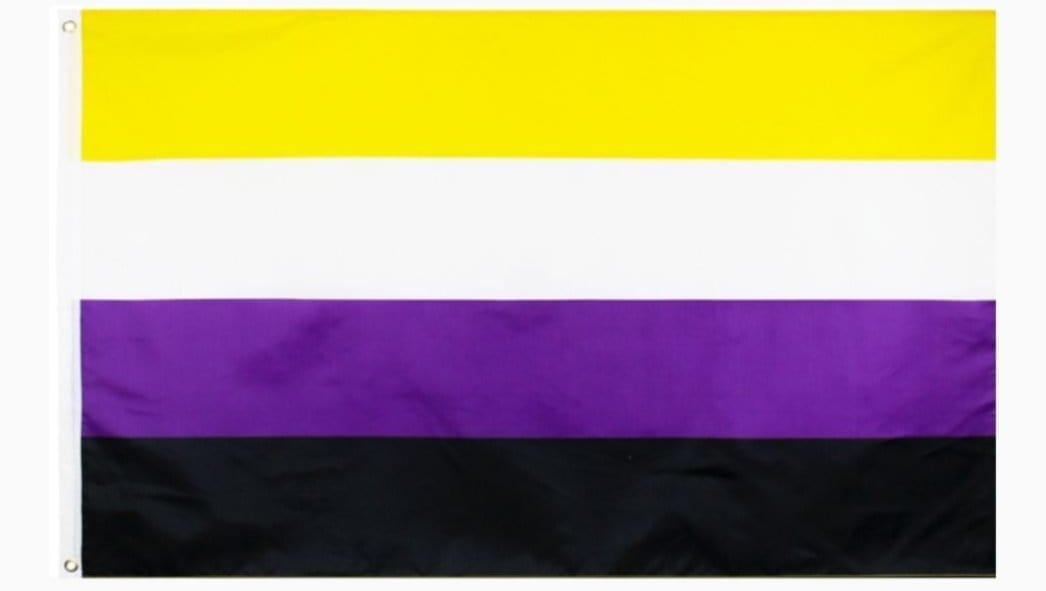
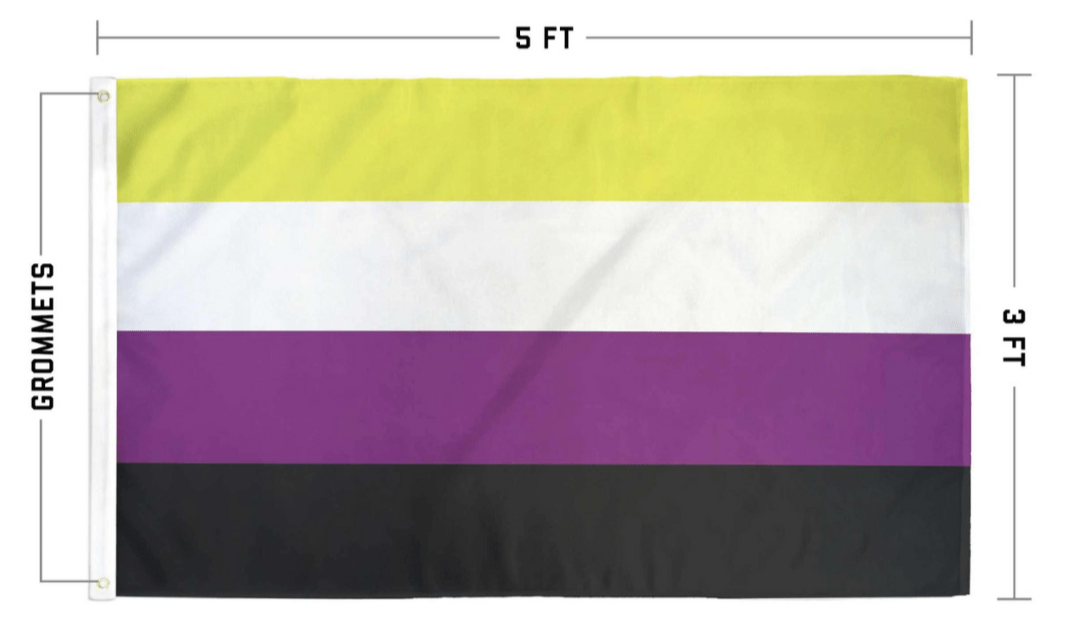
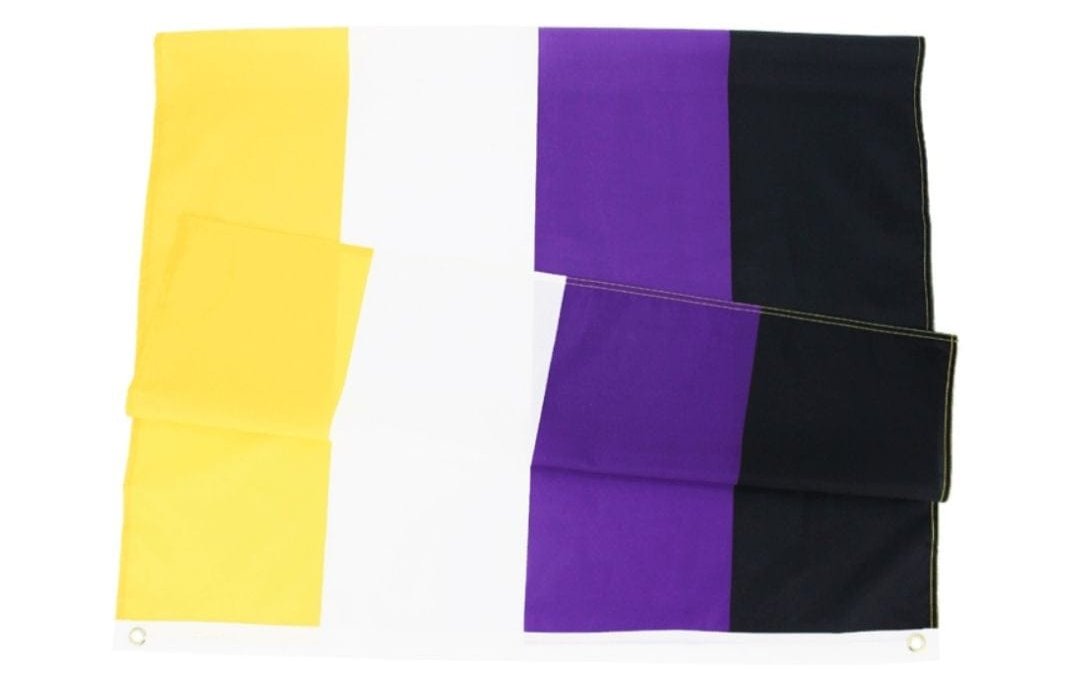

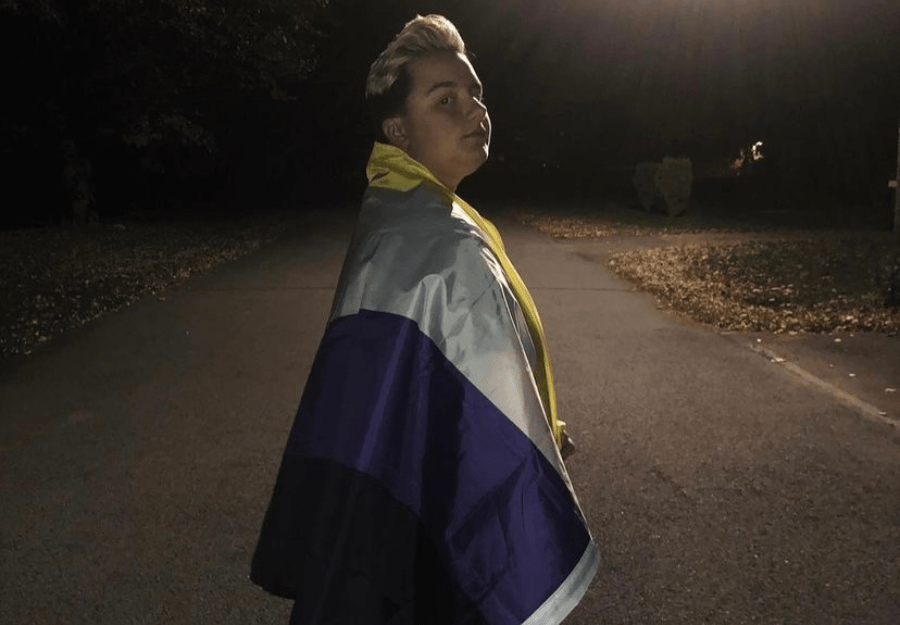
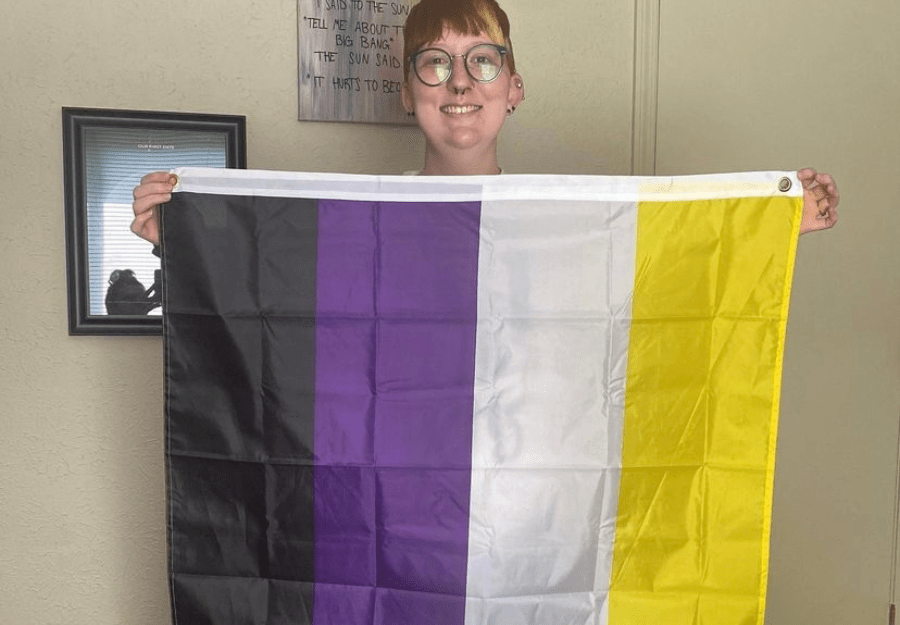
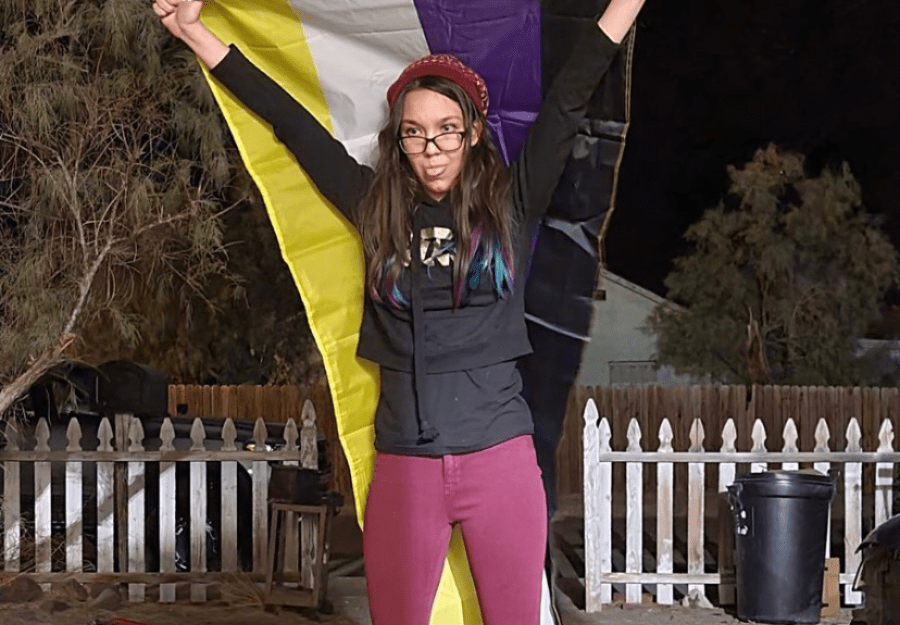
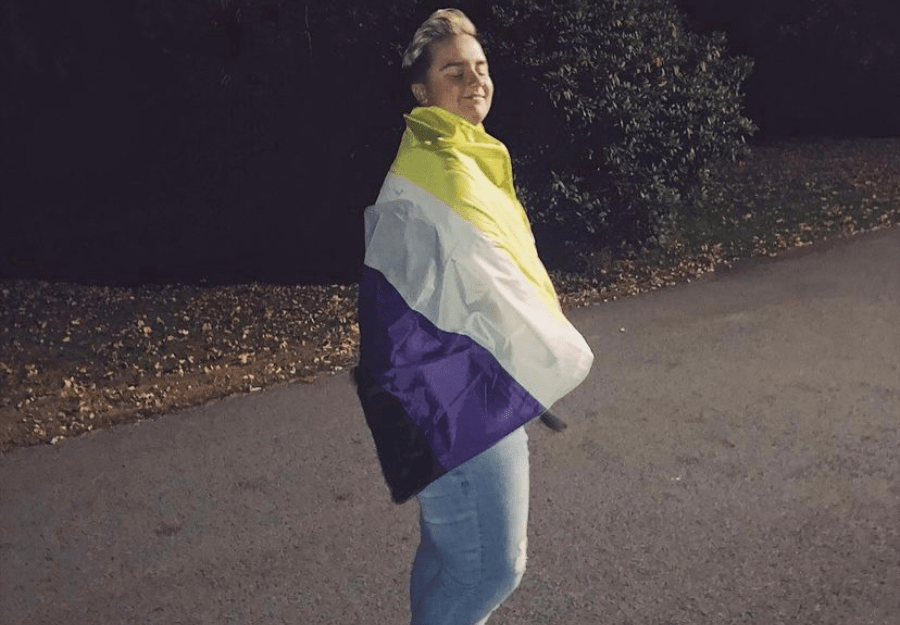
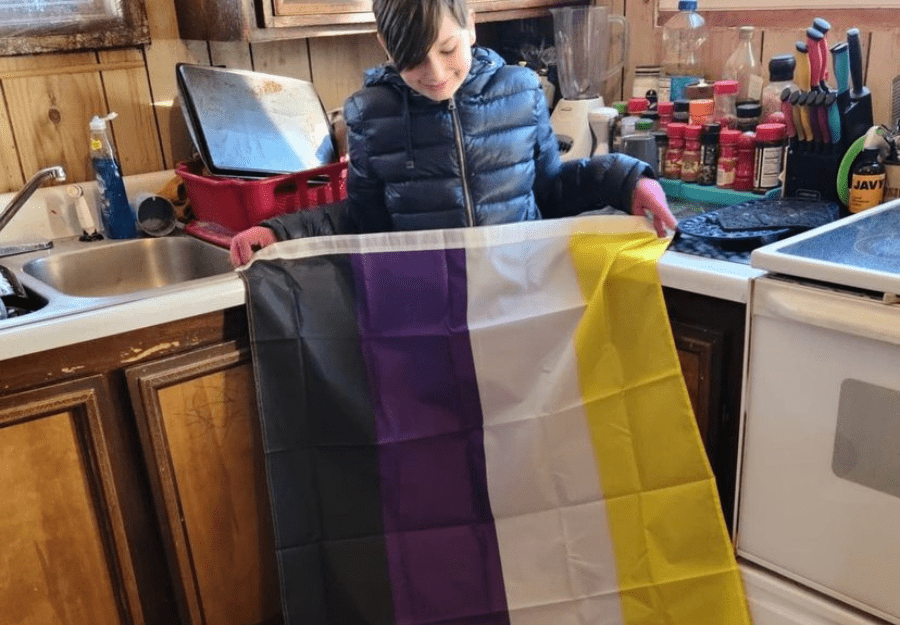
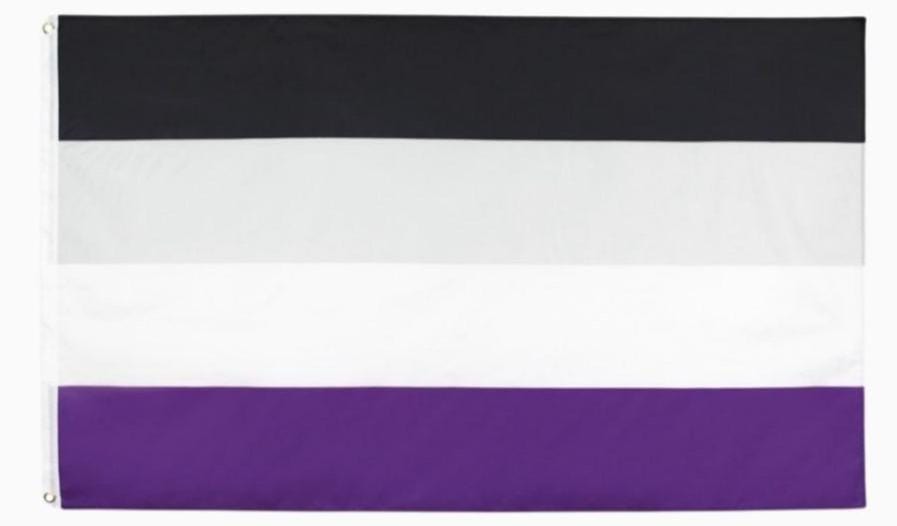
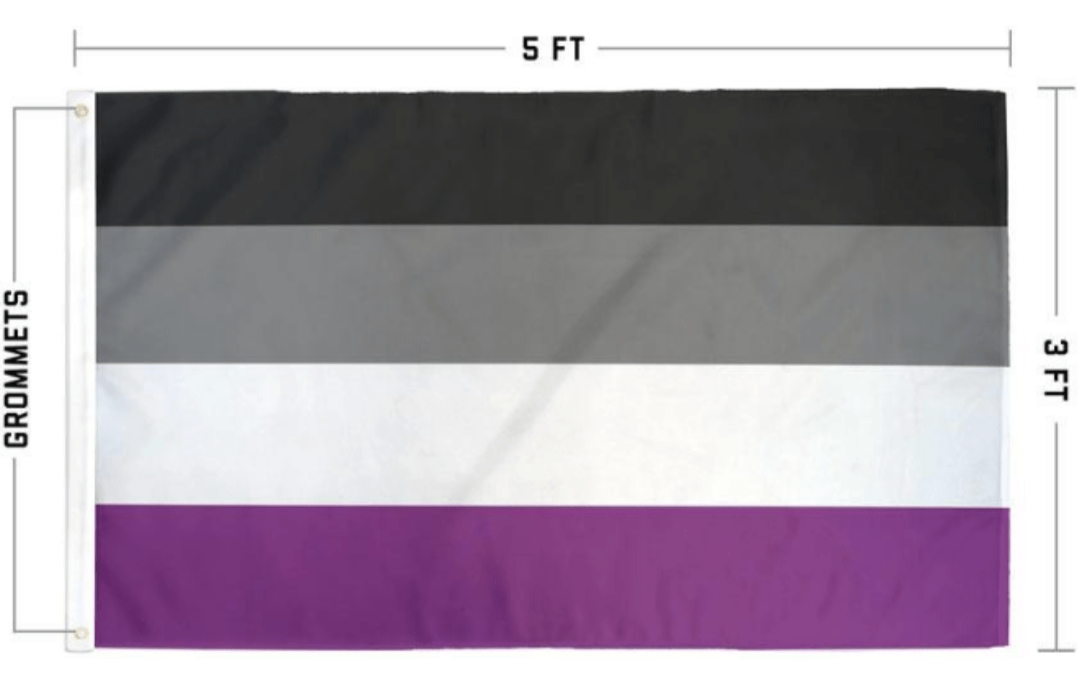
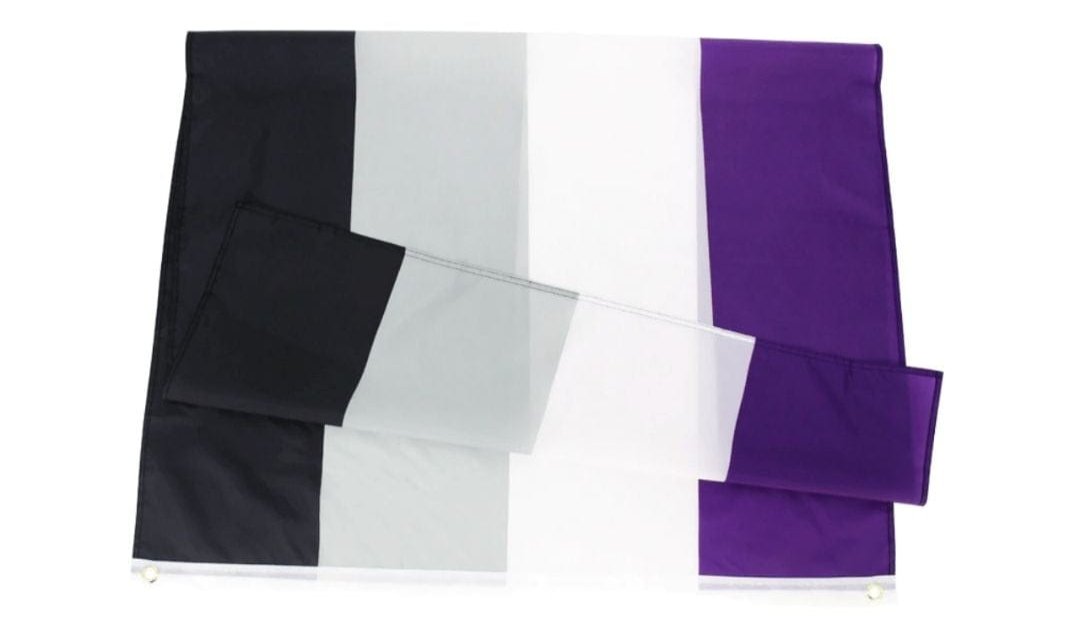
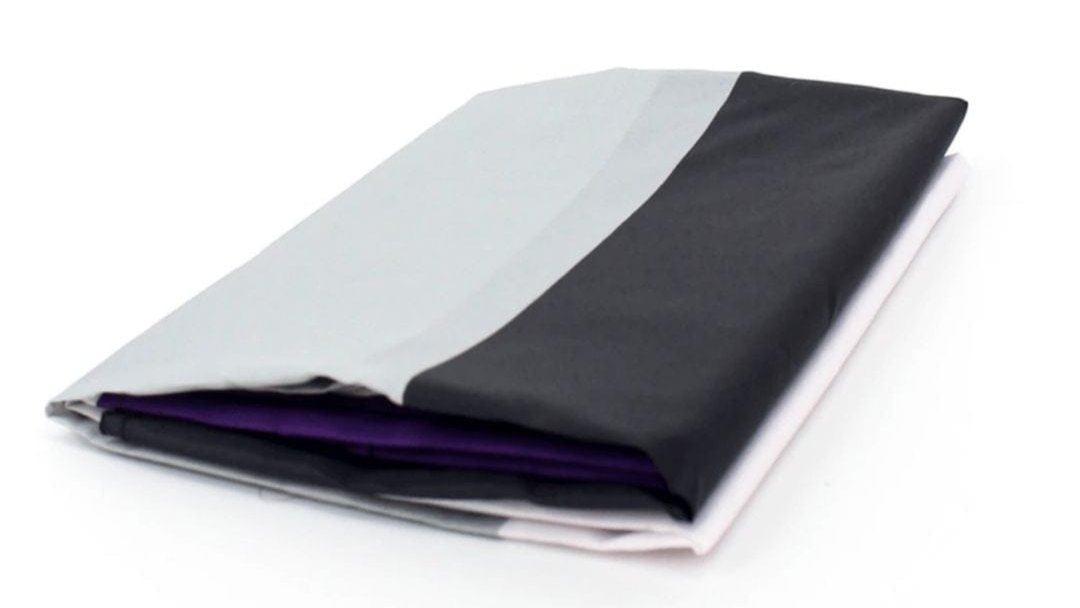
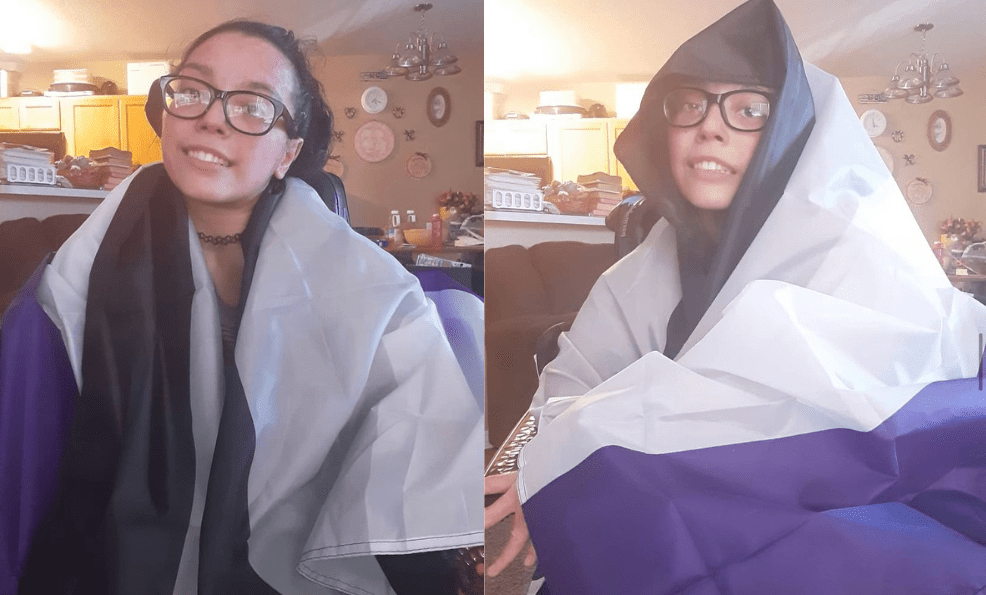
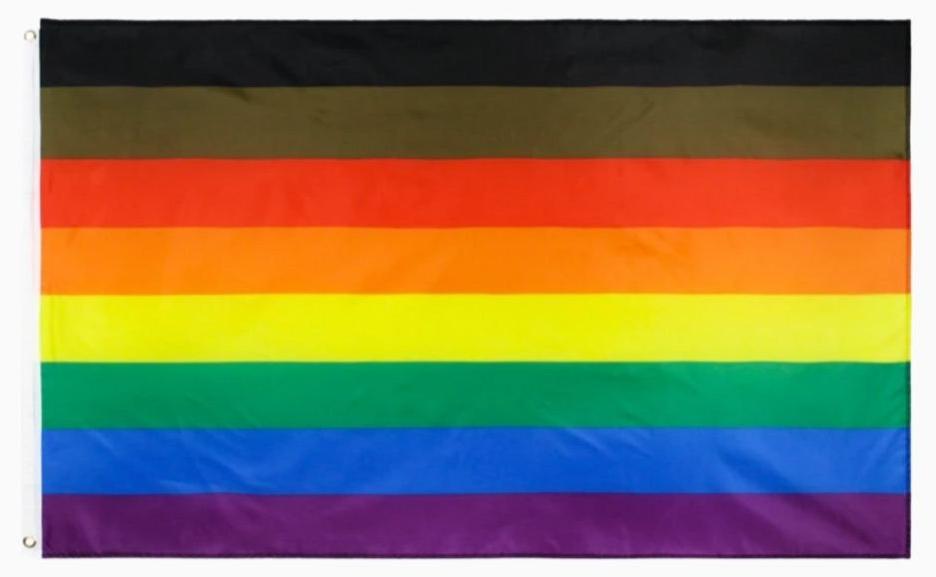
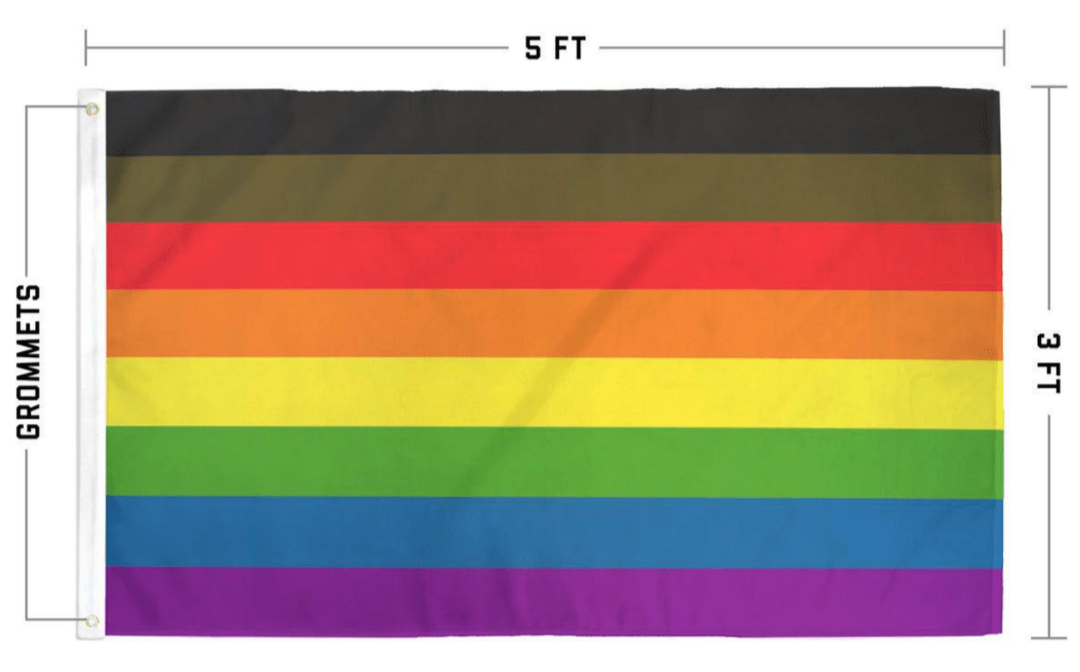
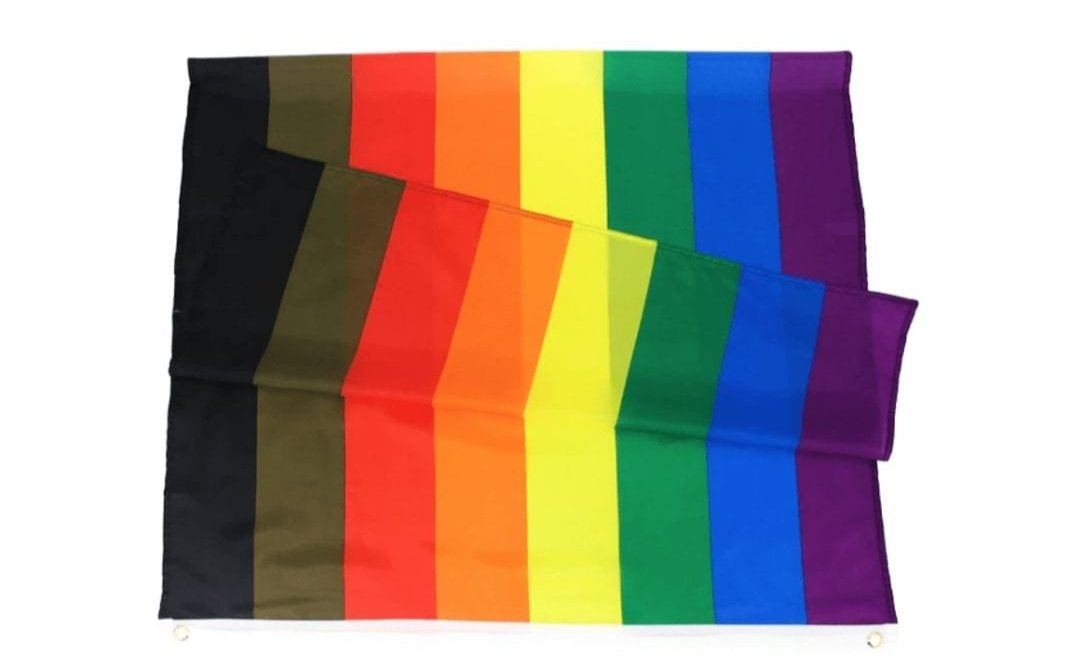
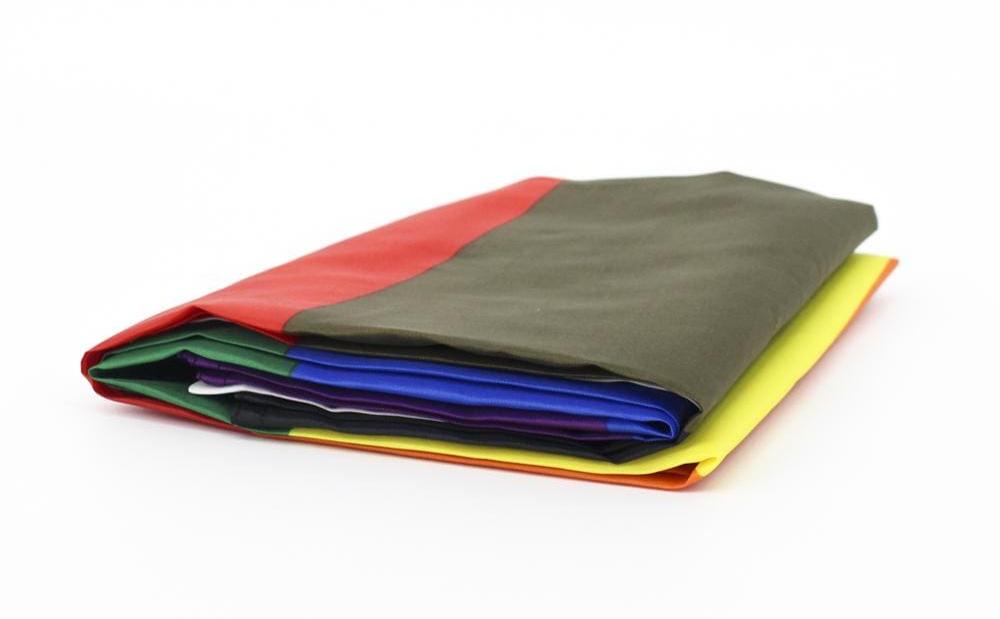
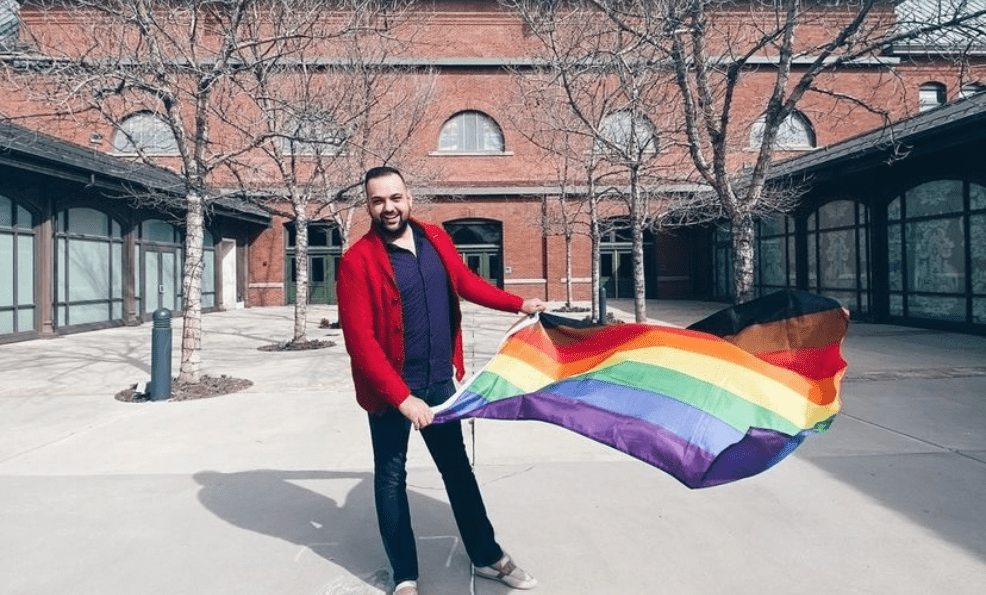
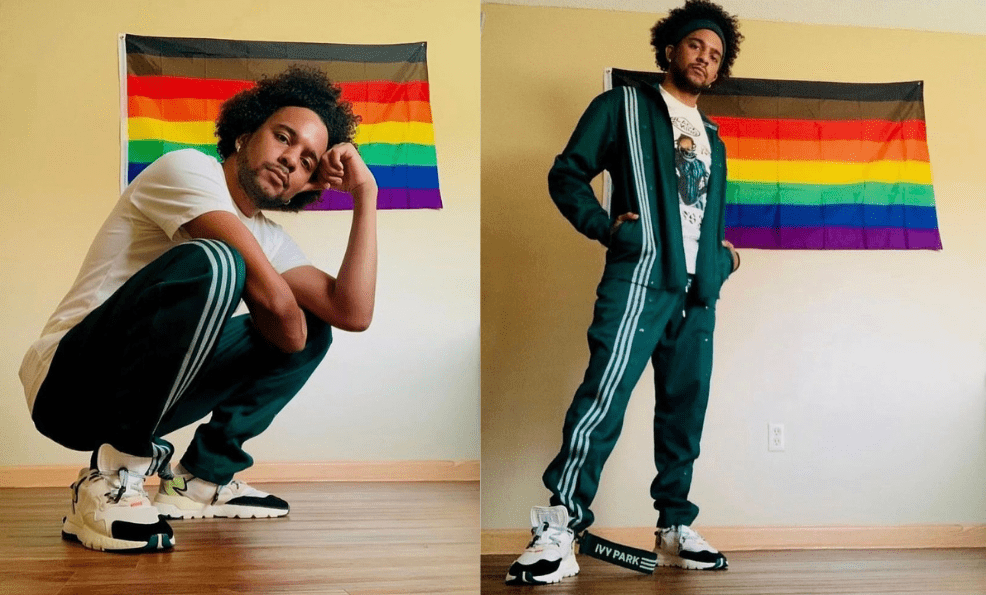
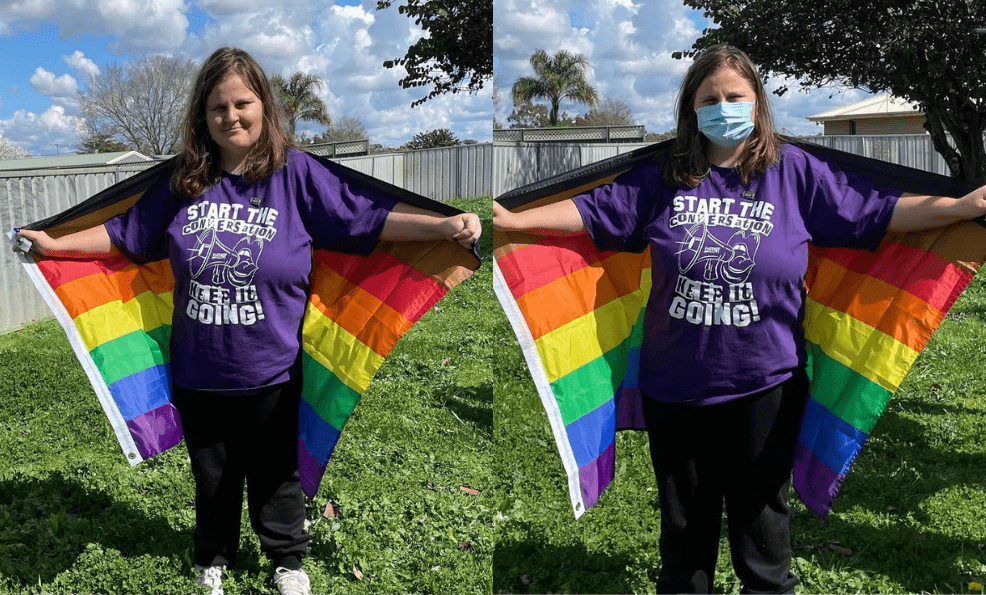
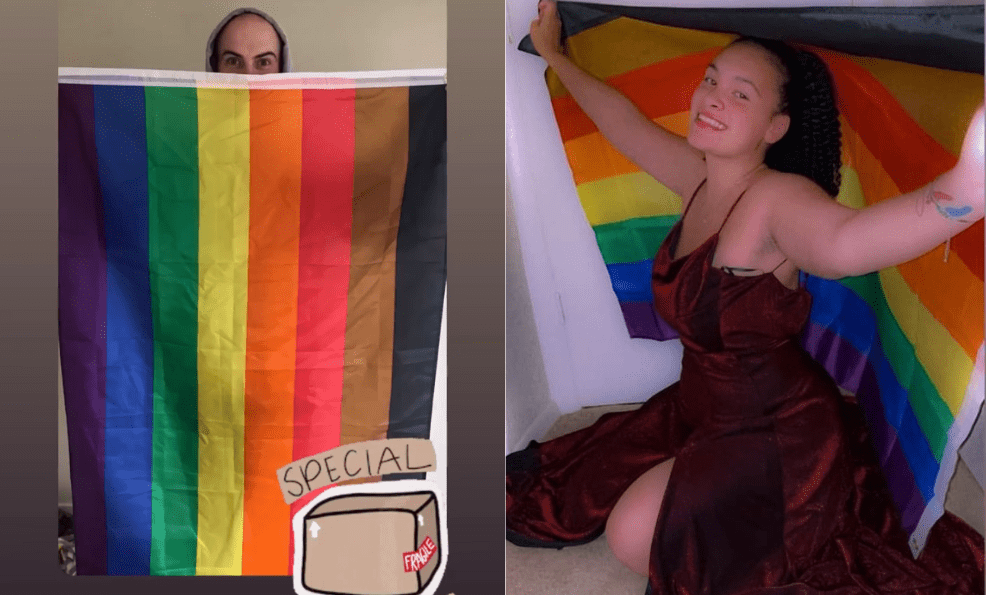
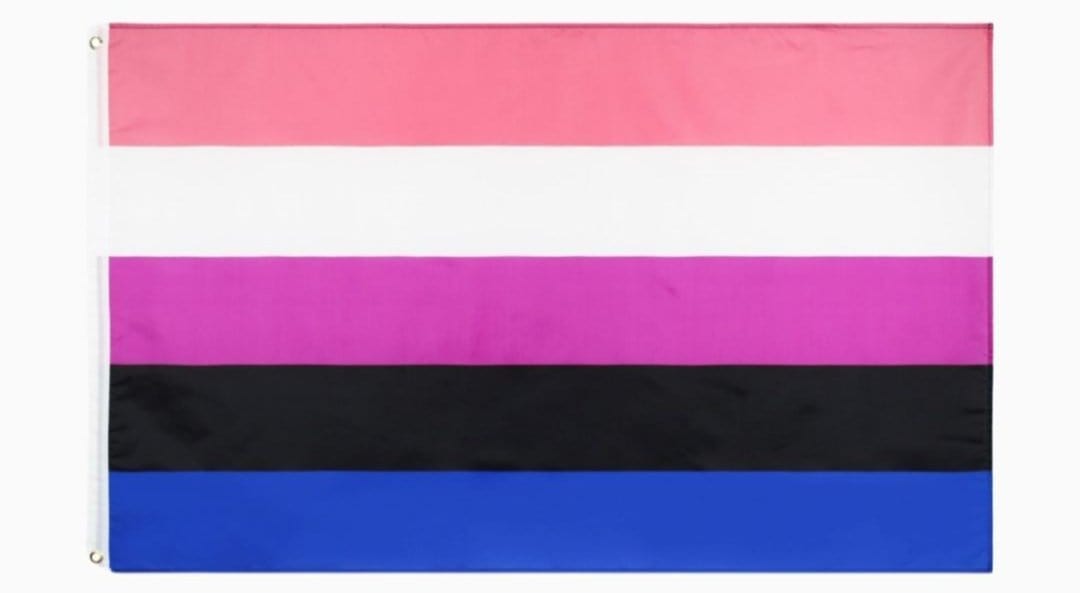
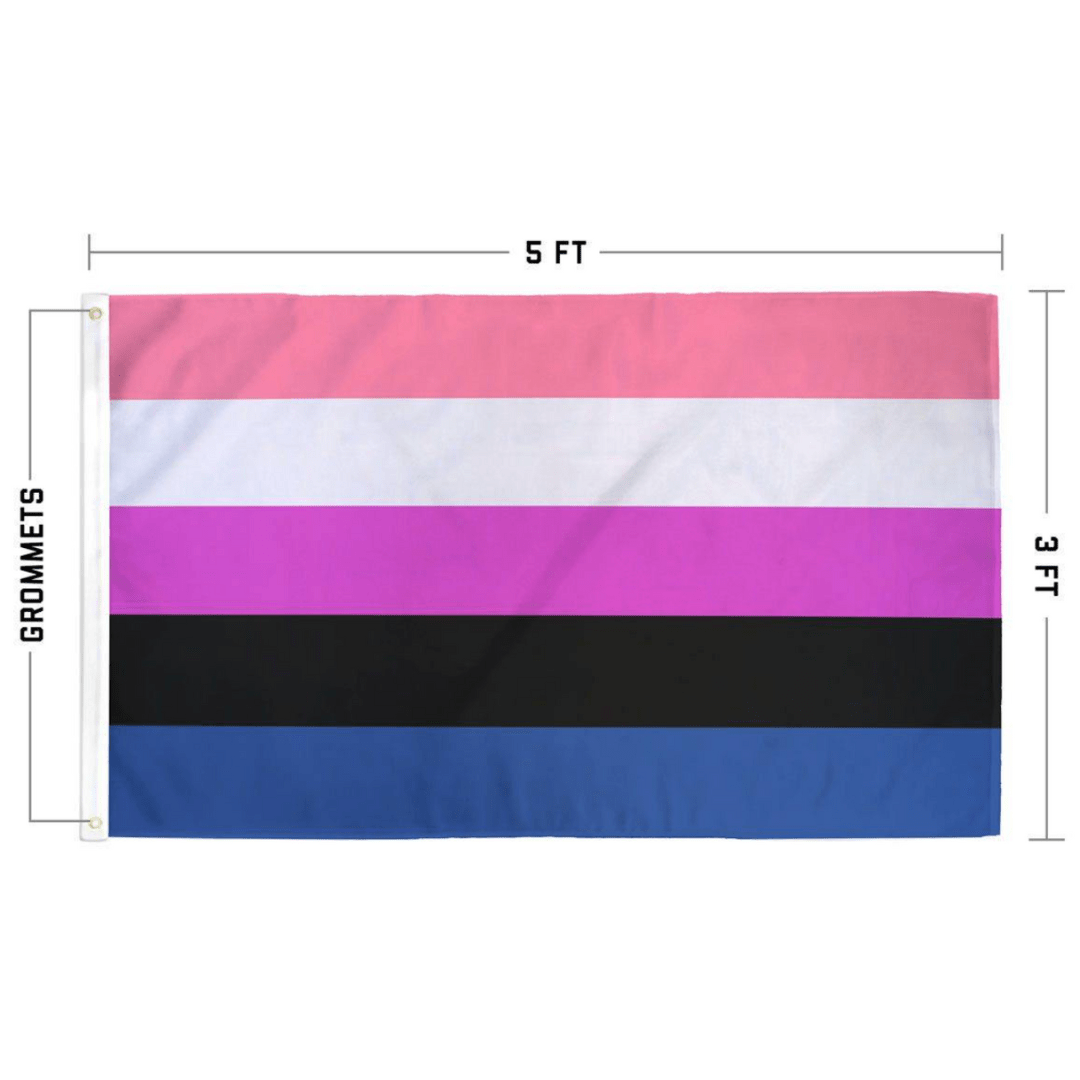
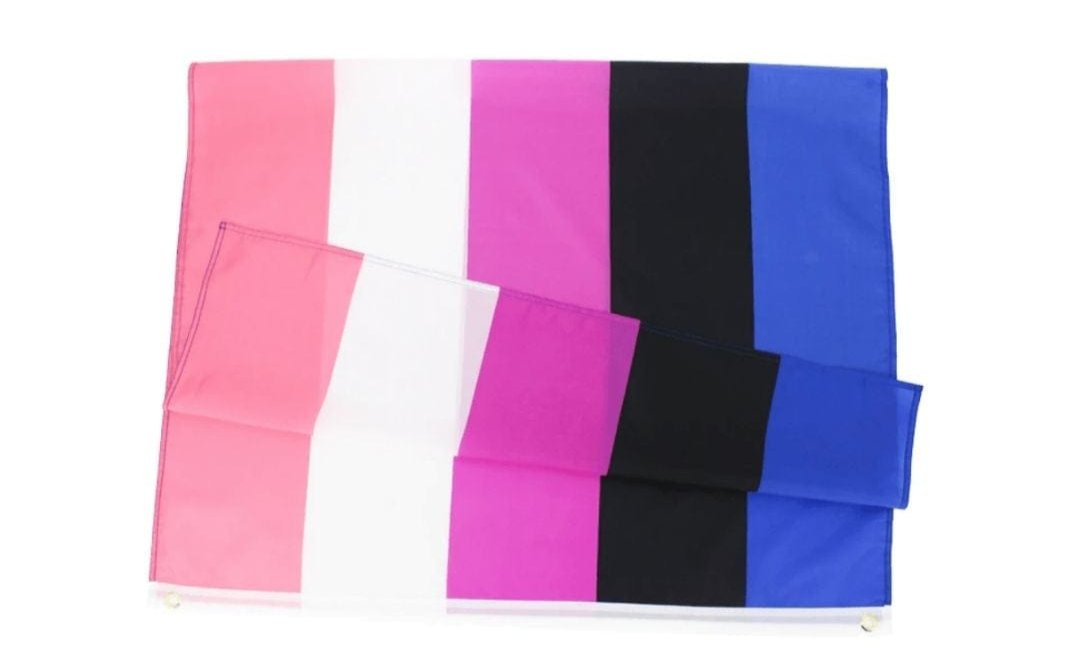
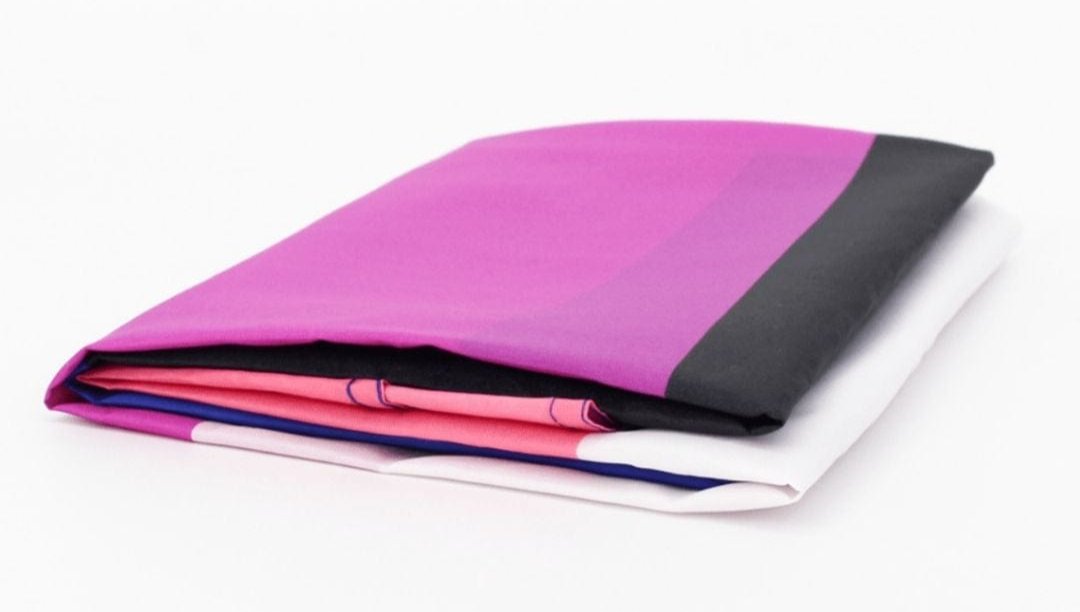
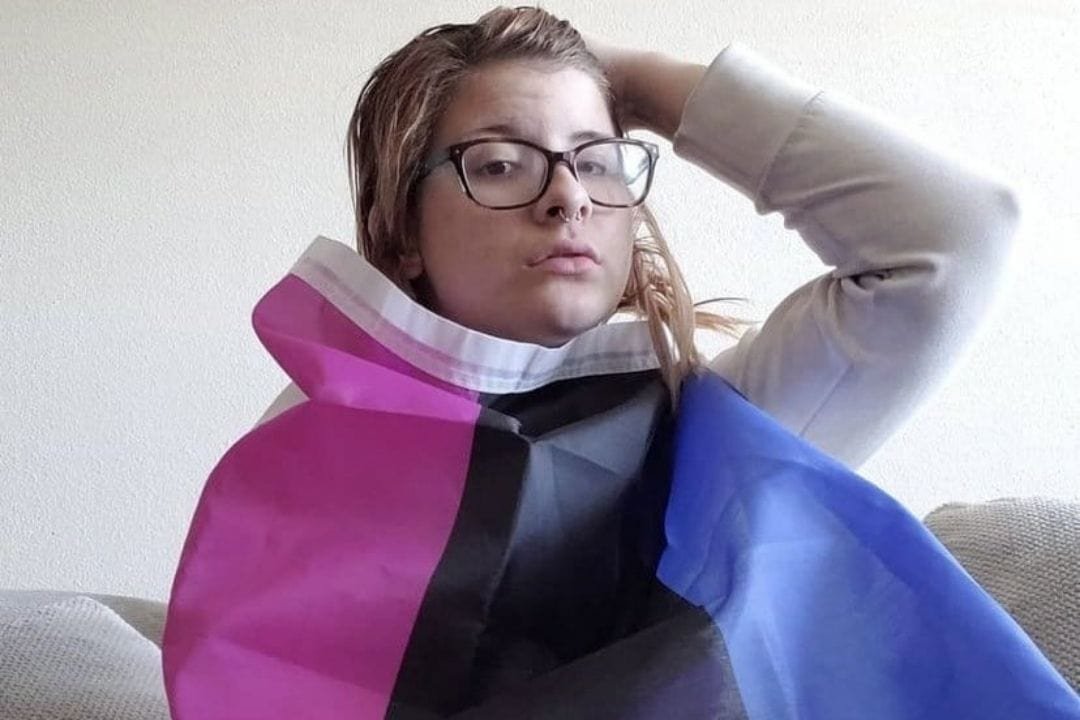
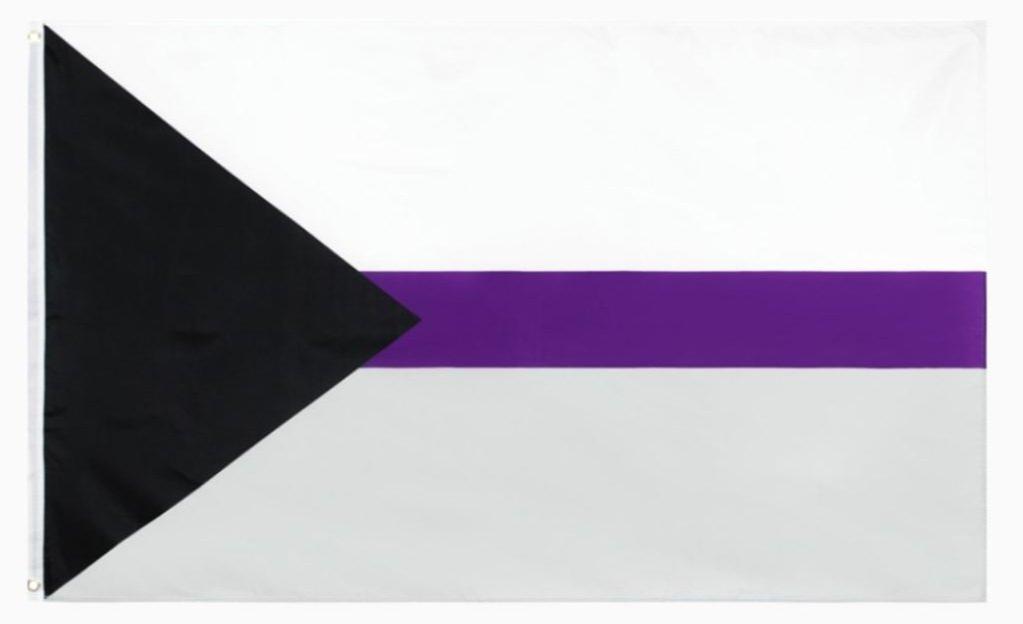
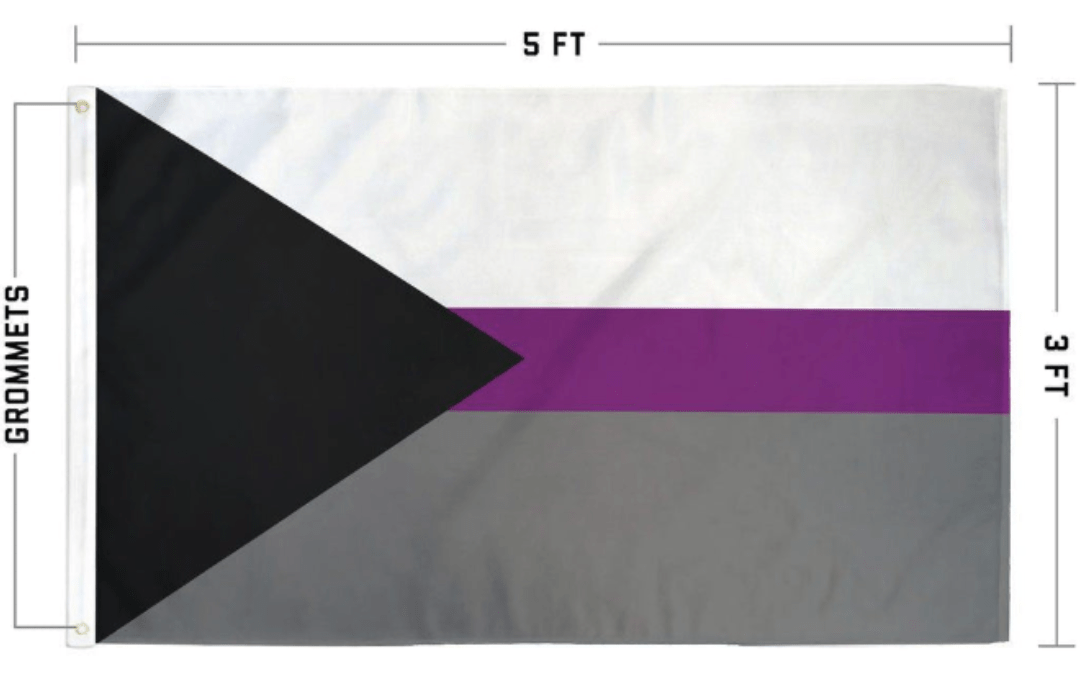
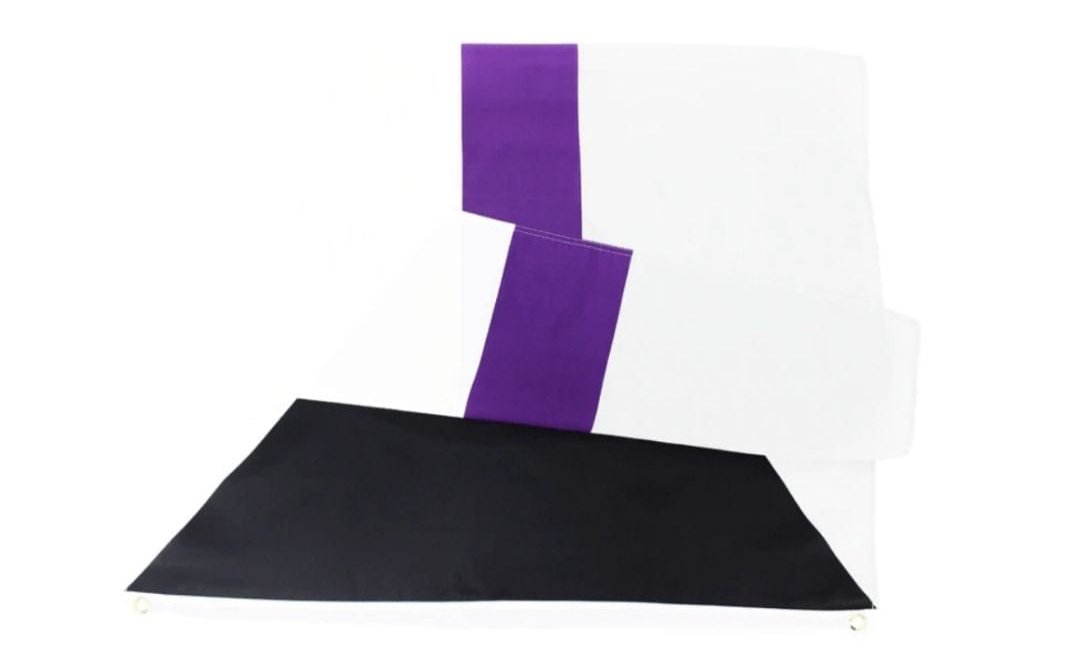
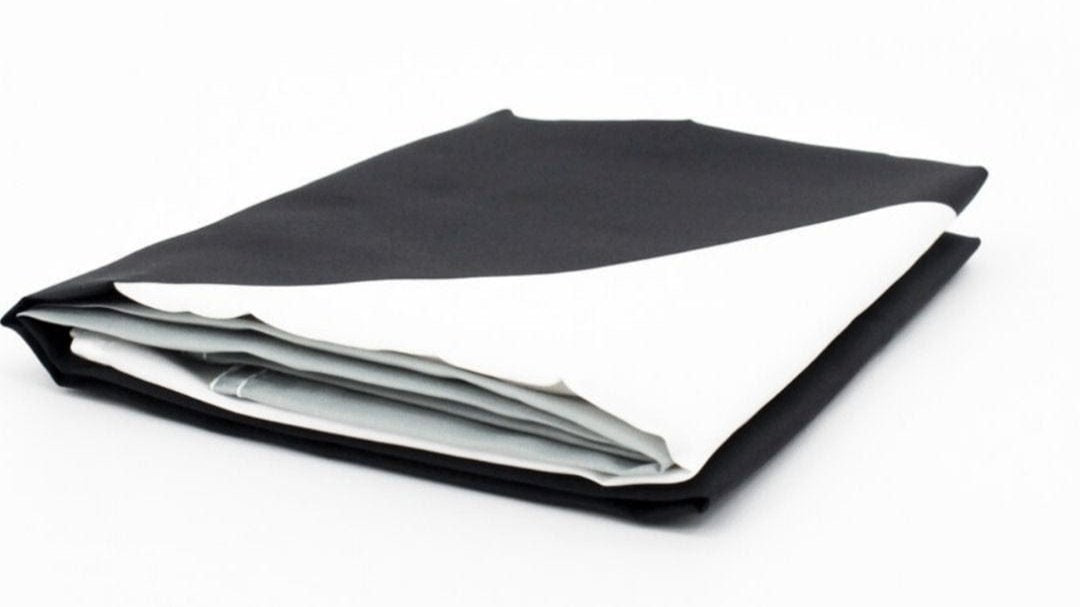
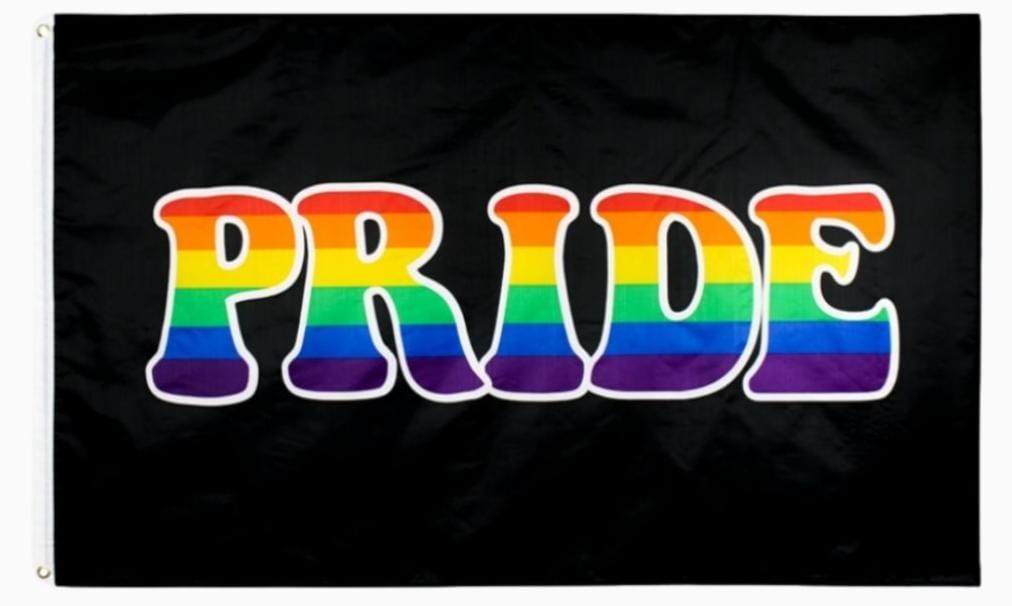
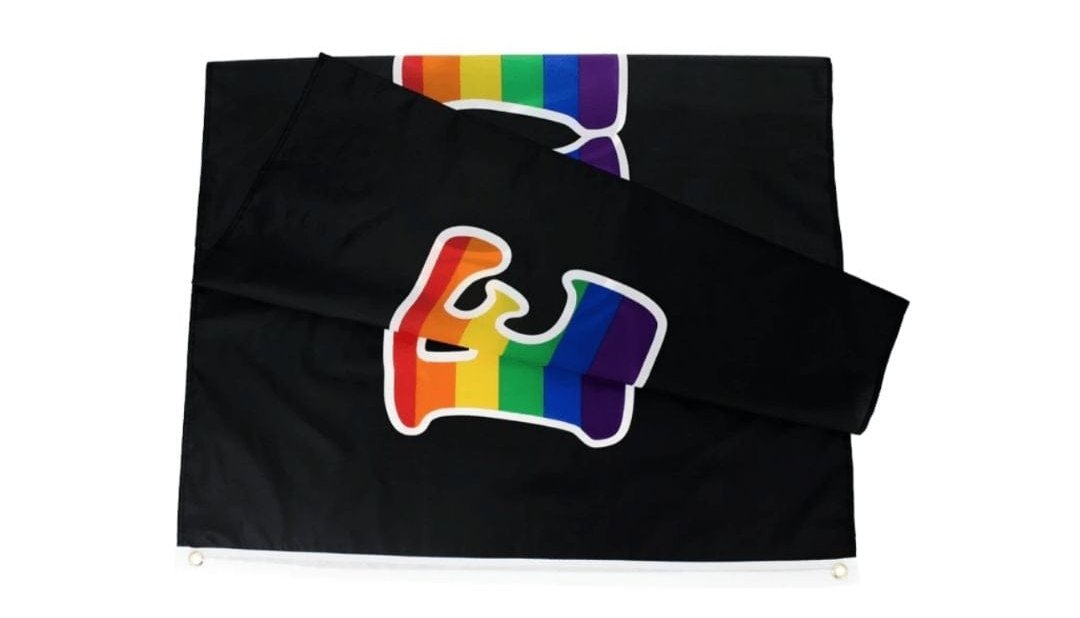
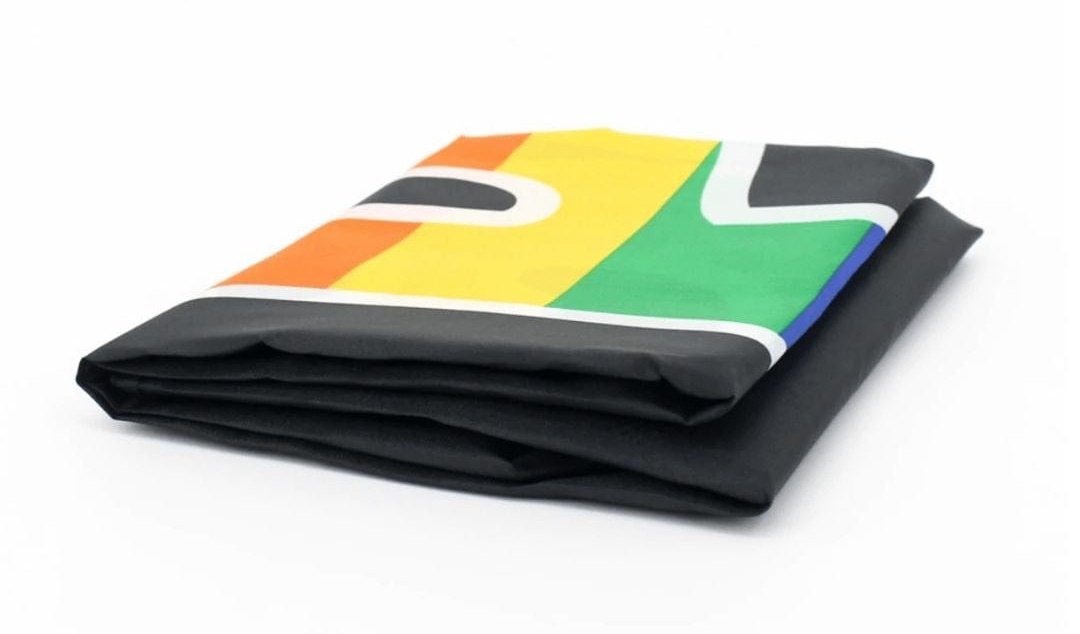
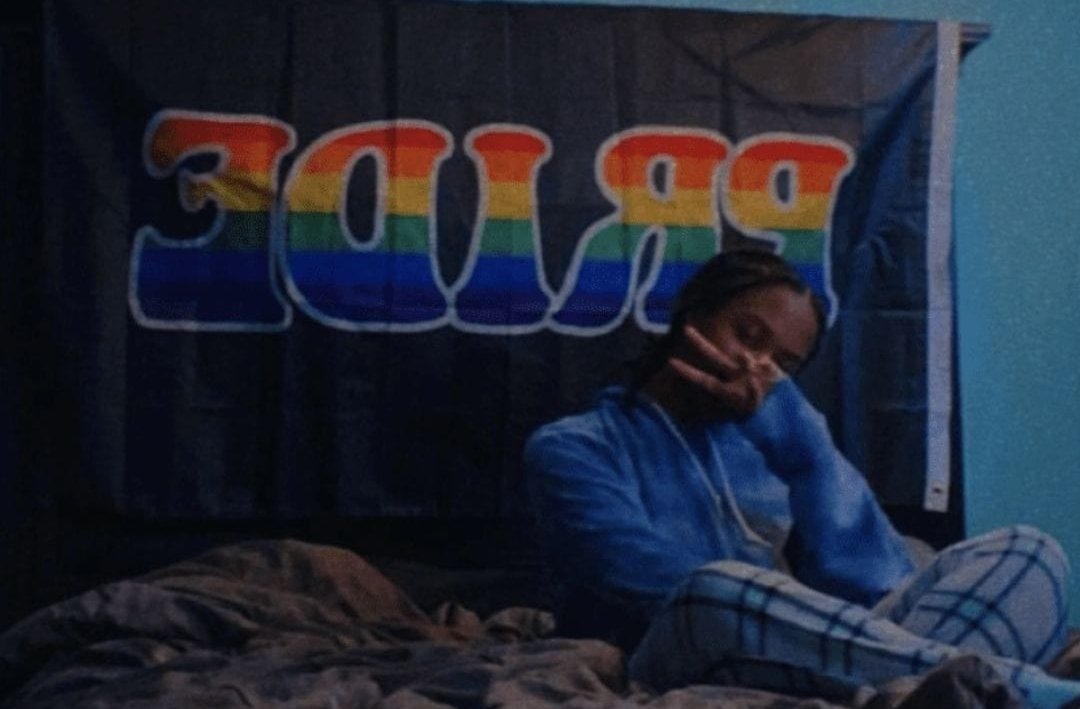
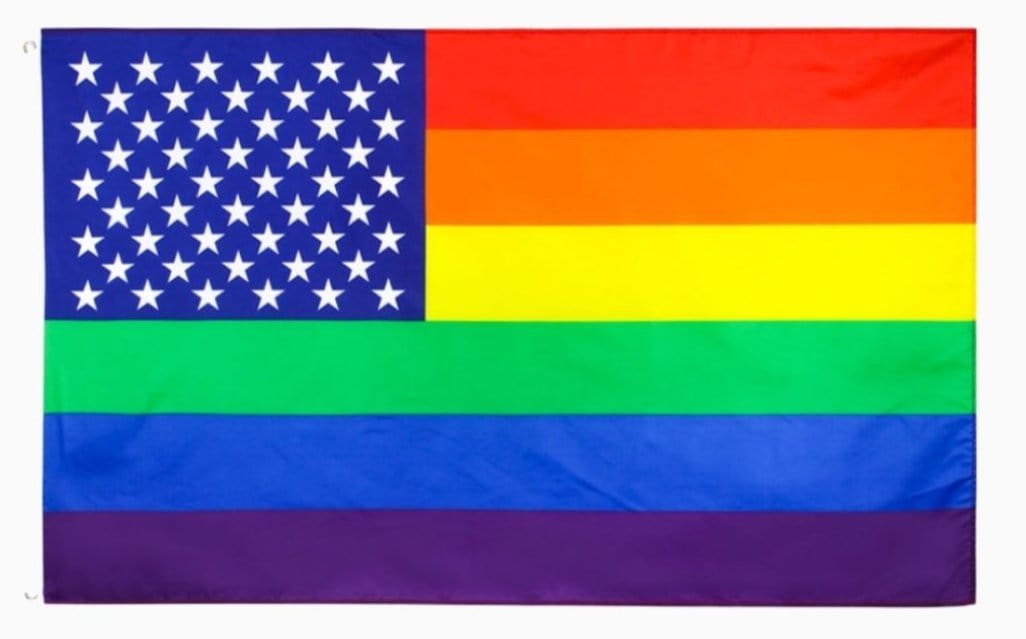
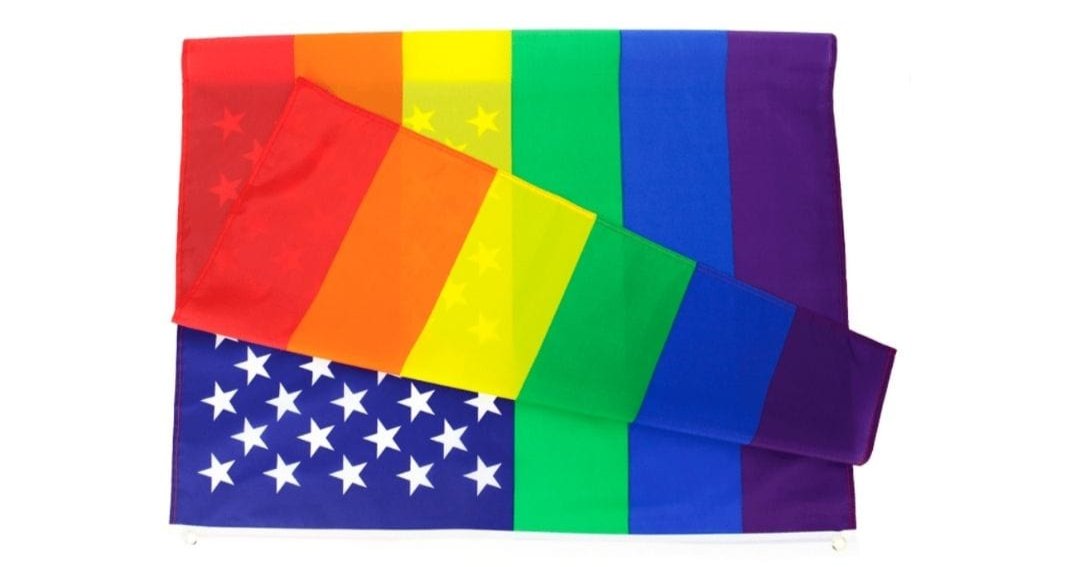
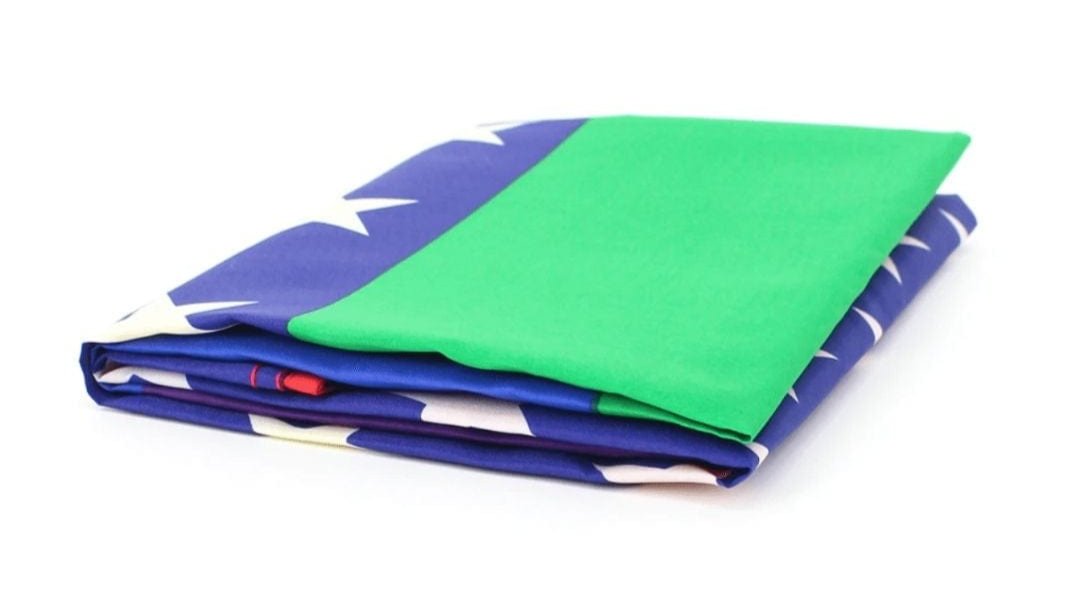
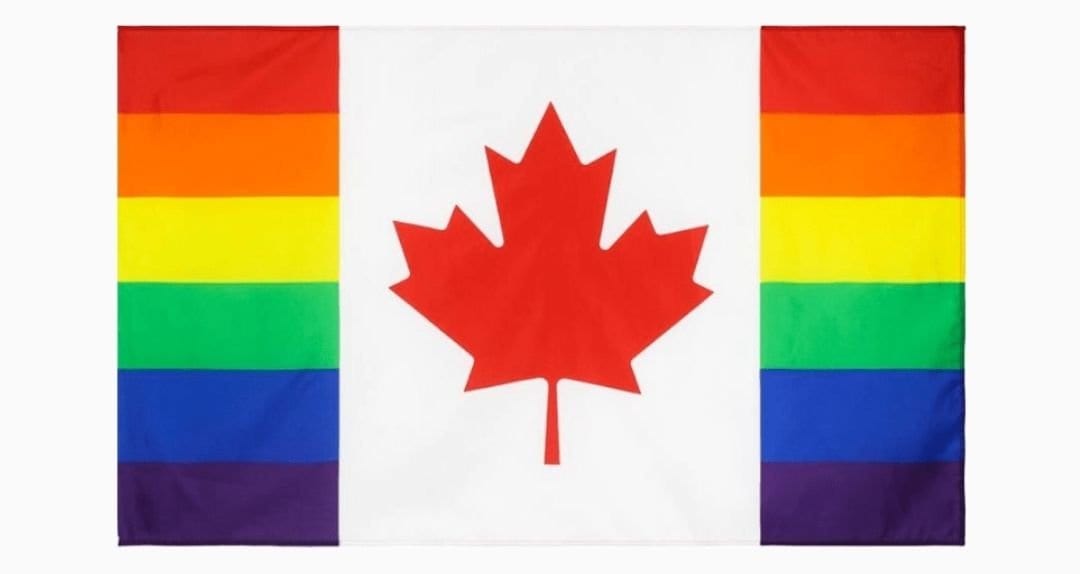
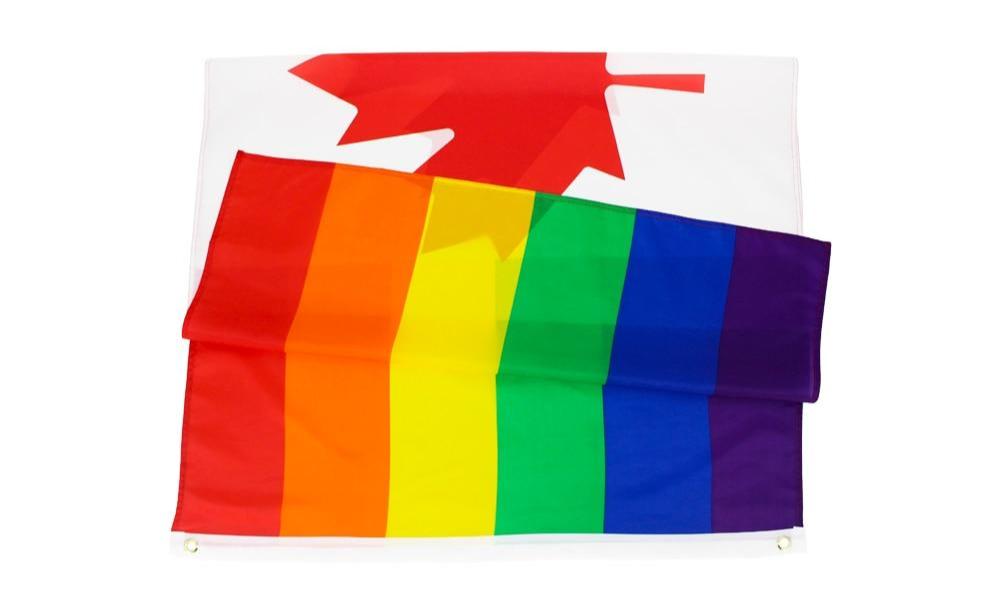
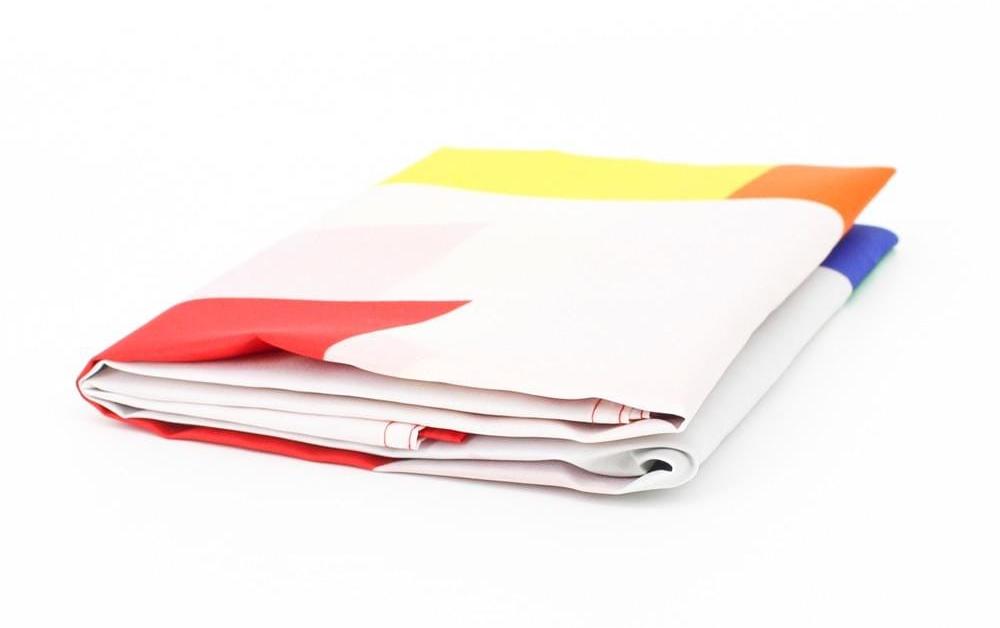
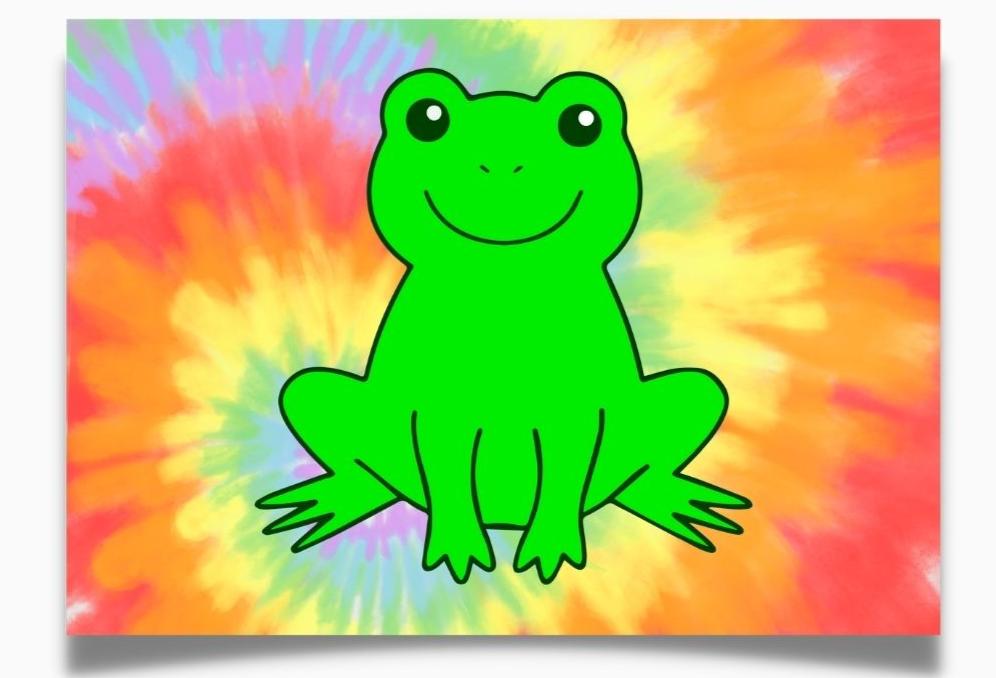
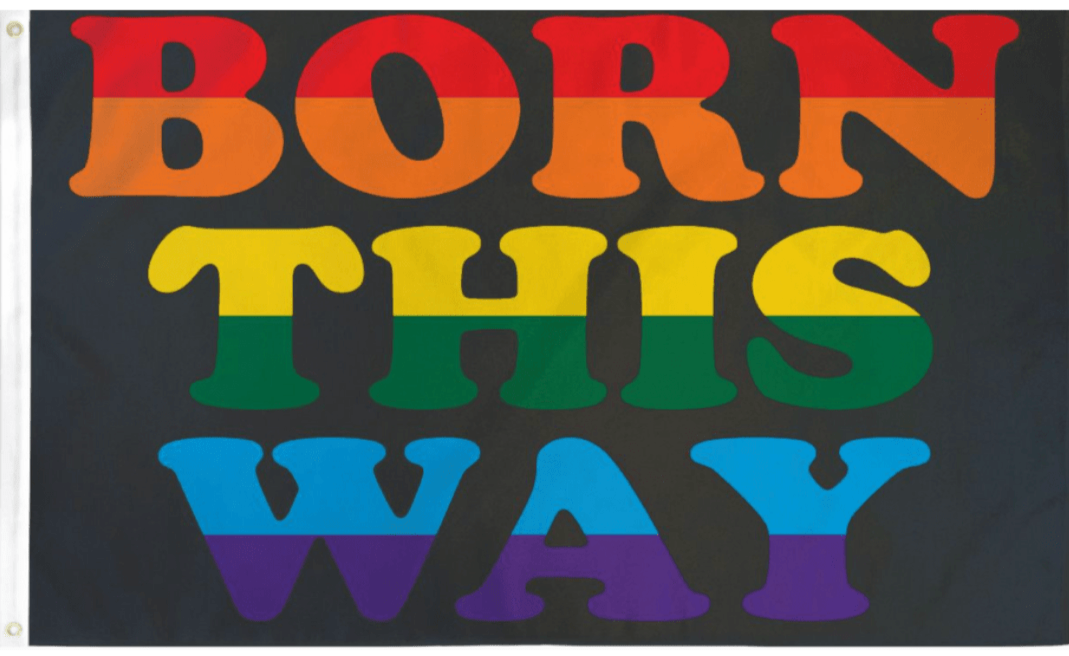
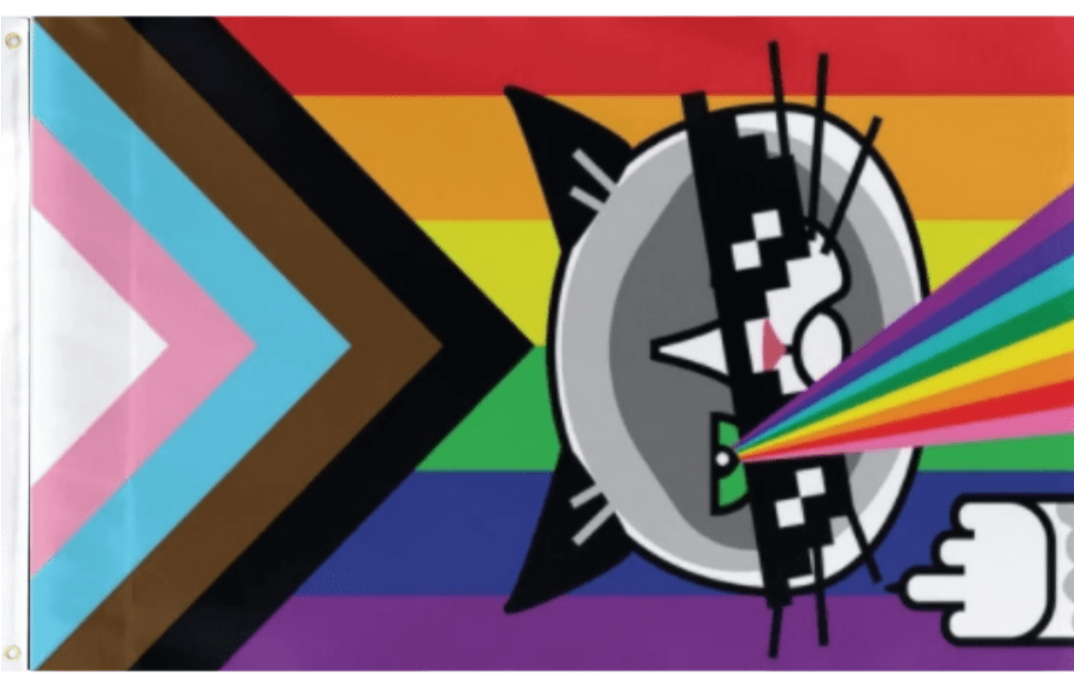
Comments
На данной платформе вы найдете учреждение психологического здоровья, которая предлагает психологические услуги для людей, страдающих от депрессии и других ментальных расстройств. Мы предлагаем эффективные методы для восстановления ментального здоровья. Наши опытные психологи готовы помочь вам преодолеть трудности и вернуться к психологическому благополучию. Профессионализм наших врачей подтверждена множеством положительных отзывов. Обратитесь с нами уже сегодня, чтобы начать путь к восстановлению.
http://familymg.com/media/js/netsoltrademark.php?d=empathycenter.ru%2Fpreparations%2Fm%2Fmelatonin%2F
Современная клиника предлагает широкий спектр медицинских услуг для всей семьи.
Опытные врачи имеют многолетний опыт и применяют передовые методики.
В клинике созданы безопасная и уютная атмосфера для диагностики и лечения.
Клиника предоставляет персонализированные медицинские решения для каждого пациента.
Мы заботимся о здоровью наших пациентов.
Каждый посетитель может рассчитывать на внимательное отношение без очередей и лишнего стресса.
bettaso.com
На данном сайте вы найдете всю информацию о психическом здоровье и способах улучшения.
Мы рассказываем о методах укрепления эмоционального равновесия и снижения тревожности.
Экспертные материалы и рекомендации специалистов помогут разобраться, как поддерживать душевное равновесие.
Важные темы раскрыты простым языком, чтобы каждый мог получить нужную информацию.
Позаботьтесь о своем ментальном состоянии уже сегодня!
http://ehemail.com/media/js/netsoltrademark.php?d=empathycenter.ru%2Fpreparations%2Ff%2Ffevarin%2F
На данном сайте вы можете купить лайки и подписчиков для Instagram. Это поможет увеличить вашу известность и привлечь больше людей. Мы предлагаем быструю доставку и гарантированное качество. Выбирайте удобный пакет и продвигайте свой аккаунт легко и просто.
Накрутка подписчиков Инстаграм купить дешево
Здесь можно найти способы диагностики и подходы по улучшению состояния.
http://getyourappsingear.com/media/js/netsoltrademark.php?d=empathycenter.ru%2Farticles%2Famitriptilin-pri-bolyah%2F
Отдельный раздел уделяется психологическим особенностям и их связи с эмоциональным состоянием.
Также рассматриваются эффективные терапевтические и психологические методы лечения.
Материалы помогут лучше понять, как справляться с депрессией в пожилом возрасте.
На этом сайте вы можете заказать накрутку лайков и фолловеров в социальных сетях , таких как ВК, TikTok, Telegram и другие .
Быстрая и безопасная накрутка аккаунта обеспечена.
бесплатно накрутить живых подписчиков на Ютуб
Доступные цены и надежное выполнение .
Начните рост популярности уже сейчас !
This site, you will find information about the 1Win gambling platform in Nigeria.
It includes various aspects, including the well-known online game Aviator.
https://1win-casino-ng.com/
You can also explore betting options.
Take advantage of a seamless gaming experience!
На данном сайте можно найти информацией о сериале “Однажды в сказке”, развитии событий и ключевых персонажах. смотреть онлайн однажды в сказке Здесь представлены интересные материалы о создании шоу, актерах и фактах из-за кулис.
Программа наблюдения за объектами – это современный инструмент для обеспечения безопасности , объединяющий технологии и удобство использования .
На сайте вы найдете подробное руководство по выбору и настройке систем видеонаблюдения, включая облачные решения , их преимущества и ограничения .
Системы видеонаблюдения
Рассматриваются гибридные модели , сочетающие облачное и локальное хранилище , что делает систему универсальной и эффективной.
Важной частью является разбор ключевых интеллектуальных возможностей, таких как детекция движения , распознавание объектов и дополнительные алгоритмы искусственного интеллекта.
На представленном сайте можно заказать оригинальные сумки Coach https://coach-bag-shop.ru/.
В каталоге представлены стильные модели для всех случаев.
Любая сумка сочетает в себе премиальность и утонченность.
Оформите заказ сейчас и получите быструю пересылку в минимальные сроки!
На этом сайте вы сможете найти подробную информацию о препарате Ципралекс. Здесь представлены сведения о основных показаниях, дозировке и возможных побочных эффектах.
http://QacbaMorjanaMorocco.jocc.xyz/category/website/wgI2vZFhZf5rbhFqBTP7G0CD1
На этом сайте вы найдёте подробную информацию о лекарственном средстве Ципралекс. Здесь представлены информация о основных показаниях, режиме приёма и вероятных побочных эффектах.
http://ZimovkaZhargabayKazakhstan.eorg.site/category/website/wgI2vZFhZf5rbhFqBTP7G0CD1
На этом сайте можно найти информацией о системах видеонаблюдения, разновидностях и особенностях. Здесь представлены полезные сведения о выборе оборудования, монтаже и настройке.
видеонаблюдение
На данном сайте вы сможете найти подробную информацию о препарате Ципралекс. Вы узнаете здесь сведения о показаниях, режиме приёма и вероятных побочных эффектах.
http://RoabergetNorway.eorg.site/category/website/wgI2vZFhZf5rbhFqBTP7G0CD1
На этом сайте вы сможете найти подробную информацию о способах лечения депрессии у людей преклонного возраста. Вы также узнаете здесь о методах профилактики, современных подходах и советах экспертов.
https://ratingforex.ru/forum-forex/viewtopic.php?f=18&t=68269&sid=a02bdc1e41a6299f01690d9792b12813
На этом сайте вы найдёте подробную информацию о способах лечения депрессии у пожилых людей. Также здесь представлены методах профилактики, современных подходах и рекомендациях специалистов.
http://aircomf.com/z-millennium-r-410a-packaged-unit/
Мы доставляем свежие цветы из Голландии в любую точку Финляндии.
Мы выбираем только самые свежие и качественные цветы, чтобы порадовать вас.
цветы финляндия
Официальный интернет-магазин Bottega Veneta предлагает широкий ассортимент изделий премиум-класса от знаменитого производителя. В нашем каталоге вы сможете выбрать и купить аксессуары из последней коллекции с доставкой по Москве и России.
https://bottega-official.ru
Бренд Tissot — легендарный швейцарский производитель наручных часов, который славится своим надежным качеством и уникальным дизайном. Уже более 150 лет фирма производит современные часы, которые завоевали популярность по всему миру.
https://tissot.icefashion.ru
https://worldsocialindex.com/story3781207/Промокоды-lamoda
В нашем магазине вы можете купить кроссовки New Balance 574. Эта модель выделяется комфортом и стильным дизайном. New Balance 574 идеальны для занятий спортом. Закажите свою пару уже сегодня и насладитесь качеством легендарного бренда.
https://nb574.sneakero.ru/
Бренд Balmain — это олицетворение элегантности и парижского стиля. Созданный в 1945 году Пьером Бальманом, он быстро стал лидера среди мировых брендов. Сегодня Balmain производит популярные коллекции одежды и стильные элементы, воплощающие дух глобального стиля, но не теряющие наследие бренда.
https://balmain1.ru/balmain/381-kak-otlichit-originalnyy-balmain-ot-poddelki/
Стильные заметки по созданию стильных образов на любой день.
Мнения профессионалов, новости, все новинки и мероприятия.
https://watches.superpodium.com/
Стильные заметки по выбору модных образов на каждый день.
Статьи профессионалов, события, все коллекции и мероприятия.
https://lecoupon.ru/news/2029-10-02-7-prichin-lyubit-brend-herno/
Модные заметки по подбору модных образов на любой день.
Обзоры профессионалов, новости, все показы и мероприятия.
https://luxe-moda.ru/chic/505-7-luchshih-sumok-guess-dlya-pokupki-v-2024-godu-stil-i-funktsionalnost/
Стильные заметки по созданию крутых видов на любой день.
Заметки профессионалов, события, все новинки и шоу.
https://mvmedia.ru/novosti/123-10-interesnyh-faktov-o-vetements-brend-kotoryy-izmenil-mir-mody/
Модные советы по подбору крутых луков на любой день.
Статьи профессионалов, новости, все дропы и шоу.
https://sochidaily.ru/read/2024-09-10-demna-gvasaliya-ikona-sovremennoy-mody-i-kreativnyy-revolyutsioner
Самые свежие события мира fashion.
Важные эвенты самых влиятельных подуимов.
Модные дома, торговые марки, haute couture.
Приятное место для трендовых людей.
https://balmain1.ru/balmain/381-kak-otlichit-originalnyy-balmain-ot-poddelki/
Абсолютно стильные новости моды.
Абсолютно все эвенты известнейших подуимов.
Модные дома, лейблы, высокая мода.
Лучшее место для стильныех людей.
https://luxe-moda.ru/chic/162-loro-piana-lyubimyy-brend-politikov-i-biznesmenov/
Полностью актуальные новости индустрии.
Важные мероприятия мировых подуимов.
Модные дома, лейблы, гедонизм.
Самое лучшее место для стильныех людей.
https://hypebeasts.ru/
Полностью трендовые новости модного мира.
Актуальные новости лучших подуимов.
Модные дома, лейблы, haute couture.
Лучшее место для трендовых людей.
https://fashionvipclub.ru/news/2024-06-19-gruzin-kotoryy-perevernul-mirovuyu-modu-demna-gvasaliya/
Абсолютно свежие новинки индустрии.
Важные мероприятия известнейших подуимов.
Модные дома, бренды, высокая мода.
Лучшее место для модных людей.
https://metamoda.ru/
https://metamoda.ru/